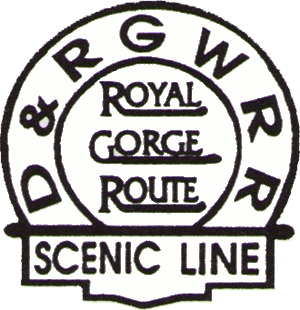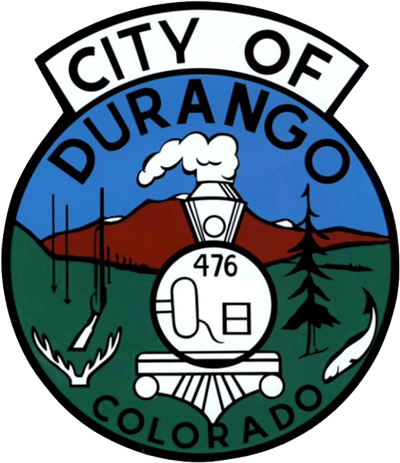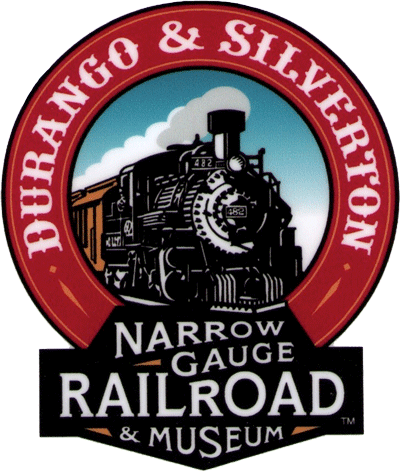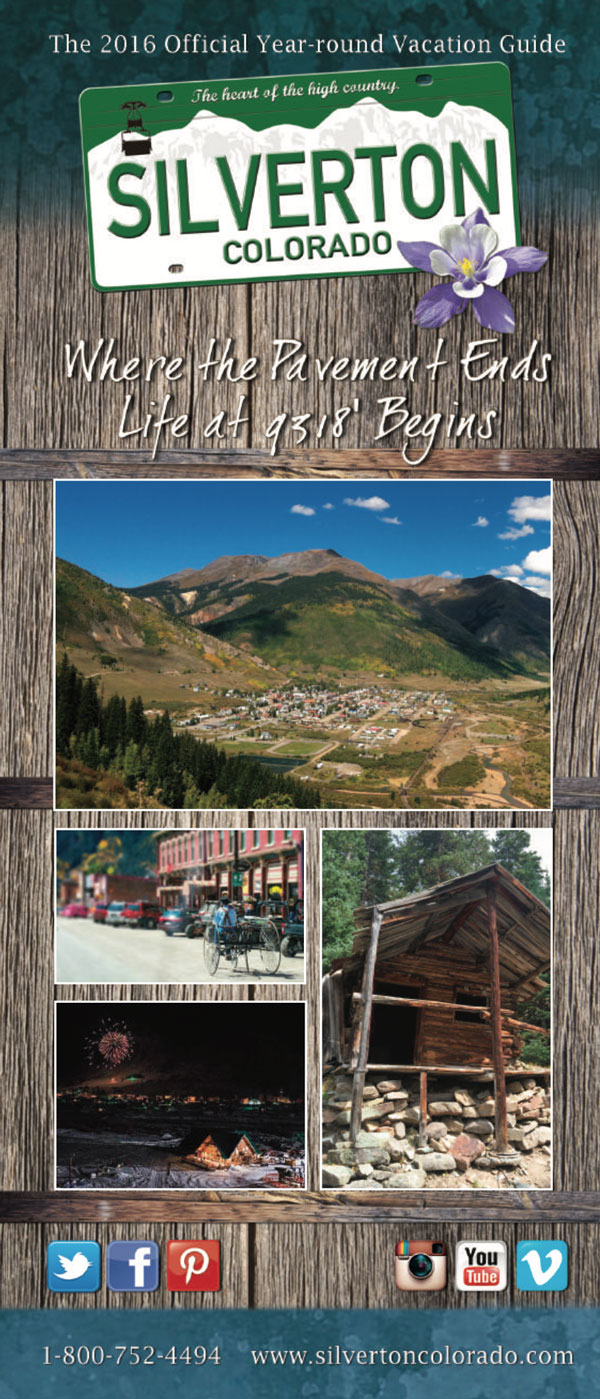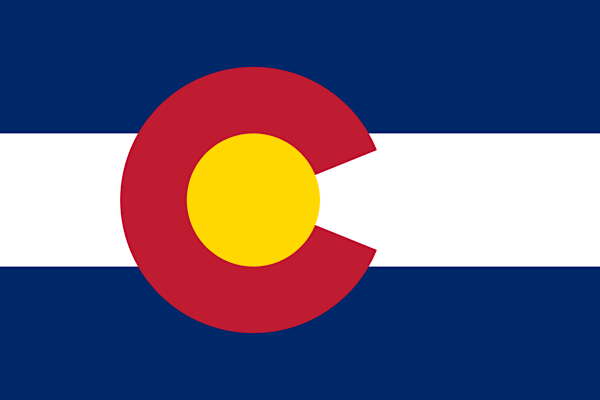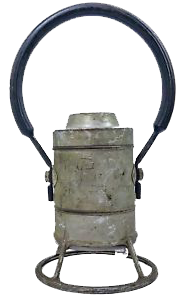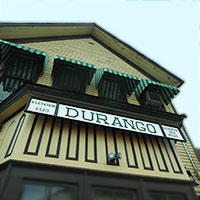 |
Durango & Silverton Narrow Gauge Stations and Towns |
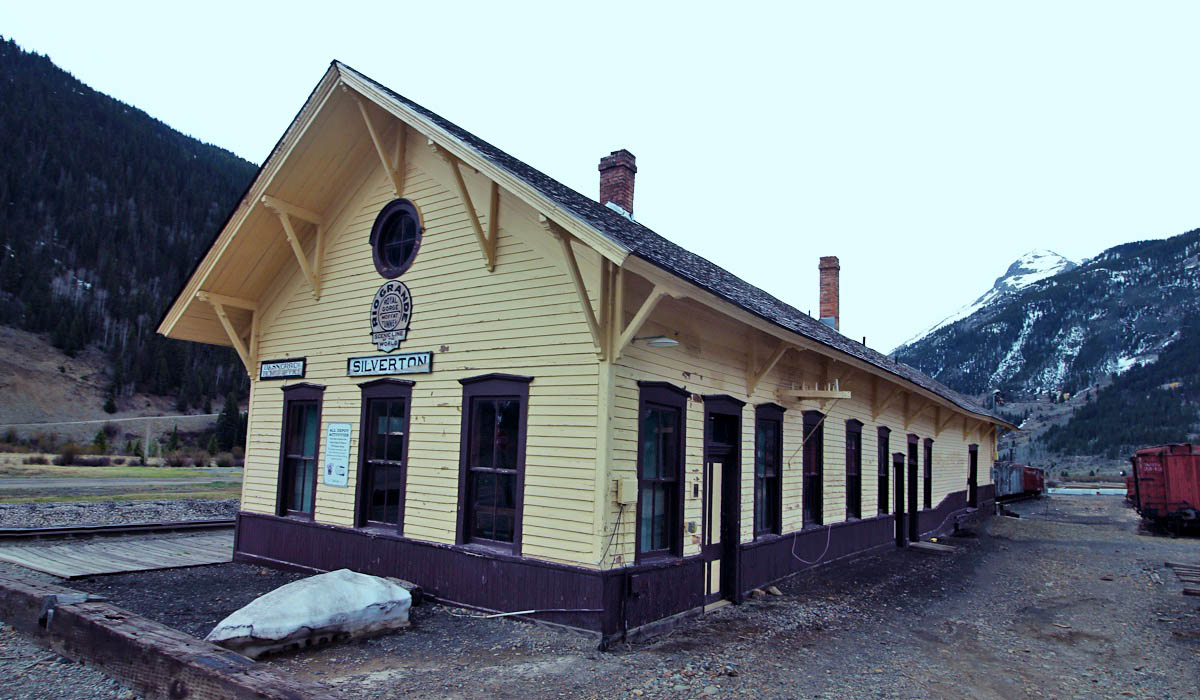
Silverton, Co / May 2023 / RWH
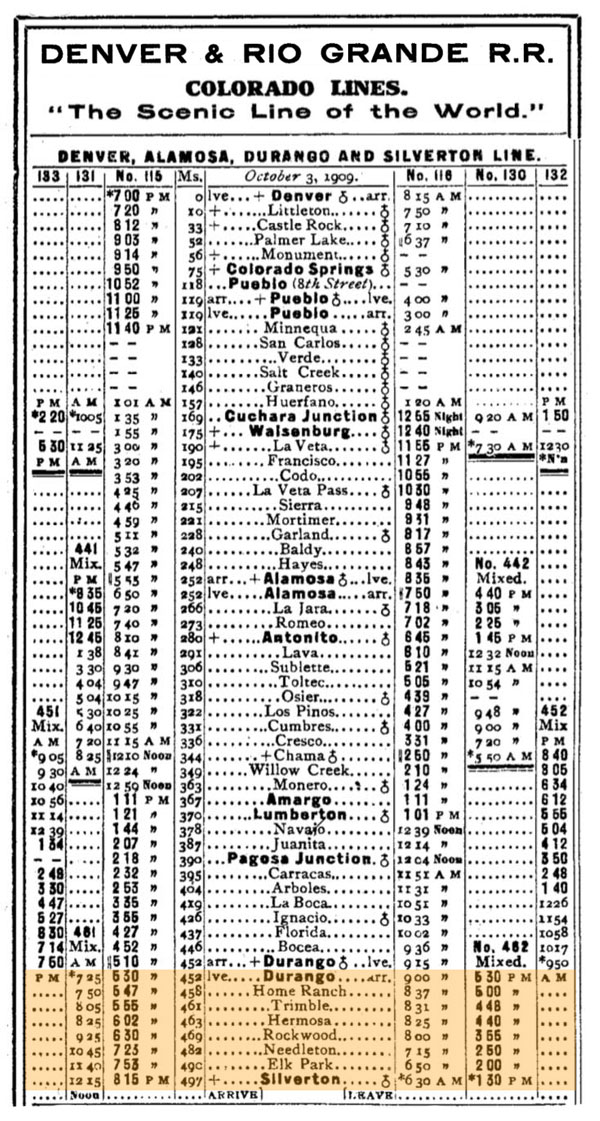
1910 Official Guide ad / collection
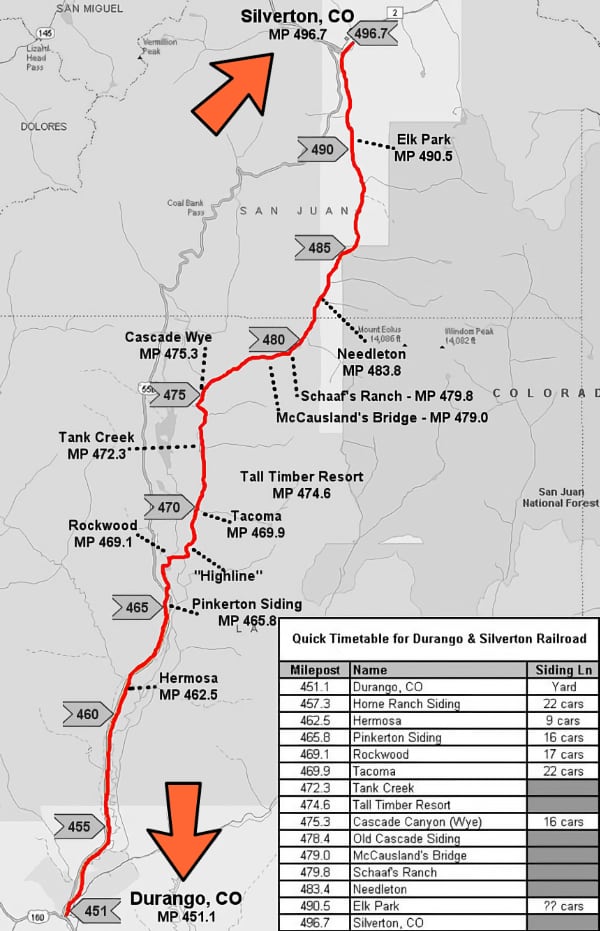
stations map / adapted RWH
HawkinsRails thanks our old pal Gordon Payne for sharing his DSNG Silverton images

 Durango
Durango

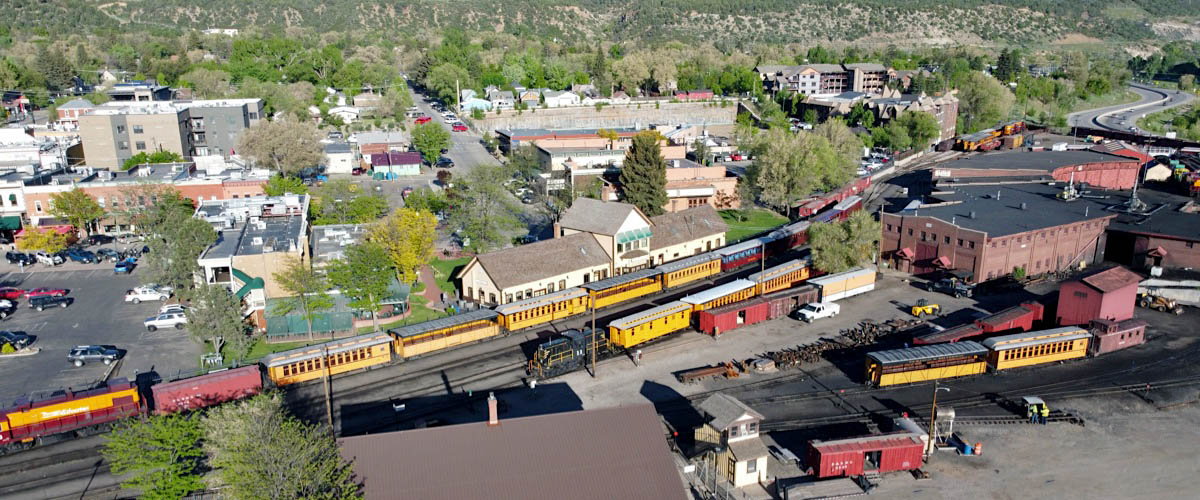
Durango, Co / May 2023 / RWH
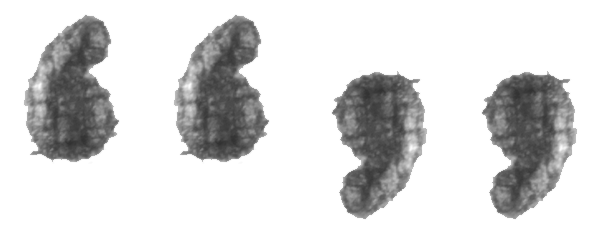
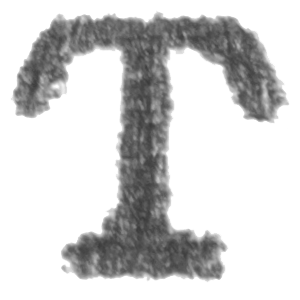 he Denver and Rio Grande Railroad Company formed Durango along the banks of the Animas River in September 1880 to serve the San Juan mining district. Lots of silver (and later, even more of gold) was being discovered in the mountains ever since gold fever struck in 1872 and resulted in the settlement of mining towns like Silverton, 50 miles north. Durango had a more tolerable climate and a good supply of water and coal for operating the smelters to pull precious metals out of the ore.
The railroad company chose a site south of the town of Animas City for its depot. It bought up the land in the eventual downtown Durango area using various different names to conceal what it was doing. The land was purchased for less money this way. When the train steamed through Animas City on its way north in 1881, it didn't even stop there!
he Denver and Rio Grande Railroad Company formed Durango along the banks of the Animas River in September 1880 to serve the San Juan mining district. Lots of silver (and later, even more of gold) was being discovered in the mountains ever since gold fever struck in 1872 and resulted in the settlement of mining towns like Silverton, 50 miles north. Durango had a more tolerable climate and a good supply of water and coal for operating the smelters to pull precious metals out of the ore.
The railroad company chose a site south of the town of Animas City for its depot. It bought up the land in the eventual downtown Durango area using various different names to conceal what it was doing. The land was purchased for less money this way. When the train steamed through Animas City on its way north in 1881, it didn't even stop there!
Today tourism is an important aspect of Durango's economy (along with recreation, natural resources development, education, government and business) and the Durango & Silverton Narrow Gauge Railroad continues to run on the spectacular narrow gauge railroad that was carved through the mountainsides along the Animas River Valley more than a century ago.
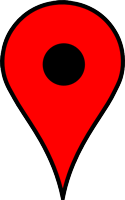 Depot
Depot
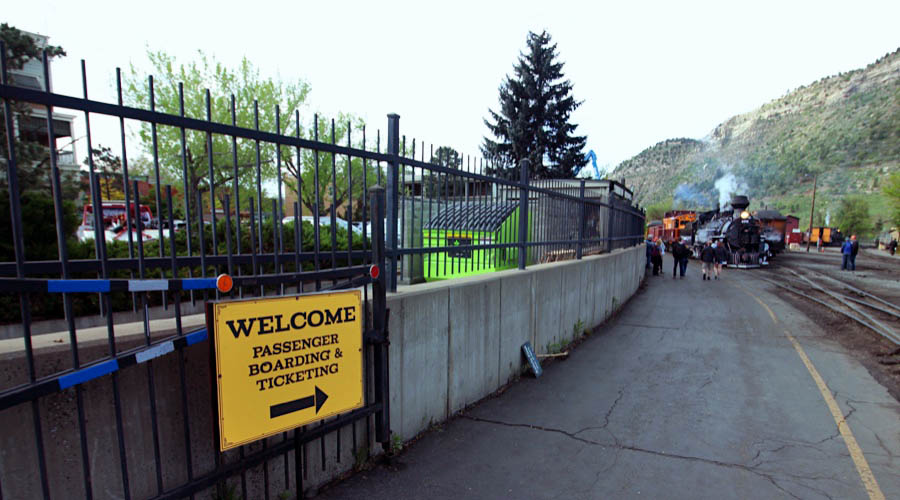
Durango, Co / May 2023 / RWH
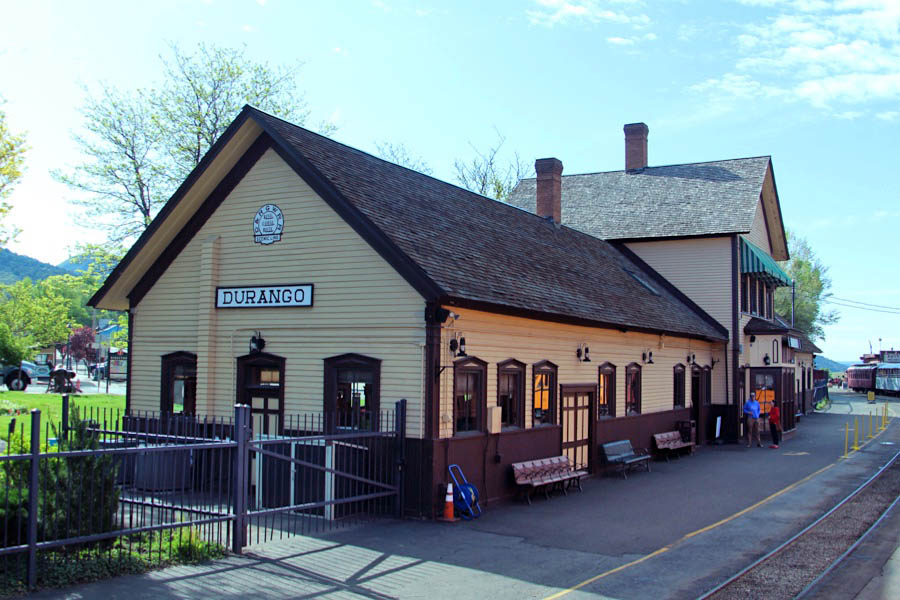
Durango, Co / May 2023 / RWH

Click to see the Durango depot plotted on a Google Maps page
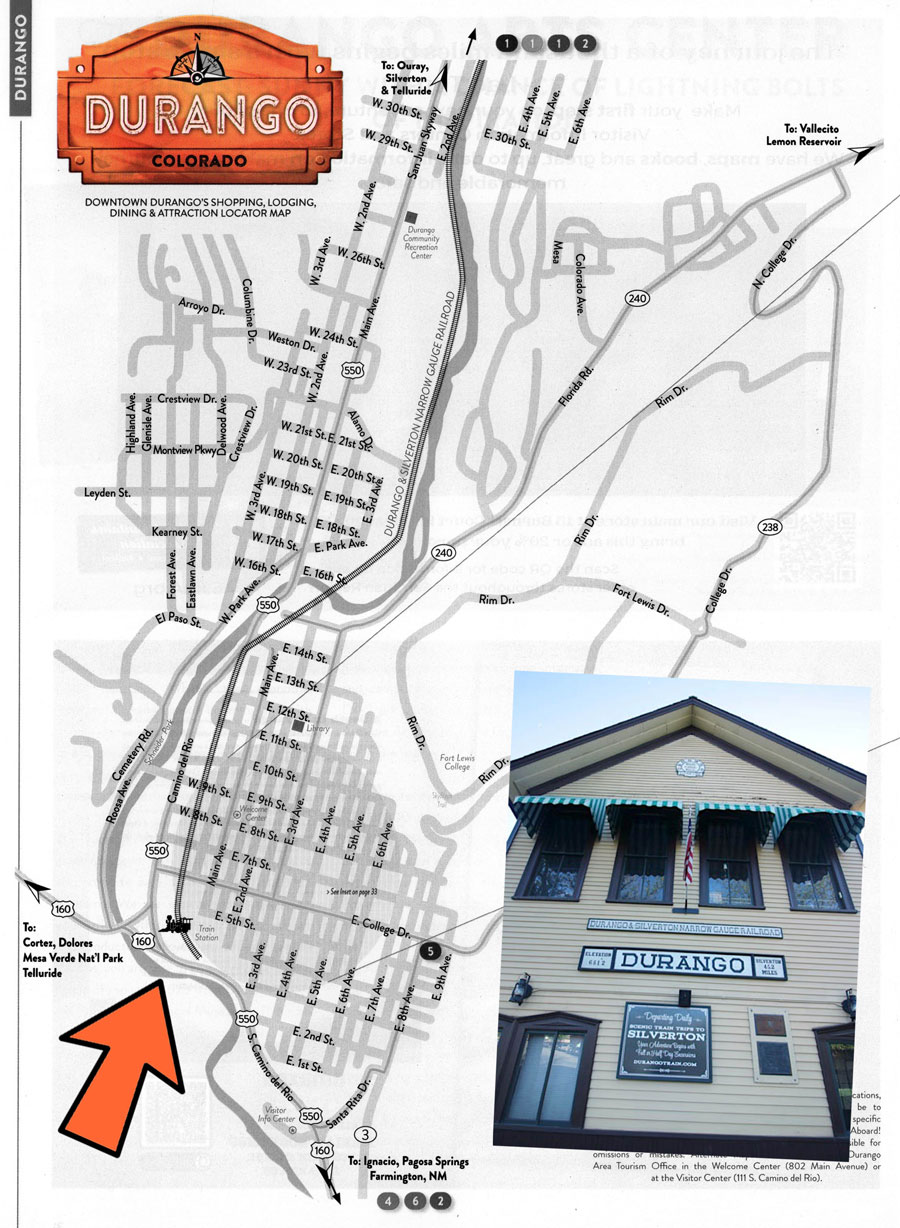
adapted from Durango & Silverton All Aboard! magazine - 2023 / collection
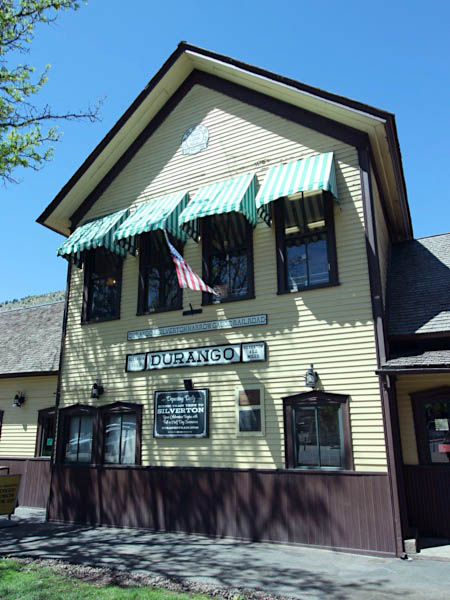
May 2023 / RWH
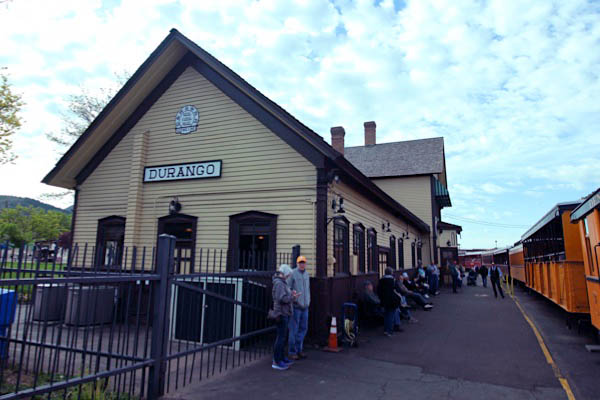
Durango, Co / May 2023 / RWH
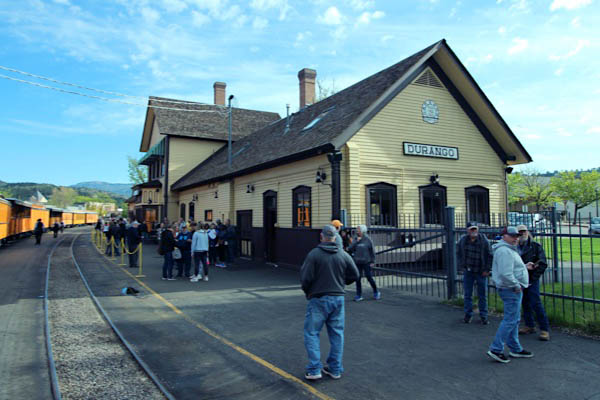
Durango, Co / May 2023 / RWH
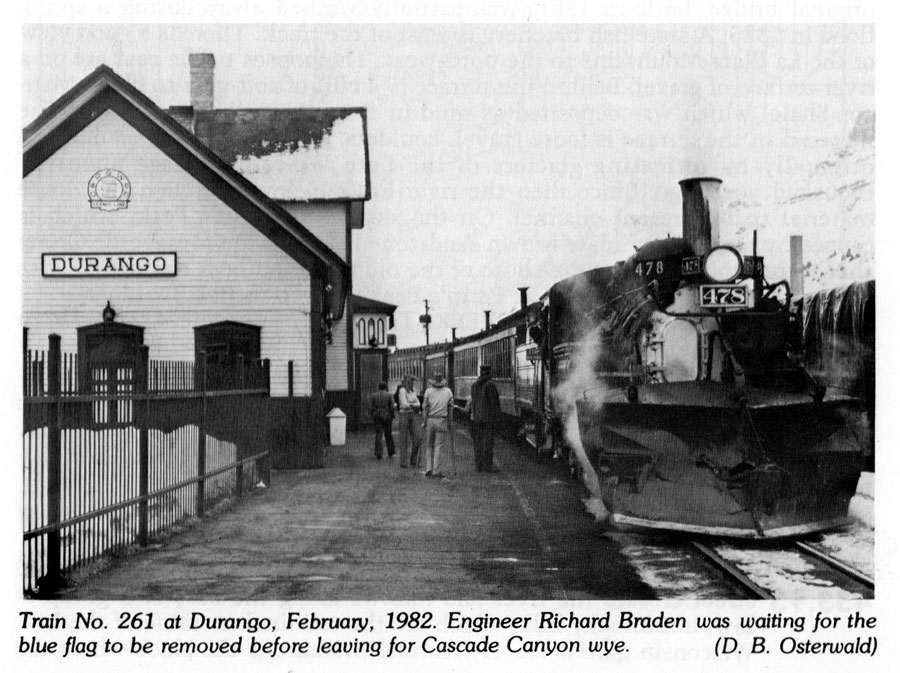
from Cinders & Smoke: A Guide to the D&SNRG by Doris Osterwald - 1986 / collection
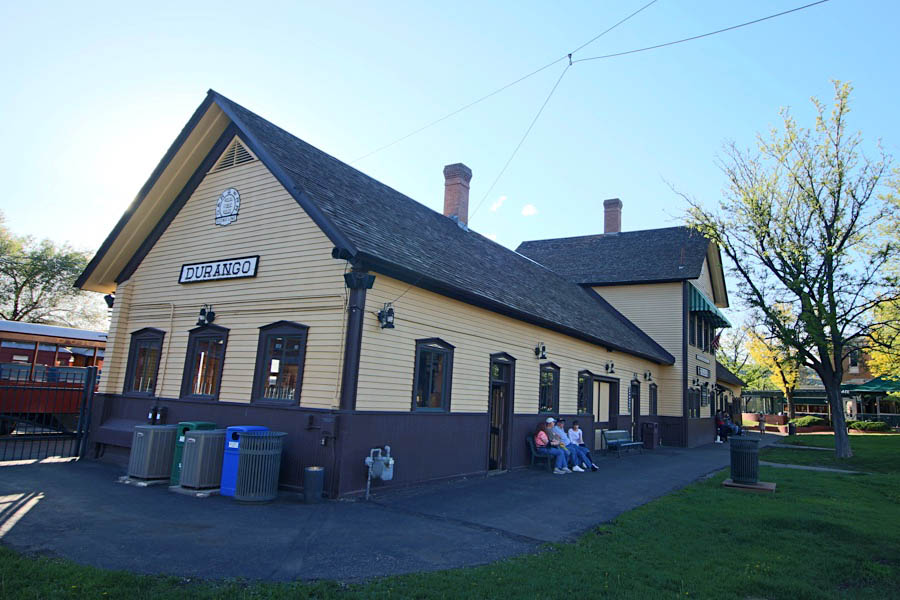
Durango, Co / May 2023 / RWH
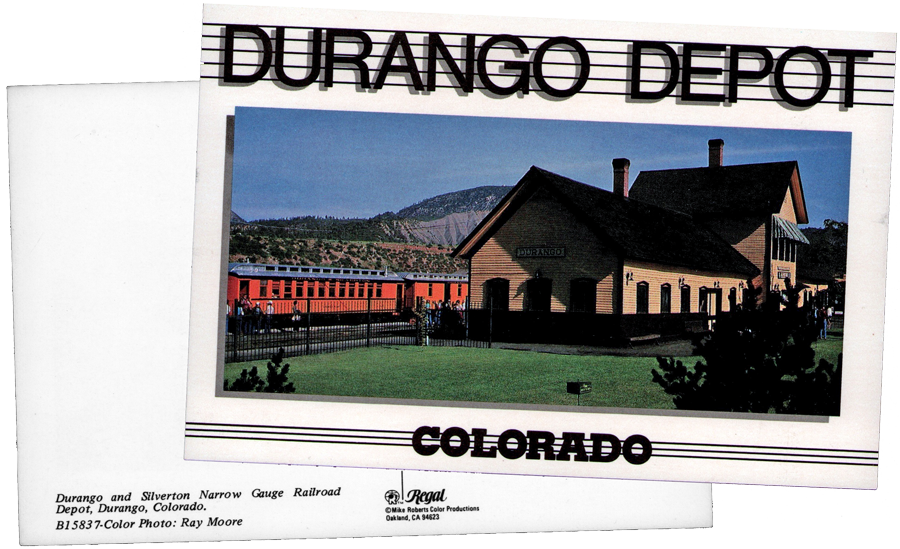
postcard / collection

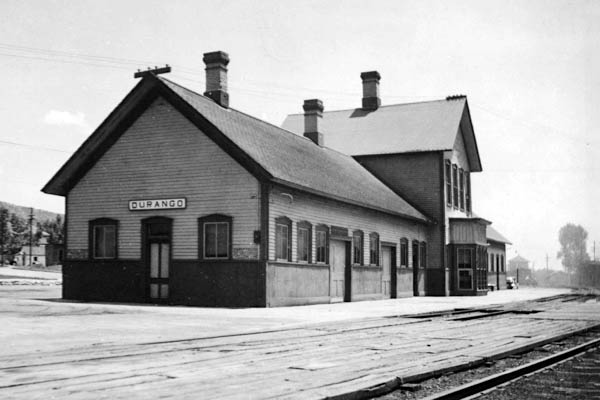
 he Silverton Branch of the Denver & Rio Grande was once part of an extensive network of three-foot-gauge railroads built to service the region's silver mines (hauling both workers and ore). In the mid-20th century, the system (some of which had been converted to standard gauge) began unraveling, until only two sections remained. Both are now tourist lines: the Cumbres & Toltec (owned by Colorado and New Mexico) and the privately owned portion called Durango & Silverton, which operates coal-fired steam trains (freight as well) through Colorado's San Juan Mountains. The Durango depot (1881) is essentially a long one-story building, broken in the center by a two-story cross gable. The upper portion was occupied at one time by the Rio Grande Southern. Covered in clap-boards, the station has simple pedimented window frames. The windows originally extended nearly to the floor, but most were shortened during the 1930s. The interior has been reconfigured for offices, rest rooms, and a gift shop. The current single waiting room was once divided into separate spaces for men and women.
he Silverton Branch of the Denver & Rio Grande was once part of an extensive network of three-foot-gauge railroads built to service the region's silver mines (hauling both workers and ore). In the mid-20th century, the system (some of which had been converted to standard gauge) began unraveling, until only two sections remained. Both are now tourist lines: the Cumbres & Toltec (owned by Colorado and New Mexico) and the privately owned portion called Durango & Silverton, which operates coal-fired steam trains (freight as well) through Colorado's San Juan Mountains. The Durango depot (1881) is essentially a long one-story building, broken in the center by a two-story cross gable. The upper portion was occupied at one time by the Rio Grande Southern. Covered in clap-boards, the station has simple pedimented window frames. The windows originally extended nearly to the floor, but most were shortened during the 1930s. The interior has been reconfigured for offices, rest rooms, and a gift shop. The current single waiting room was once divided into separate spaces for men and women.
Janet Greenstein Potter / Great American Railroads Stations / 1996
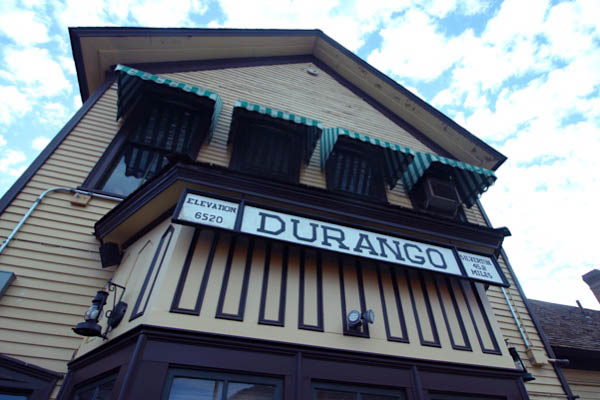
May 2023 / RWH
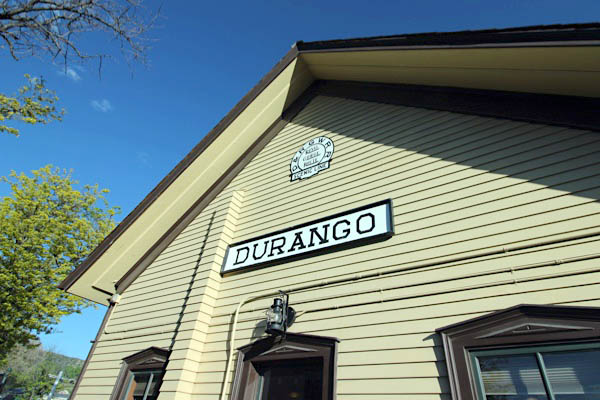
May 2023 / RWH
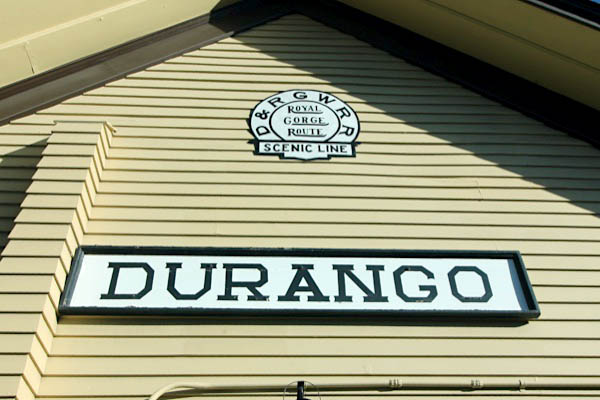
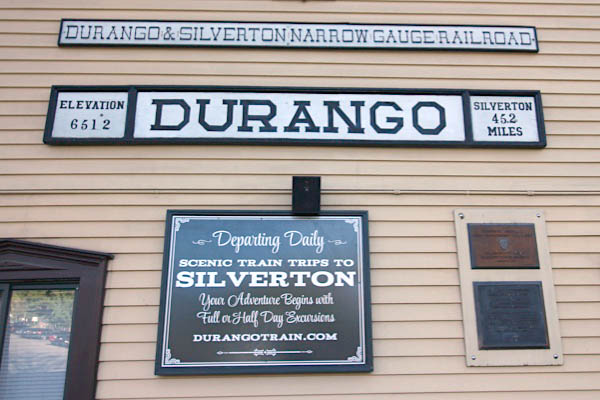
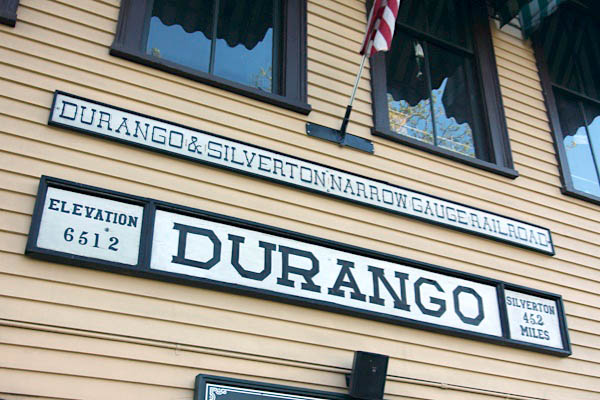
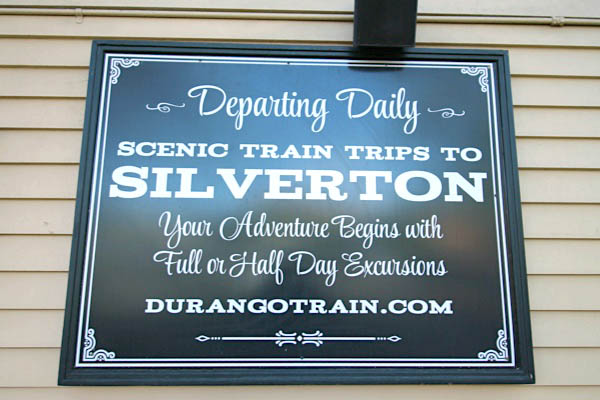
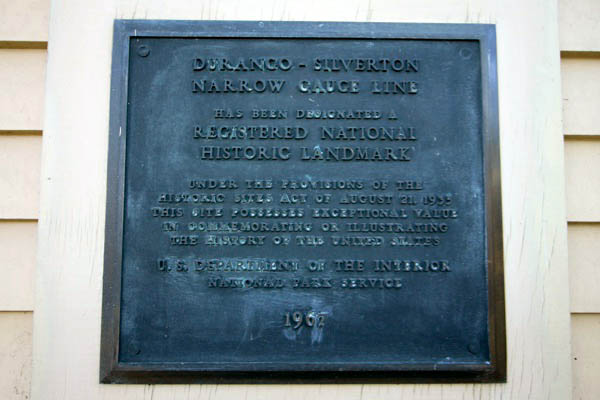
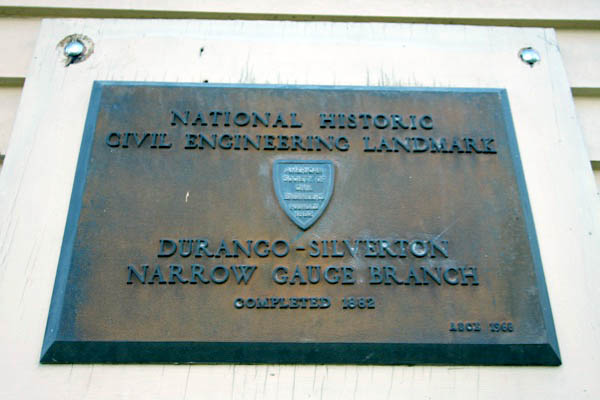
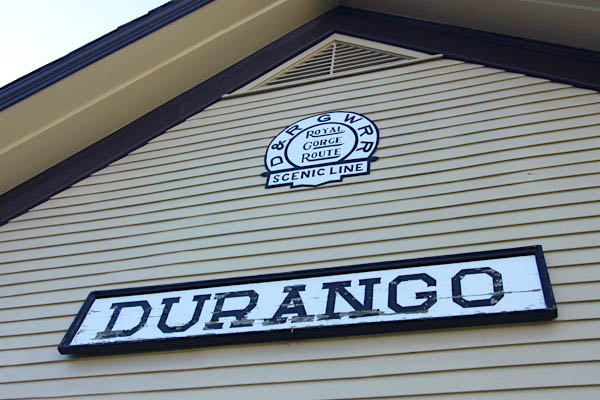
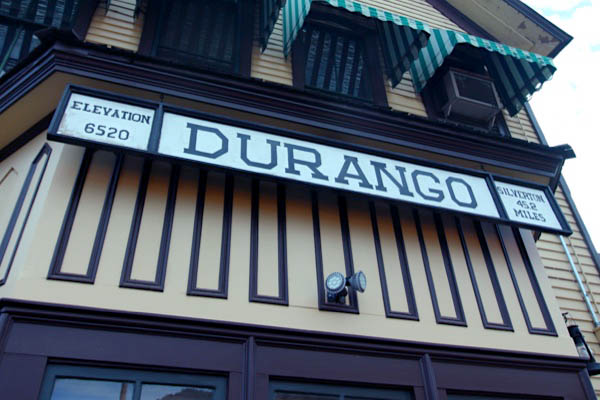
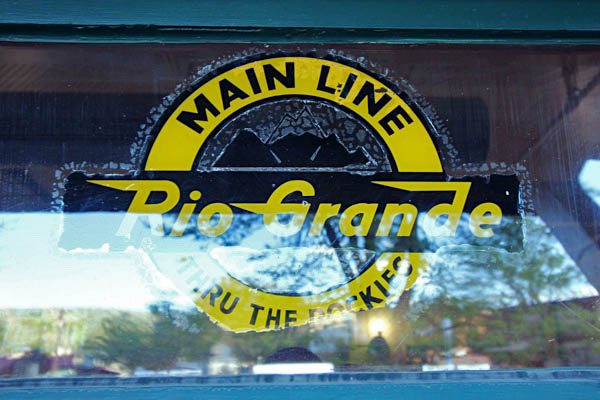
May 2023 / RWH
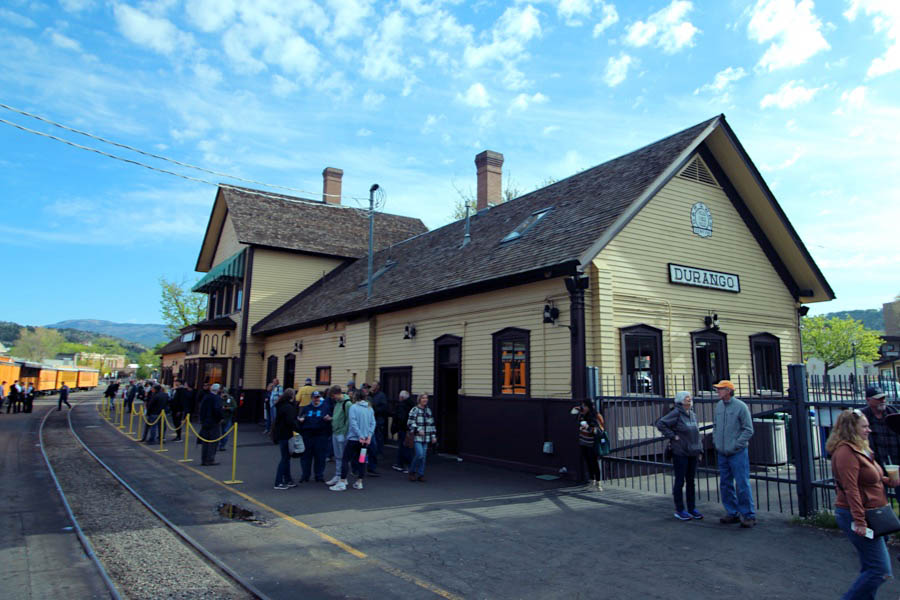
Durango, Co / May 2023 / RWH
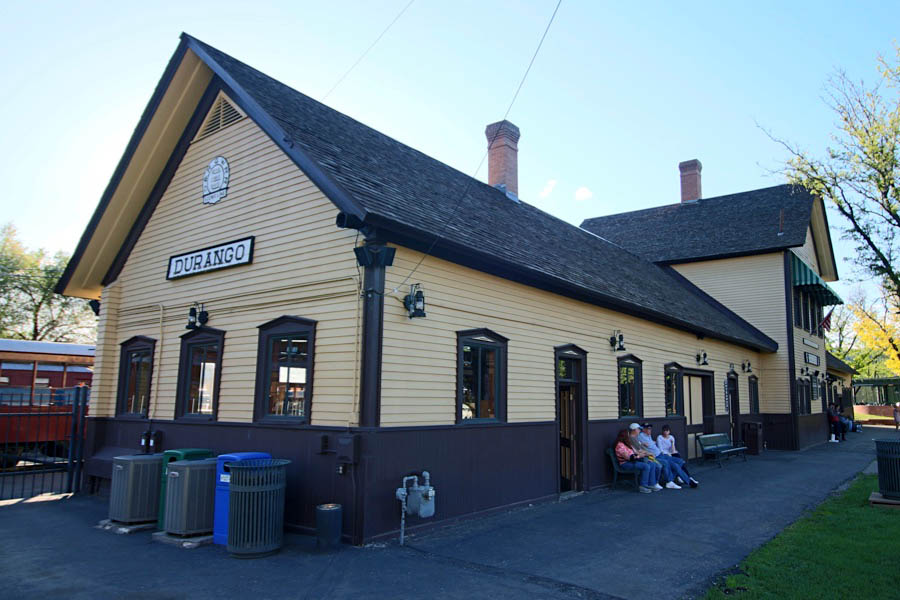
Durango, Co / May 2023 / RWH
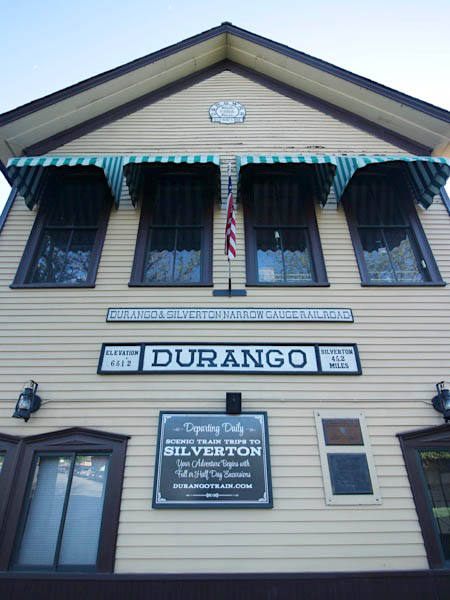
May 2023 / RWH
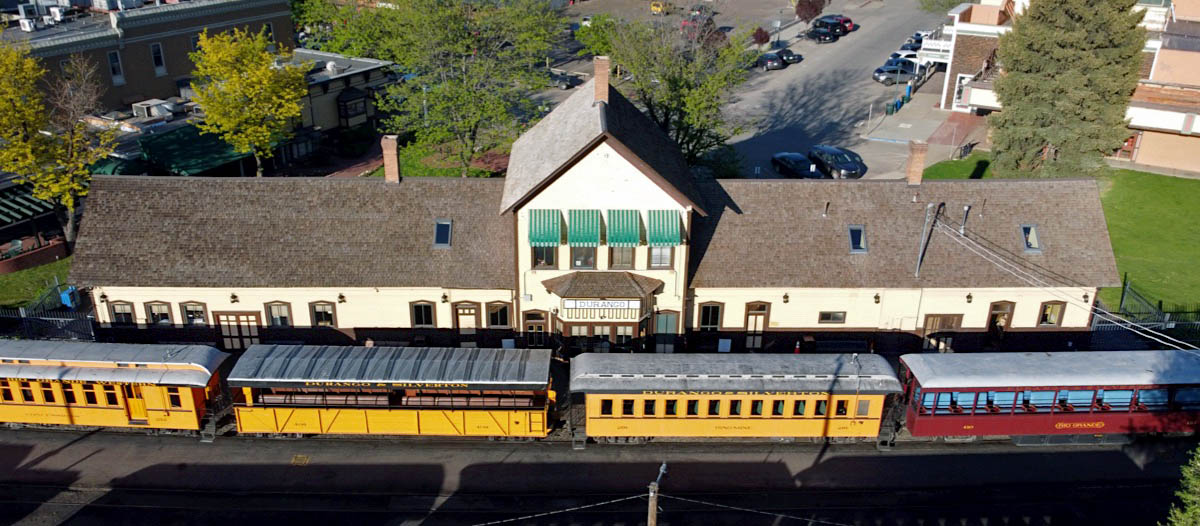
Durango, Co / May 2023 / RWH
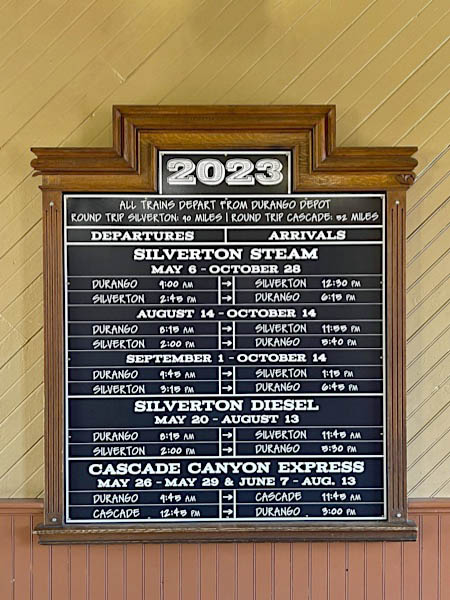
May 2023 / RWH
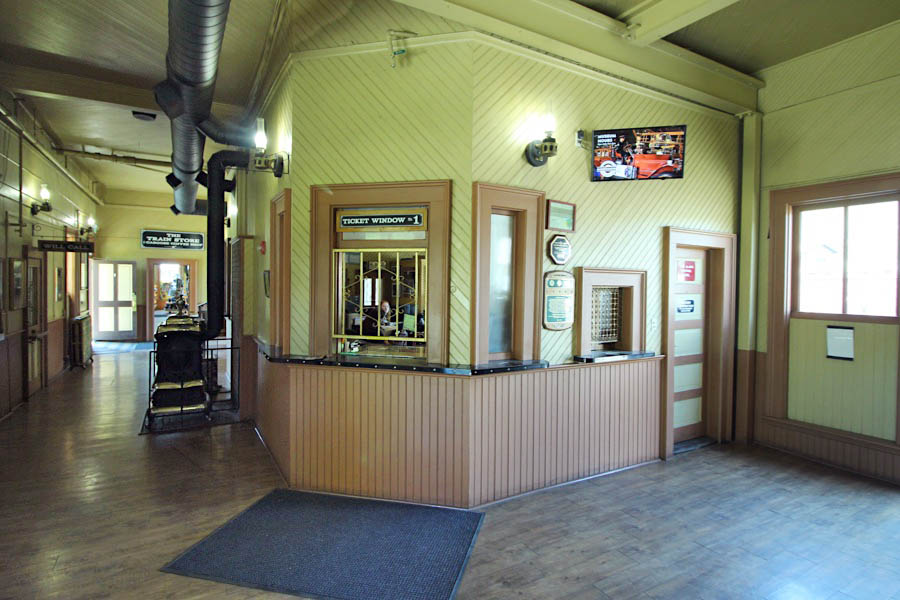
May 2023 / RWH
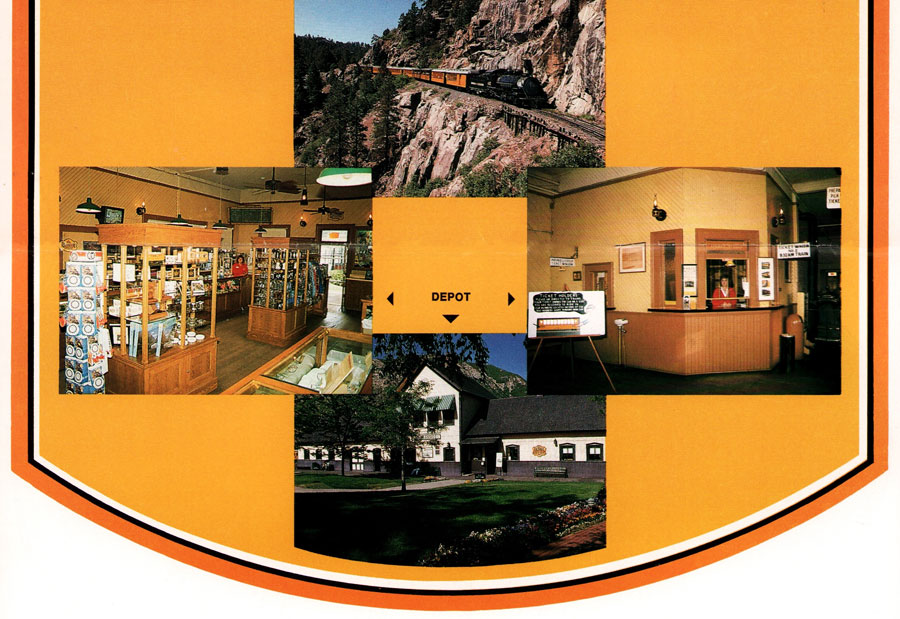
brochure / collection
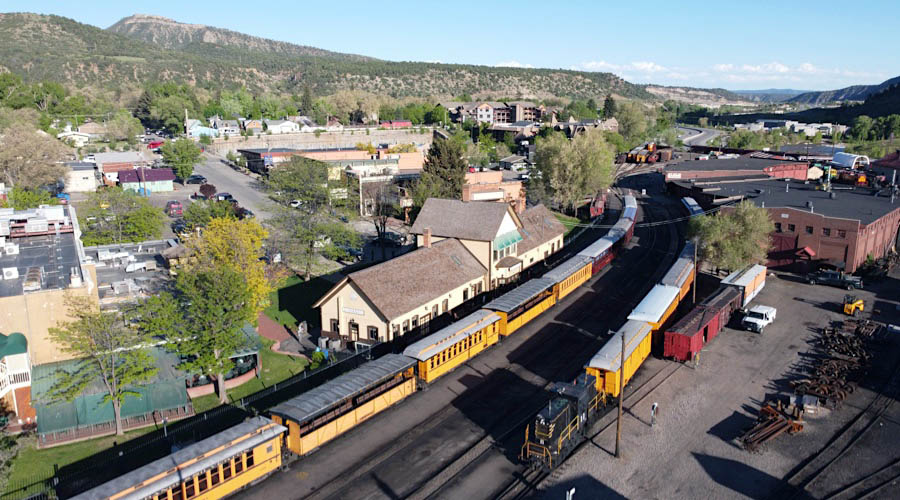
Durango, Co / May 2023 / RWH
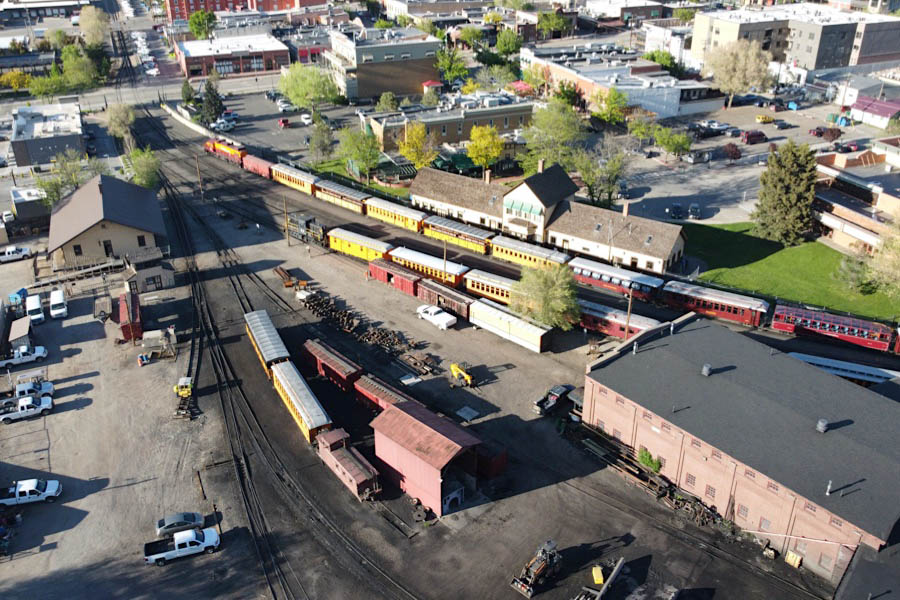
Durango, Co / May 2023 / RWH
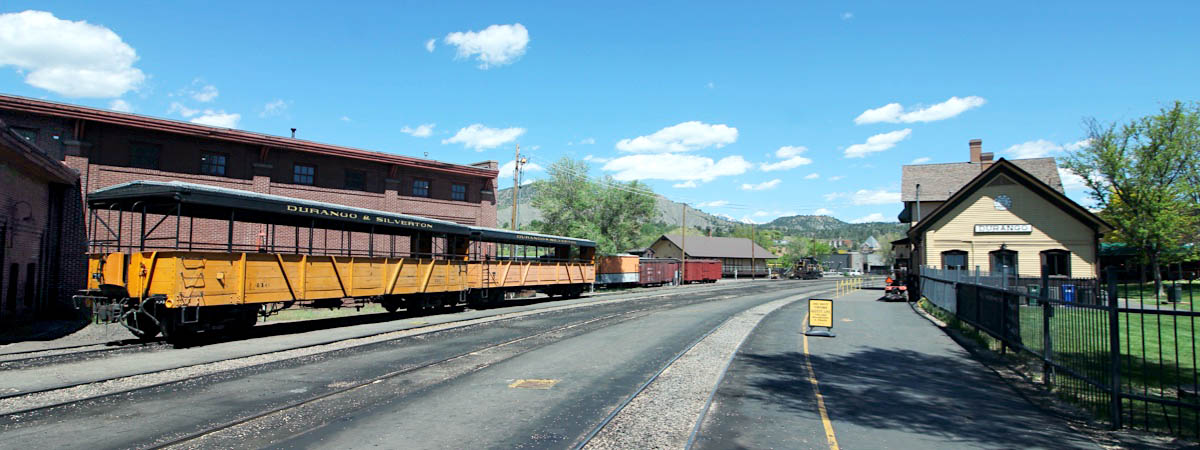
Durango, Co / May 2023 / RWH
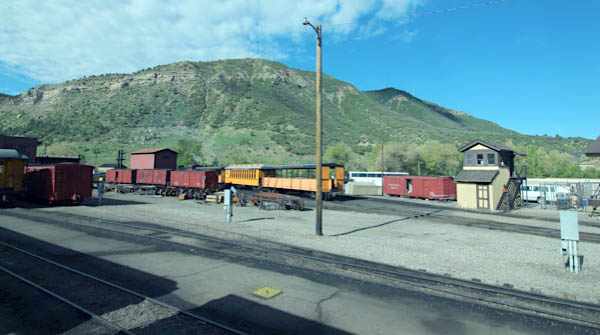
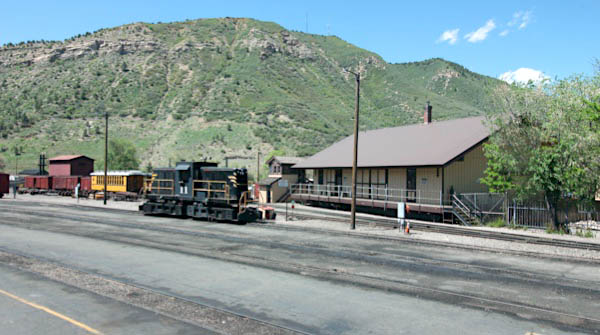
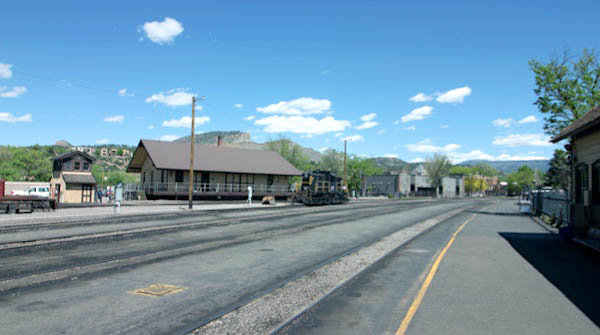
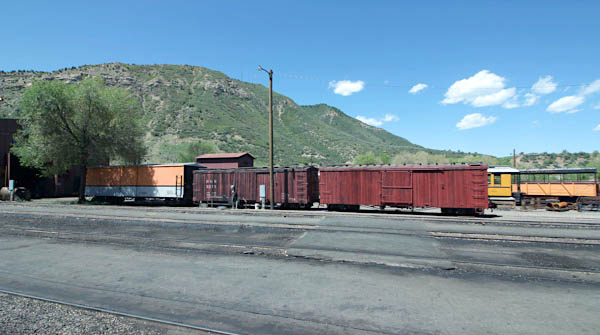
Durango, Co / May 2023 / RWH
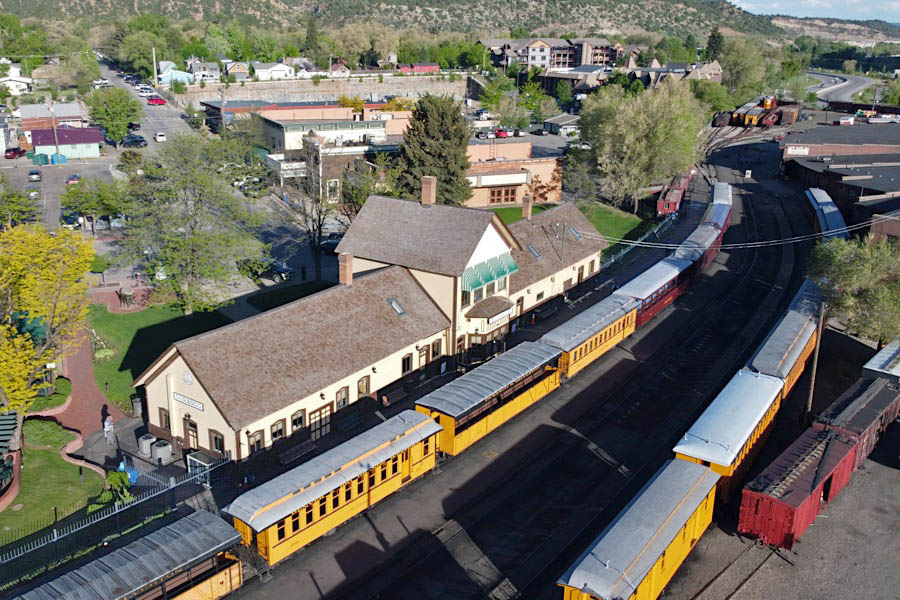
Durango, Co / May 2023 / RWH
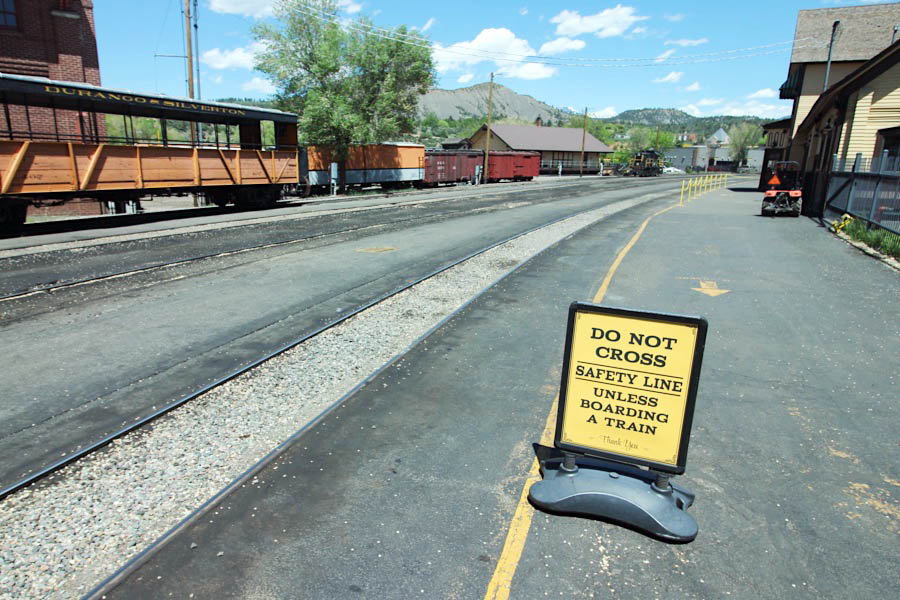
Durango, Co / May 2023 / RWH
 Throwback 1959
Throwback 1959

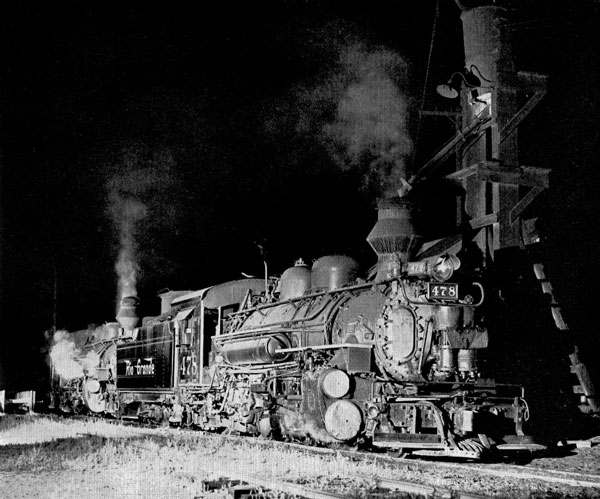
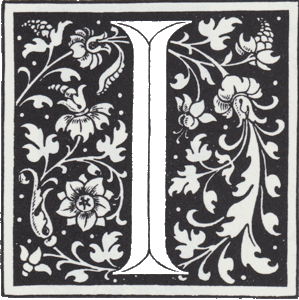 n the days when the narrow gauge capital of the universe was Durango, its yards were the Mecca of the faithful to whom railroading is a major preoccupation regardless of hour or season. In the summer months of 1957 alone the Silverton train carried 25,000 passengers on the round trip up the Canyon of Animas for a gross revenue to the railroad in excess of $100,000 and immeasurably stimulated the economies of its terminals at Durango and Silverton where hotels, restaurants and tourism generally thrived on the excursionists attracted by the romantic narrow gauge.
n the days when the narrow gauge capital of the universe was Durango, its yards were the Mecca of the faithful to whom railroading is a major preoccupation regardless of hour or season. In the summer months of 1957 alone the Silverton train carried 25,000 passengers on the round trip up the Canyon of Animas for a gross revenue to the railroad in excess of $100,000 and immeasurably stimulated the economies of its terminals at Durango and Silverton where hotels, restaurants and tourism generally thrived on the excursionists attracted by the romantic narrow gauge.
Lucious Beebe & Charles Clegg / Narrow Gauge in the Rockies / 1958

Durango, Co / Jun 1959 / JCH

Durango, Co / Jun 1959 / JCH

Durango, Co / Jun 1959 / JCH

Durango, Co / Jun 1959 / JCH

See also our complete Denver & Rio Grande Western Silverton Mixed scrapbook in Mainlines
 Durango Departure!
Durango Departure!

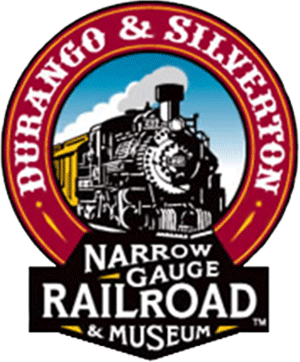 When is the best time to plan your Durango train adventure? Anytime of the year! We’re proud to offer regular scenic excursions throughout the entire year allowing our riders to enjoy the best of each of Colorado’s vivid seasons. However you decide to experience the train and our unique connection to its vibrant past, we hope you have an inspiring journey where you create wonderful life-long memories. Our welcoming mountain community in Durango, Colorado, is excited to host your next adventure.
When is the best time to plan your Durango train adventure? Anytime of the year! We’re proud to offer regular scenic excursions throughout the entire year allowing our riders to enjoy the best of each of Colorado’s vivid seasons. However you decide to experience the train and our unique connection to its vibrant past, we hope you have an inspiring journey where you create wonderful life-long memories. Our welcoming mountain community in Durango, Colorado, is excited to host your next adventure.
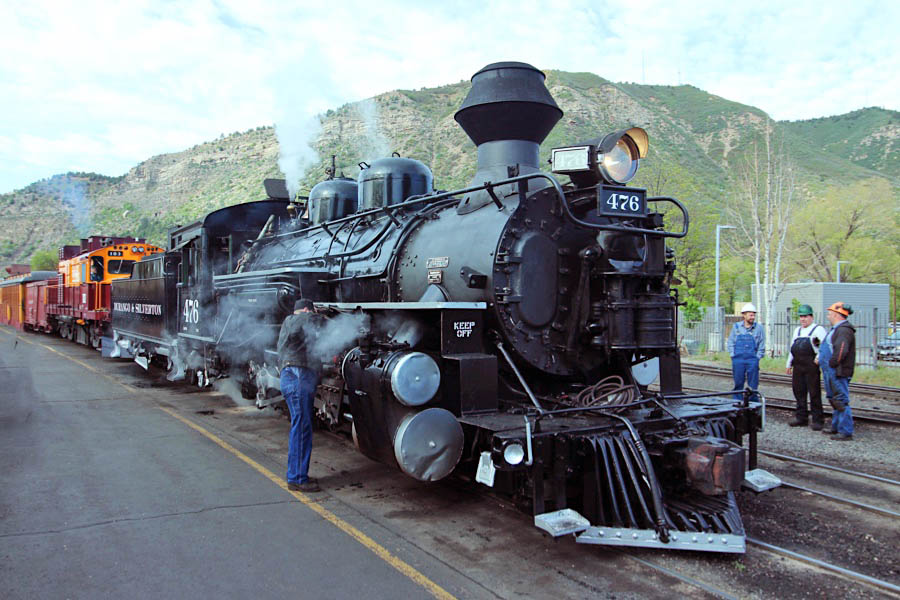
Durango, Co / May 2023 / RWH
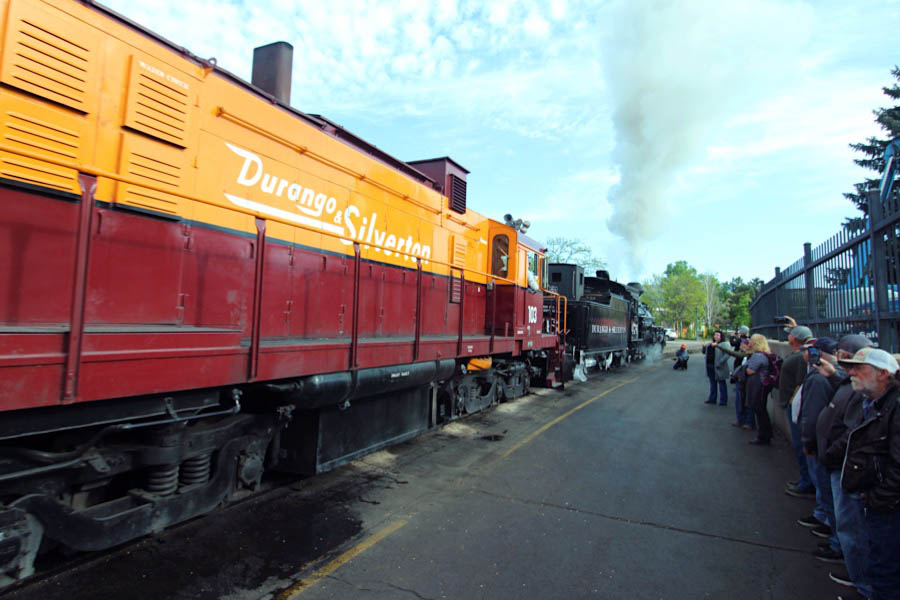
Durango, Co / May 2023 / RWH
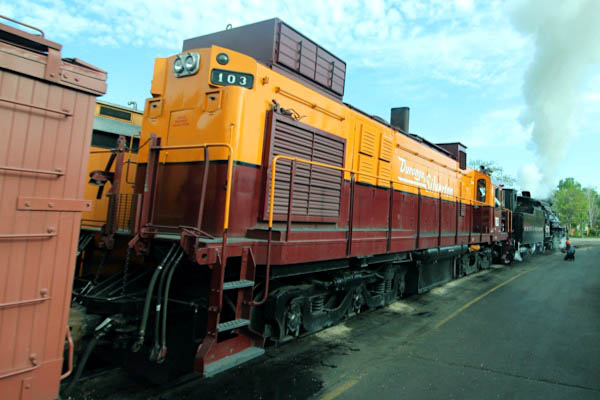
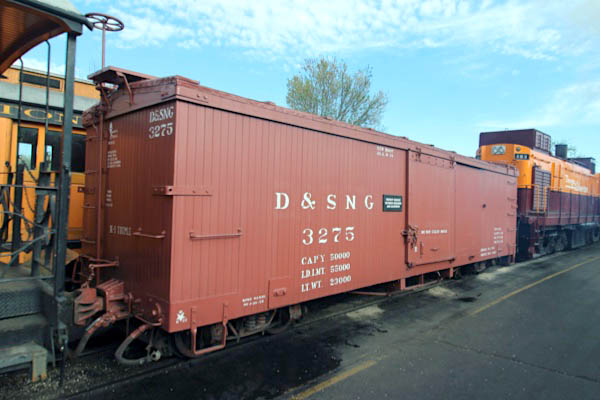
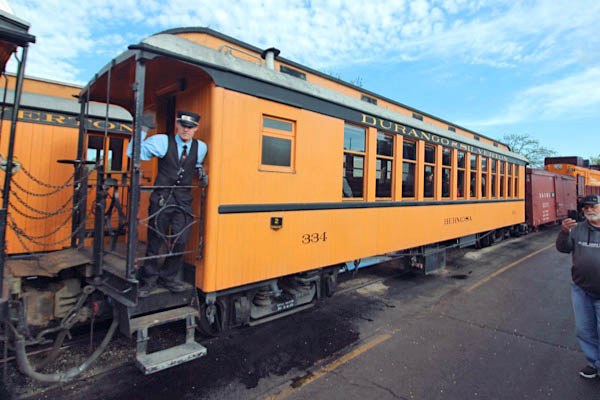
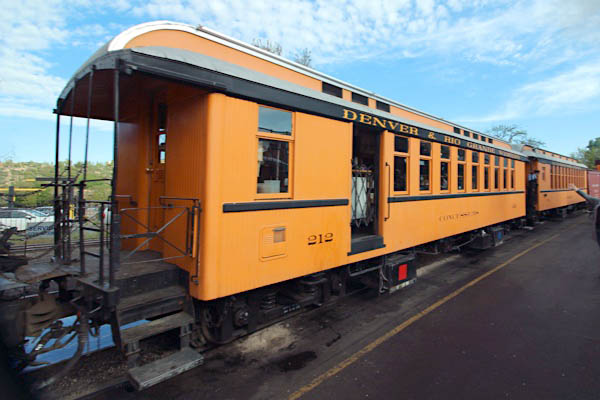
Durango, Co / May 2023 / RWH
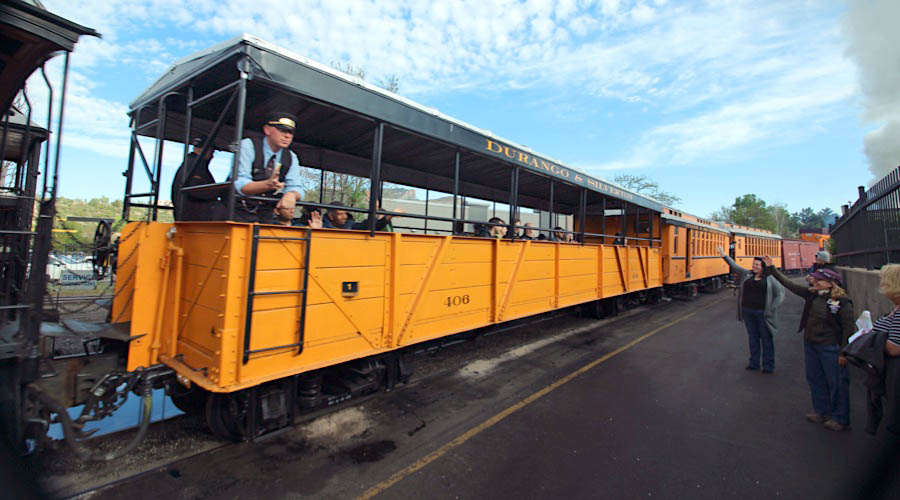
Durango, Co / May 2023 / RWH
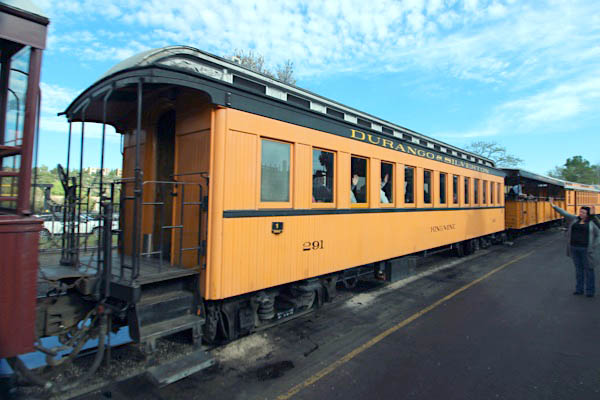
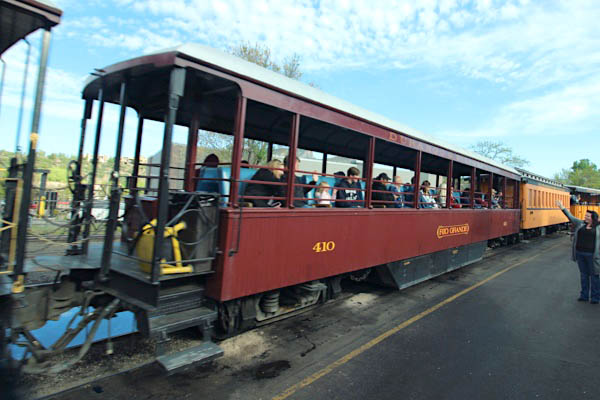
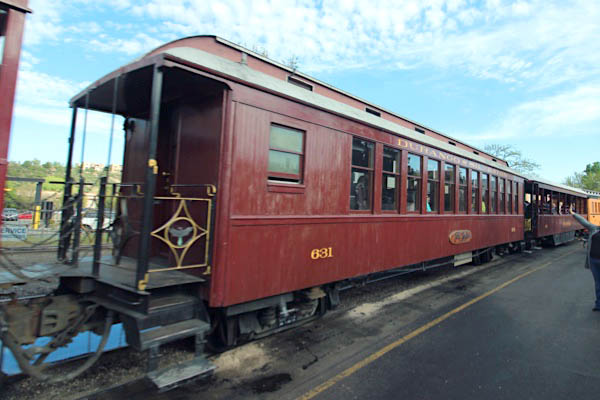
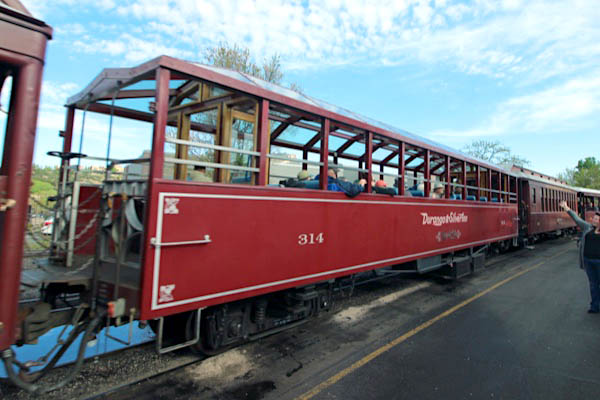
Durango, Co / May 2023 / RWH
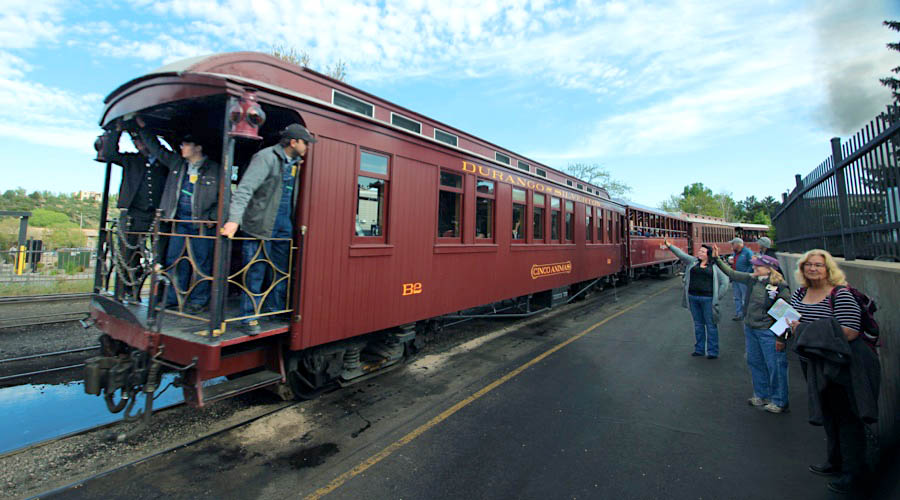
Durango, Co / May 2023 / RWH
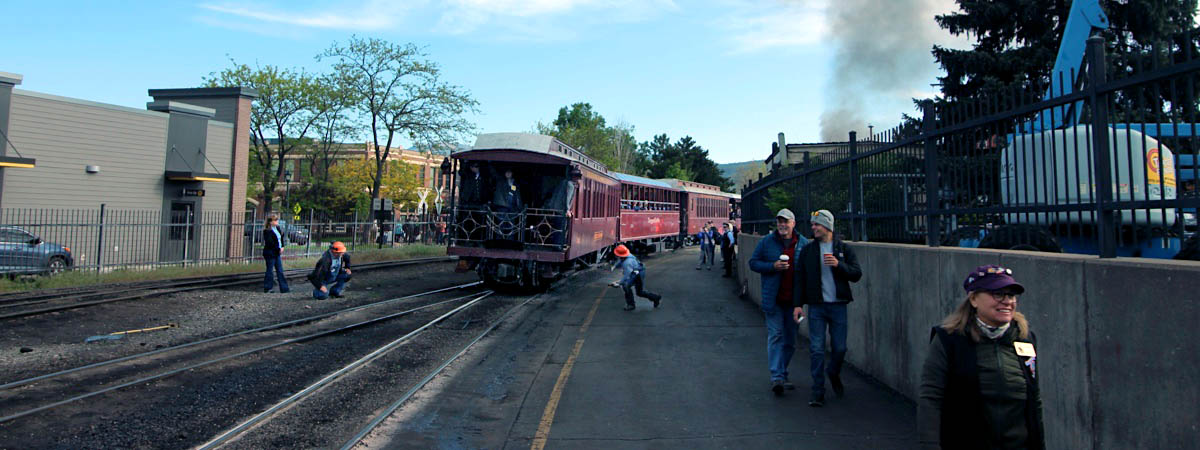
Durango, Co / May 2023 / RWH
 Shops
Shops
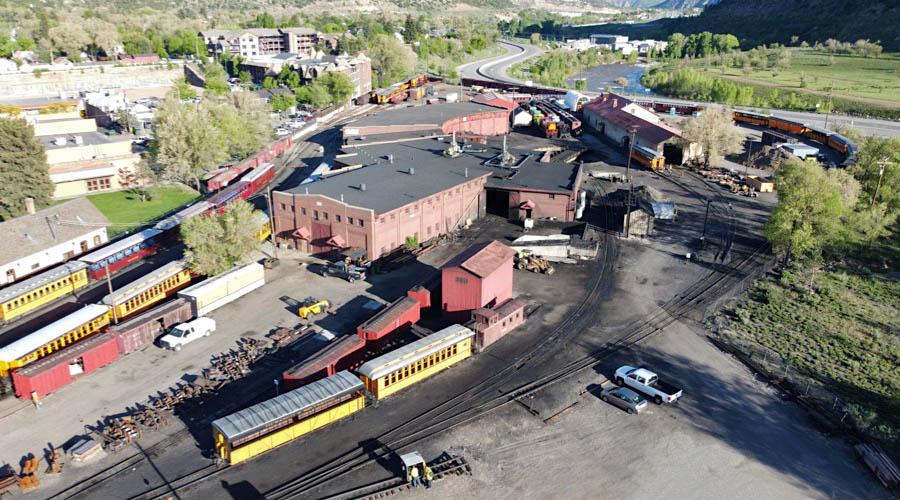
Durango, Co / May 2023 / RWH

Click to see the Durango & Silverton shop area plotted on a Google Maps page
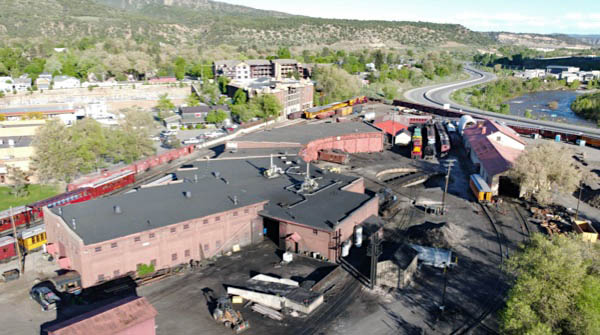
Durango, Co / May 2023 / RWH
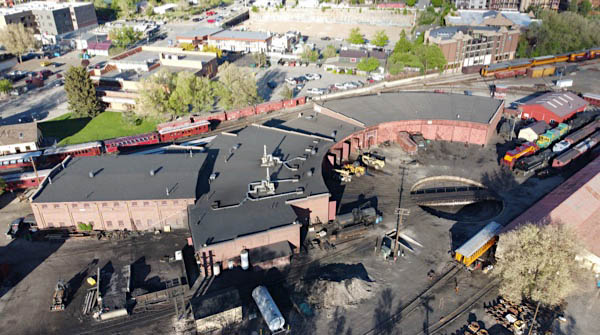
Durango, Co / May 2023 / RWH
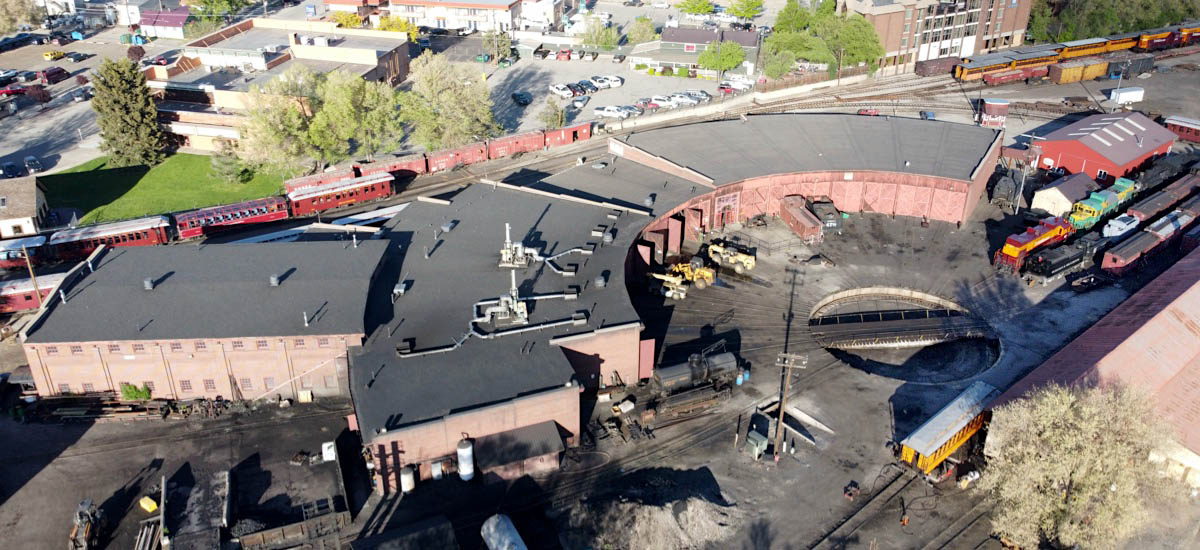
Durango, Co / May 2023 / RWH
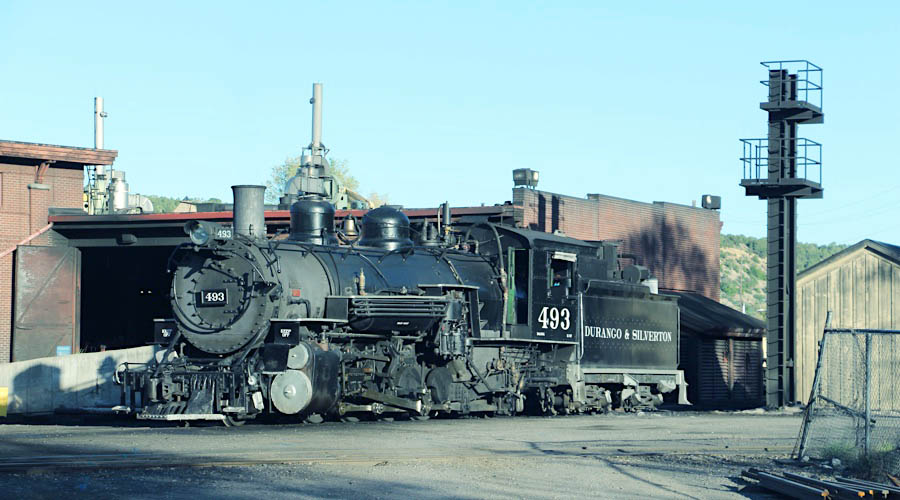
Durango, Co / May 2023 / RWH
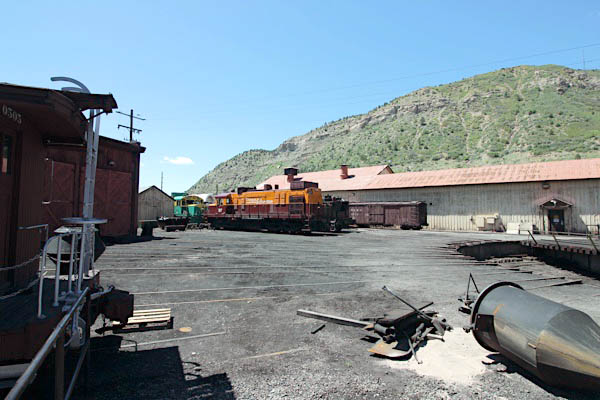
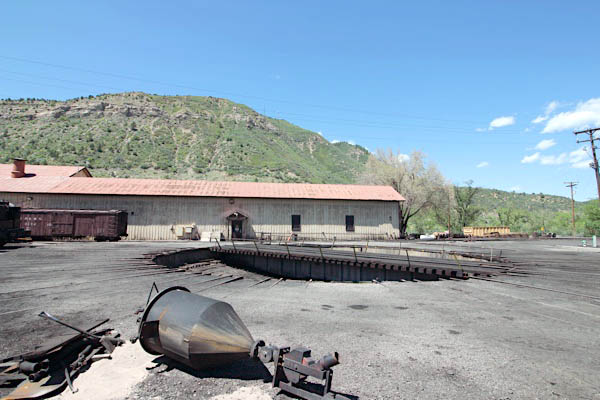
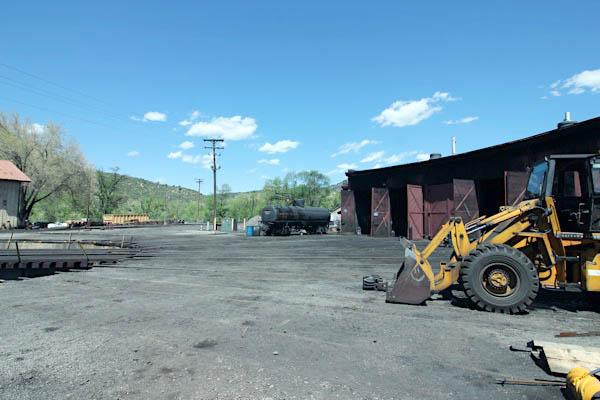
Durango, Co / May 2023 / RWH
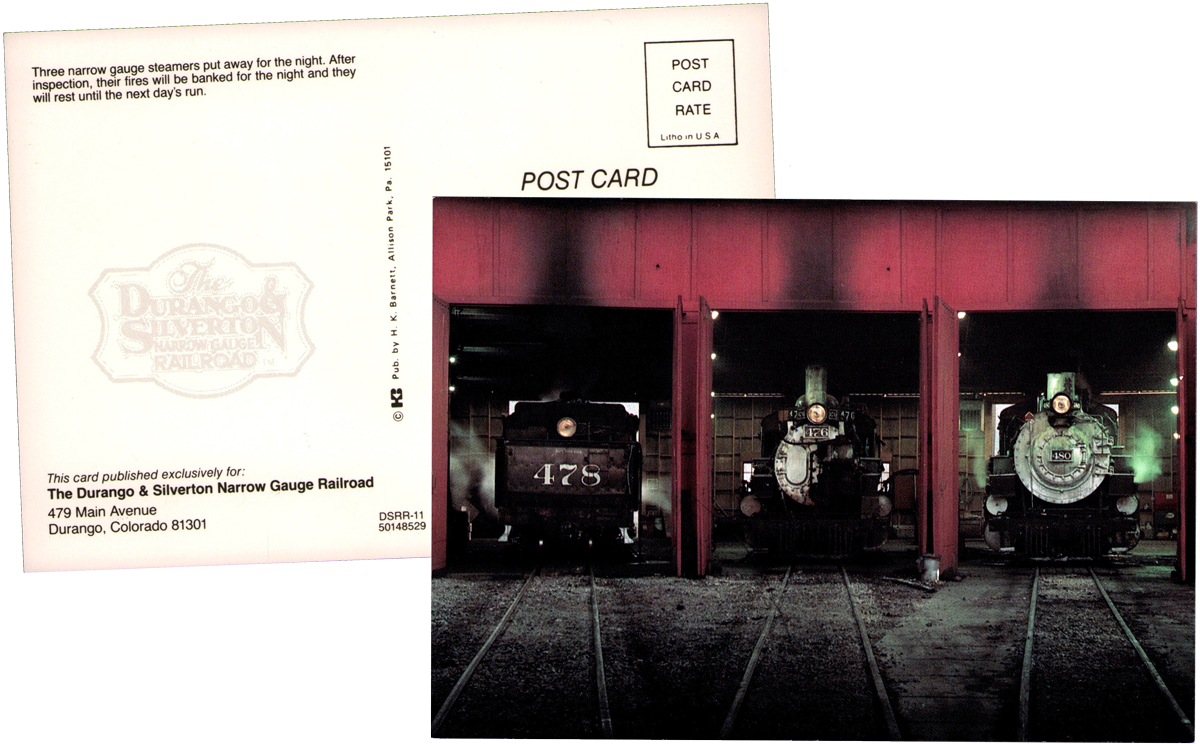
postcard / collection
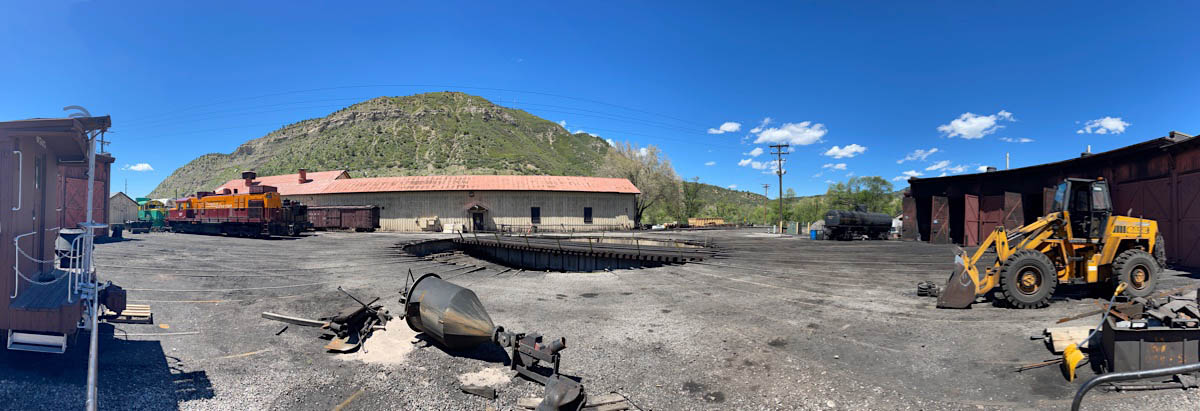
Durango, Co / May 2023 / RWH
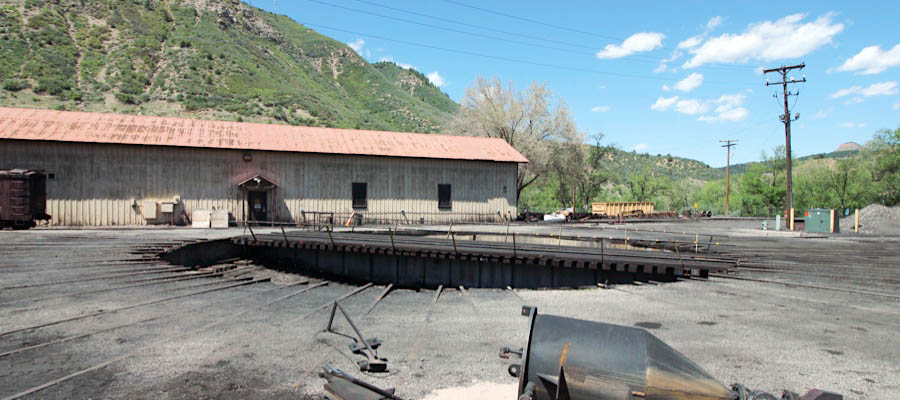
Durango, Co / May 2023 / RWH

 Extra Board
Extra Board
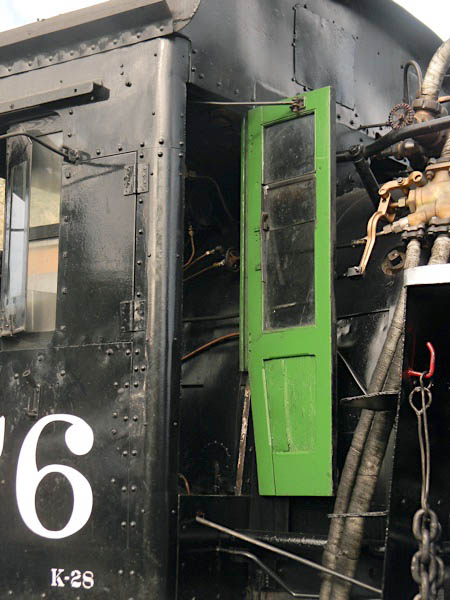
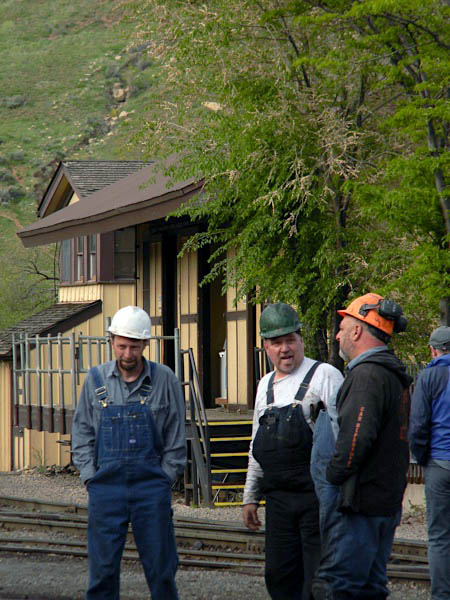
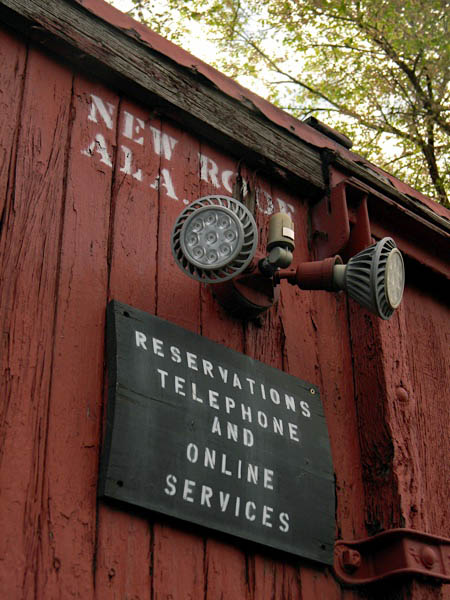
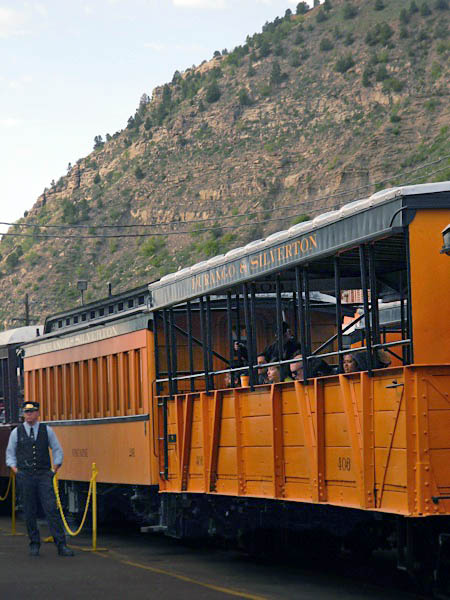
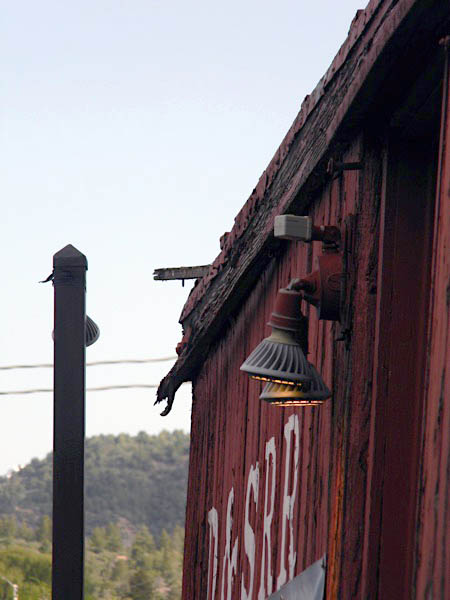
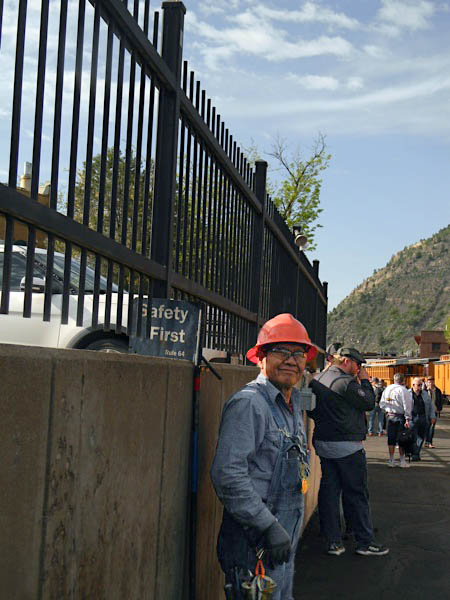
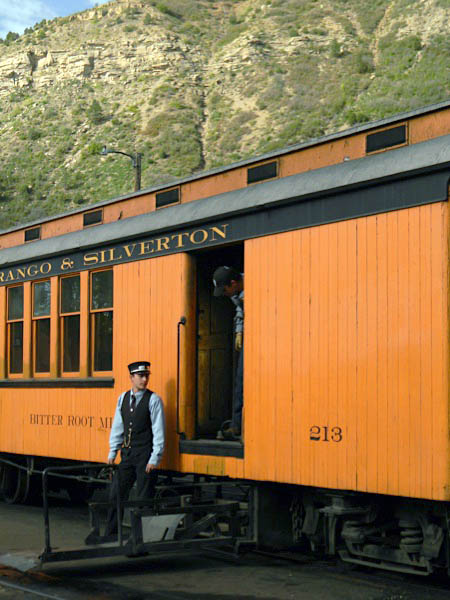
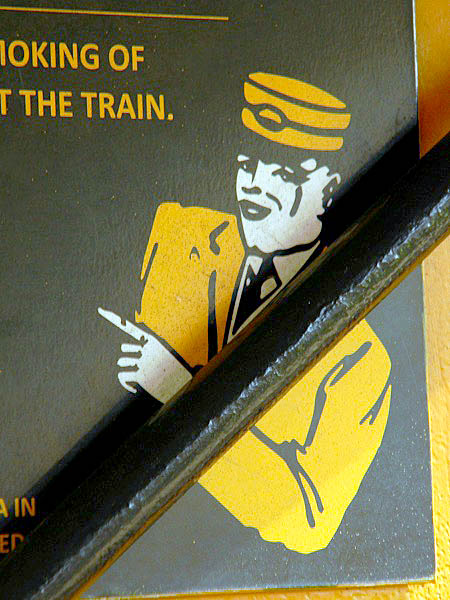
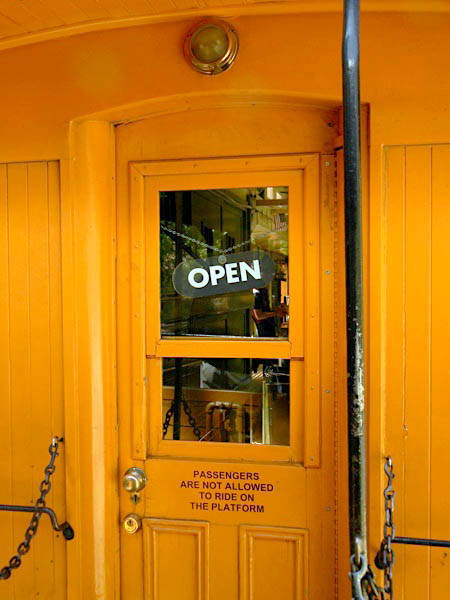
Durango, Co / May 2023 / ETH
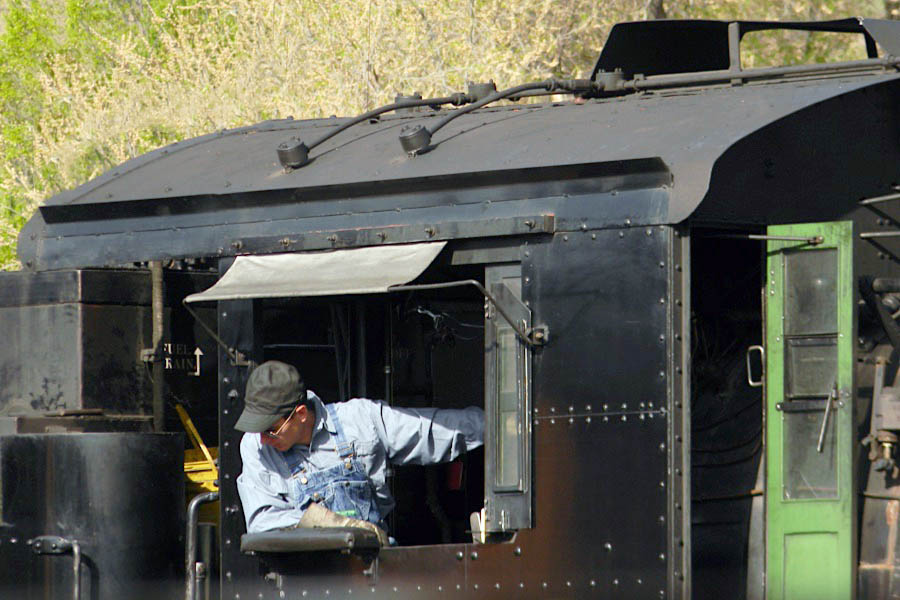
Durango, Co / May 2023 / ETH
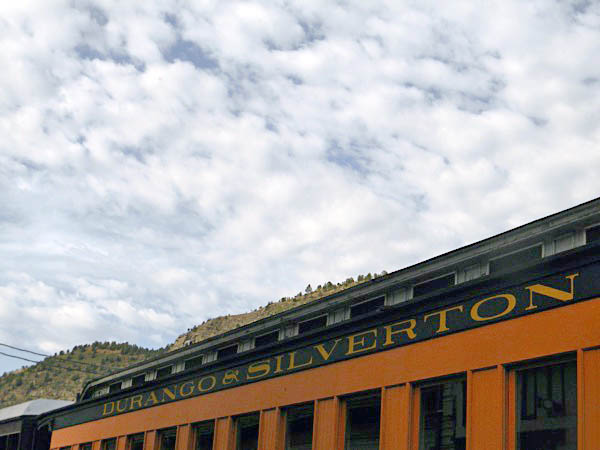
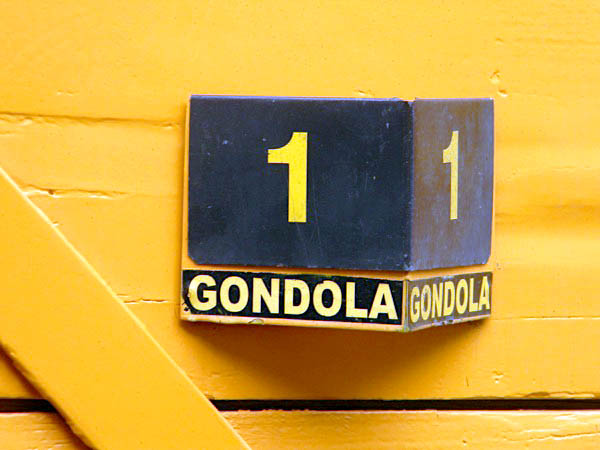
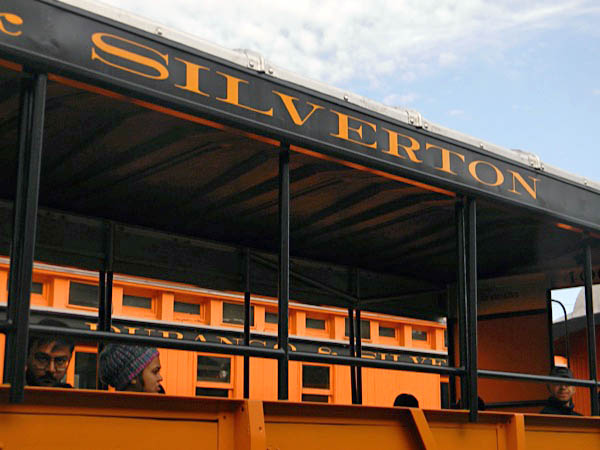
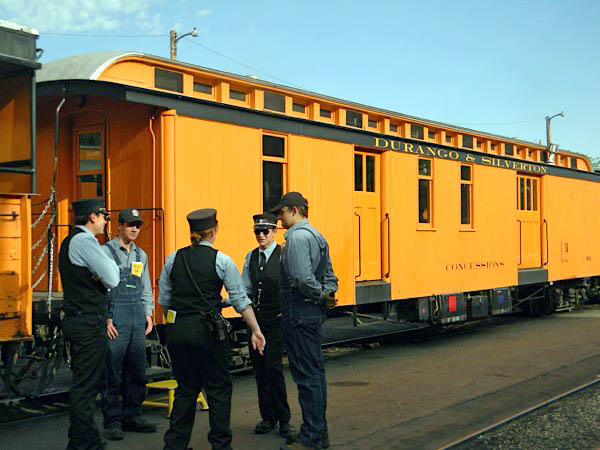
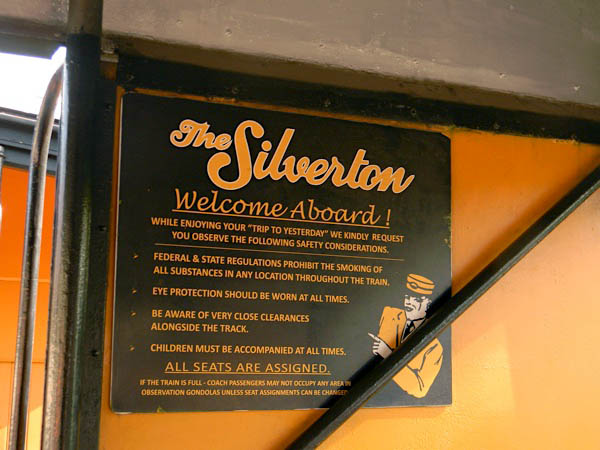
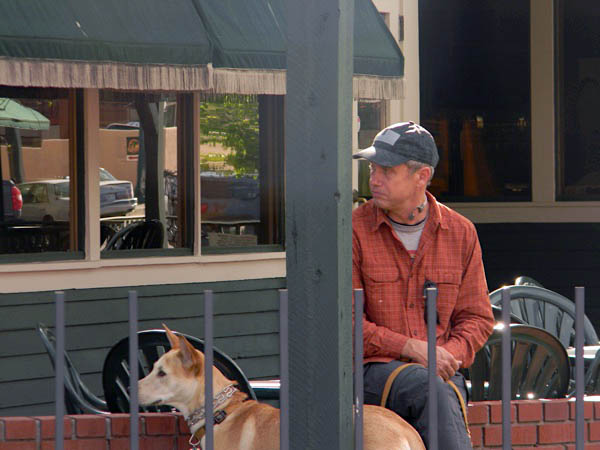
Durango, Co / May 2023 / ETH
 Silverton
Silverton

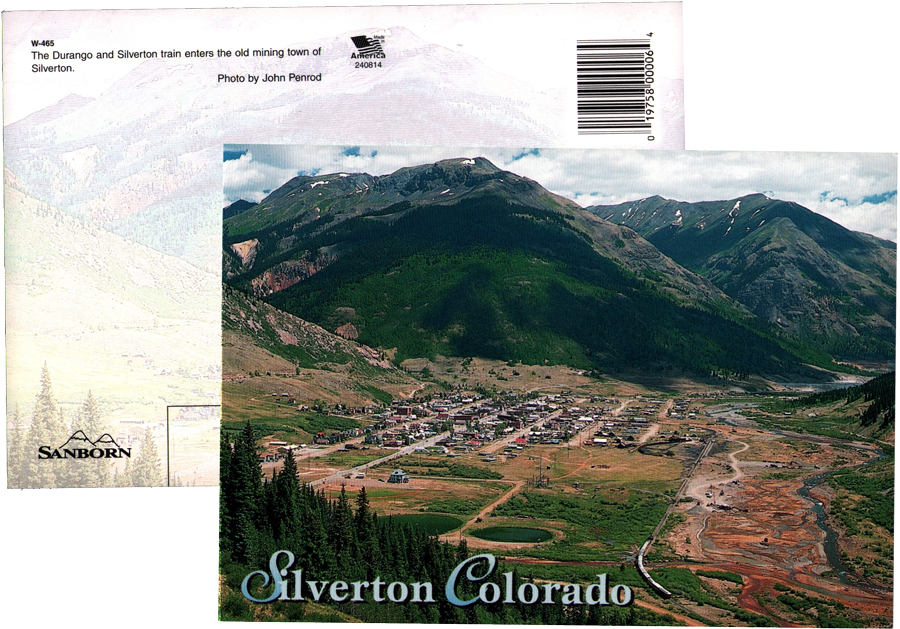
postcard / collection
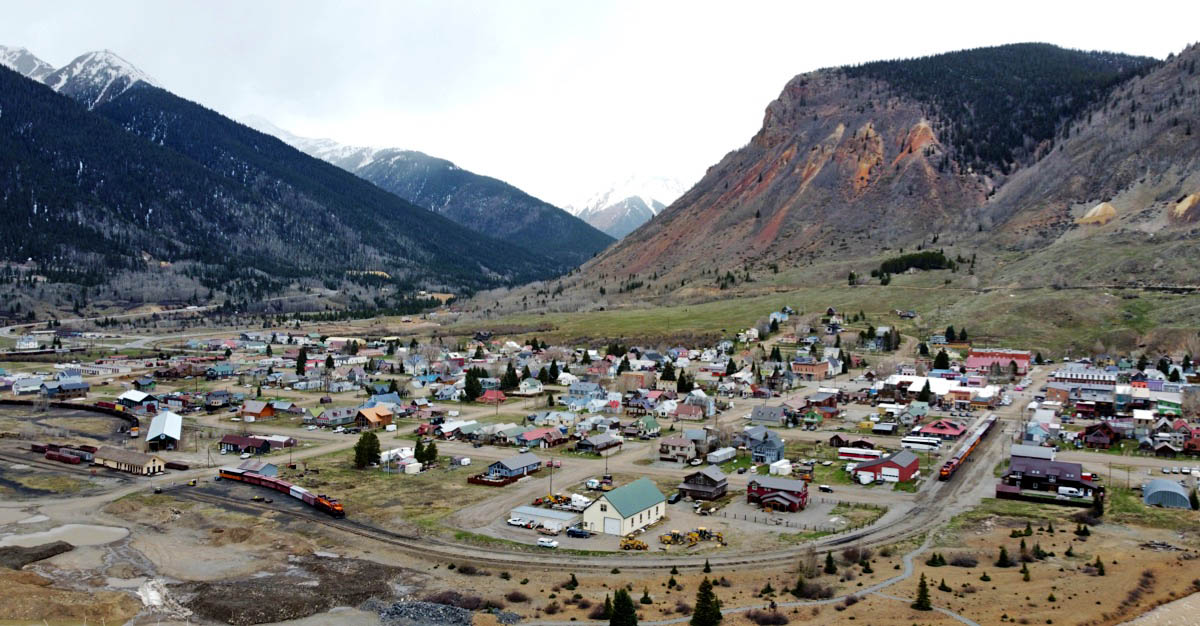
Silverton, Co / May 2023 / RWH

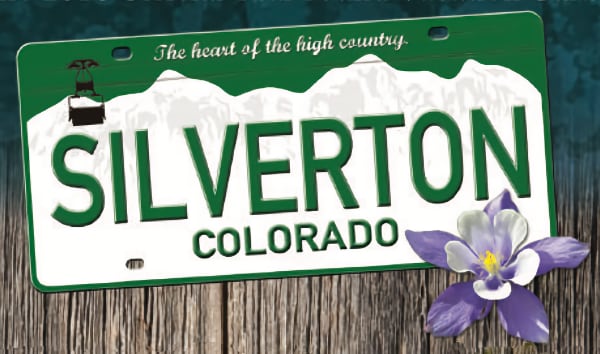
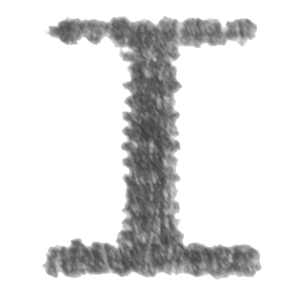 n 1860, Charles Baker and several prospectors entered the San Juan Mountains in search of wealth. They soon found deposits of gold and silver along the Animas River, in an area that was later called "Baker's Park". The prospectors stayed through the summer but returned to what is now northern New Mexico for the winter. News spread of the discovery; however, with the Civil War looming and the discovery being located on Ute Indian land, the miners did not return to the San Juan Mountains until early 1870s.
n 1860, Charles Baker and several prospectors entered the San Juan Mountains in search of wealth. They soon found deposits of gold and silver along the Animas River, in an area that was later called "Baker's Park". The prospectors stayed through the summer but returned to what is now northern New Mexico for the winter. News spread of the discovery; however, with the Civil War looming and the discovery being located on Ute Indian land, the miners did not return to the San Juan Mountains until early 1870s.
At that time nearly 1,000 prospectors once again ventured into the high country. The Utes protested, yet they could not stop the inexorable wave of miners and settlers that arrived over Stony Pass.
 In 1874 Silverton's town site was laid out and it soon became the center of numerous mining camps. In addition to the miners, Silverton caught the eye of a railroad company in Denver. In July 1882 the first train operated by the Denver & Rio Grande Railroad rolled in to Silverton from Durango. By 1883, Silverton boasted of having a population of 2,000 people with 400 buildings - 2 banks, 5 laundries, 29 saloons, several hotels and a bawdy red light district - Notorious Blair Street.
In 1874 Silverton's town site was laid out and it soon became the center of numerous mining camps. In addition to the miners, Silverton caught the eye of a railroad company in Denver. In July 1882 the first train operated by the Denver & Rio Grande Railroad rolled in to Silverton from Durango. By 1883, Silverton boasted of having a population of 2,000 people with 400 buildings - 2 banks, 5 laundries, 29 saloons, several hotels and a bawdy red light district - Notorious Blair Street.
As early as 1874, men were bringing their wives and families to live in Silverton. This influx of families provided an incentive for citizens to keep at least part of Silverton respectable. From the very beginning an imaginary line ran down Greene Street dividing the town between the law-abiding, church-going residents and the gamblers, prostitutes, variety theatres, dance halls and saloons.
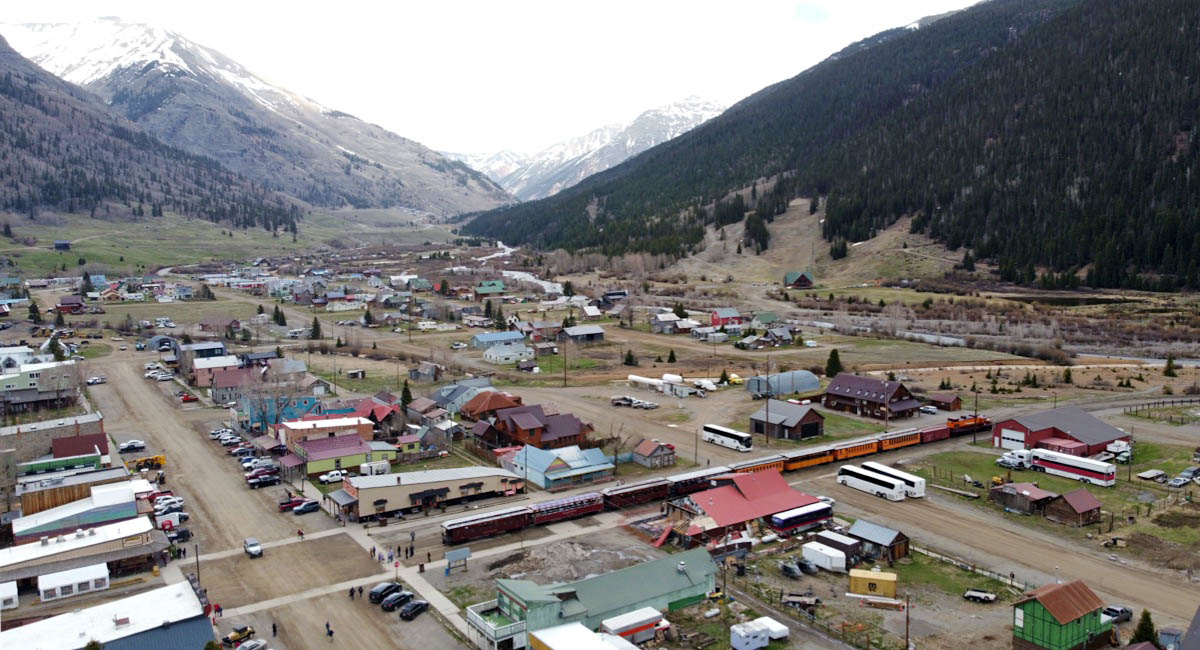
Silverton, Co / May 2023 / RWH
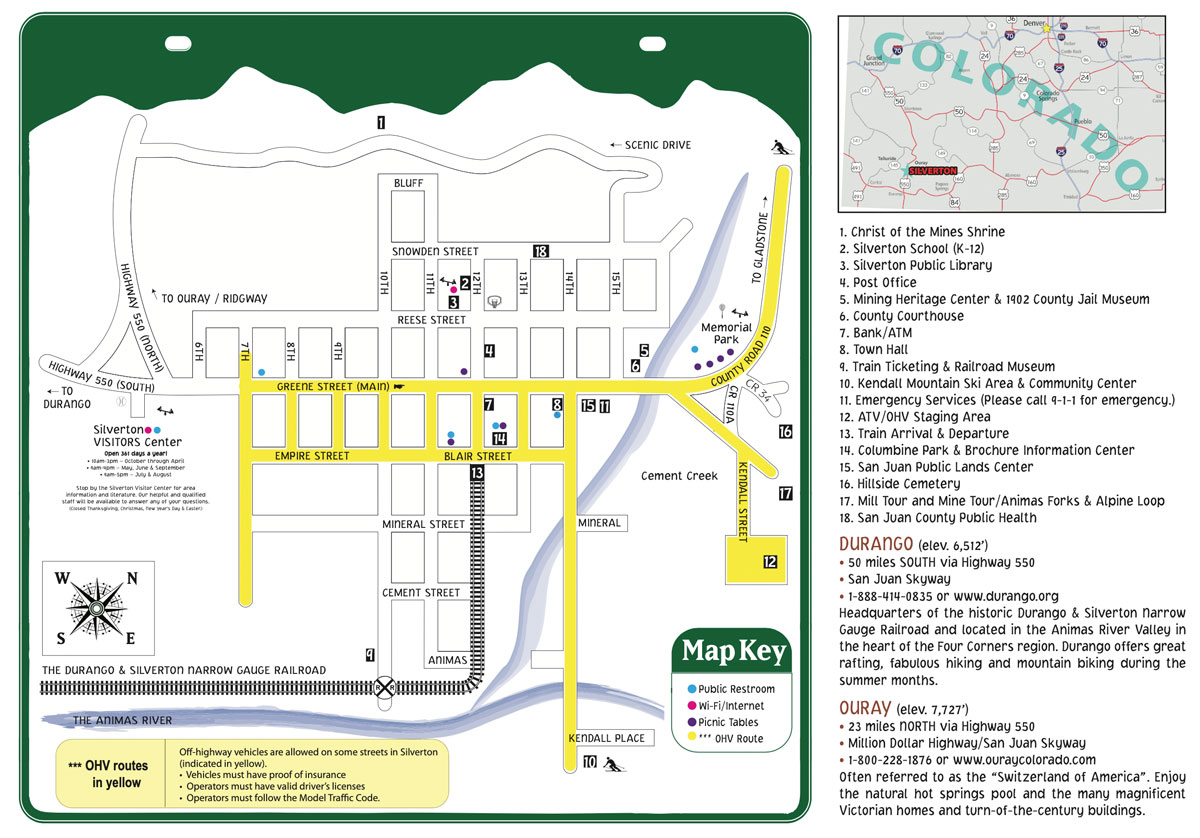
Silverton Chamber of Commerce map / adapted RWH
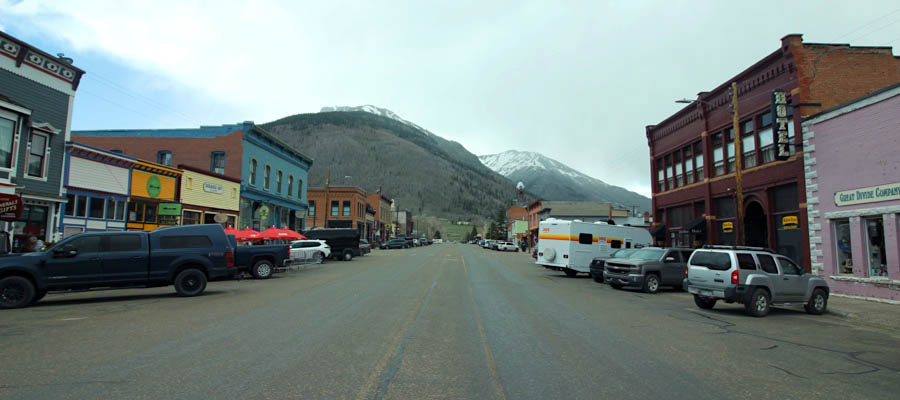
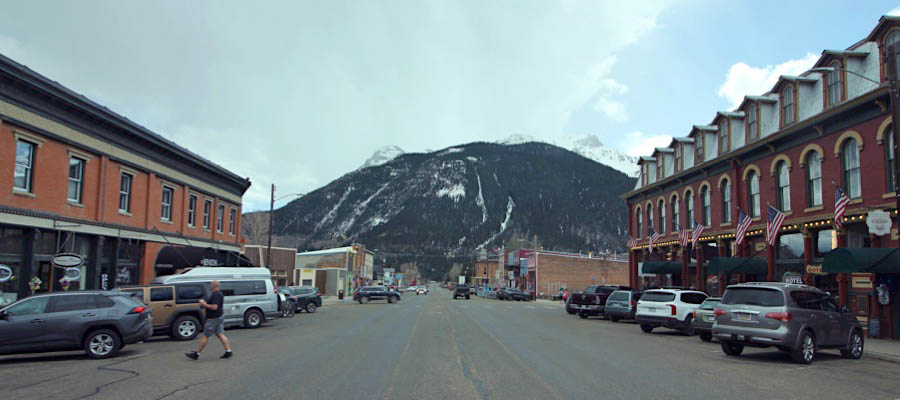
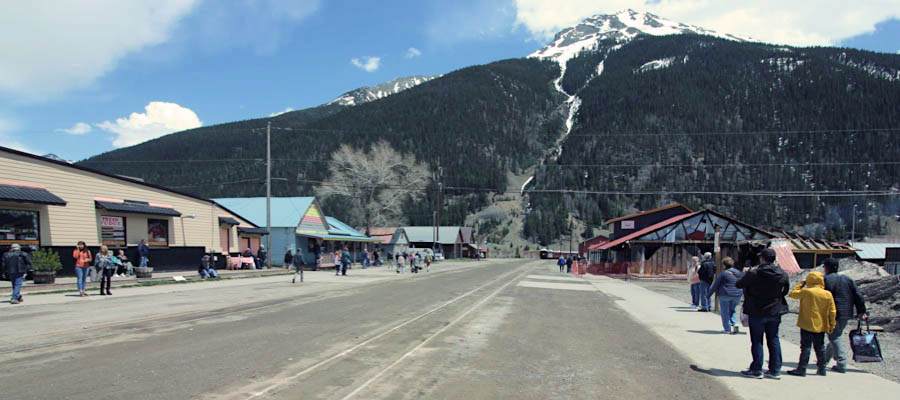
Silverton, Co / May 2023 / RWH

Silverton, Co / May 2023 / RWH
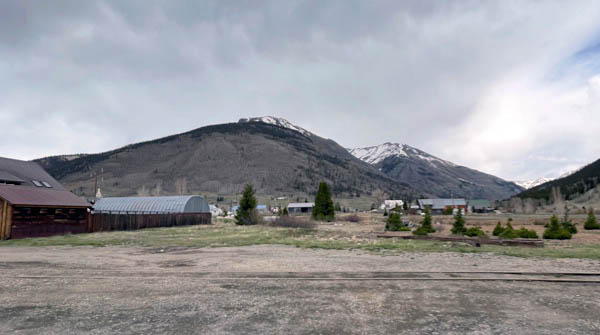
Silverton, Co / May 2023 / RWH
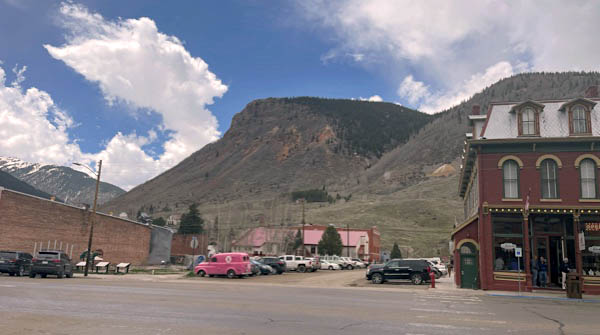
Silverton, Co / May 2023 / RWH

collection
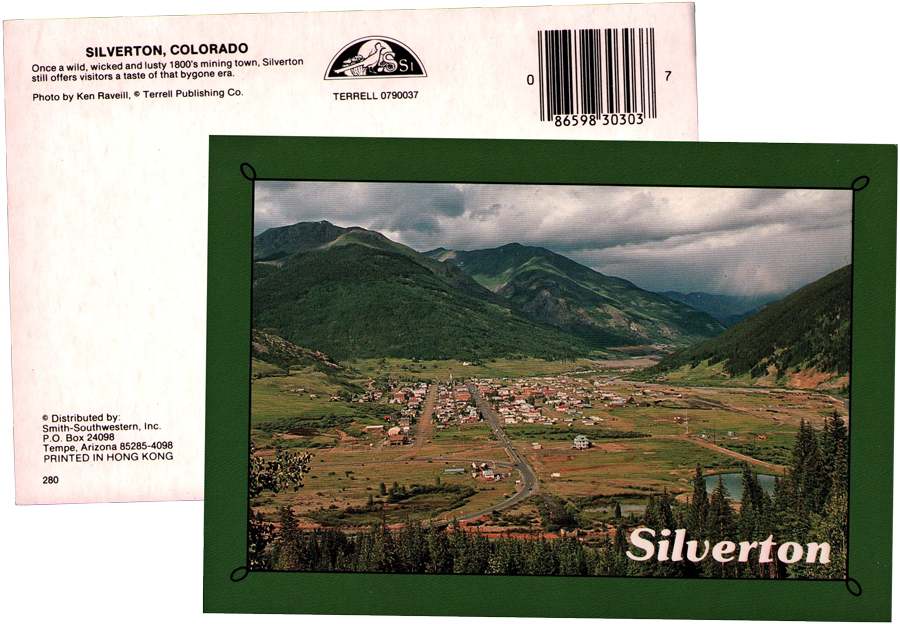
postcard / collection
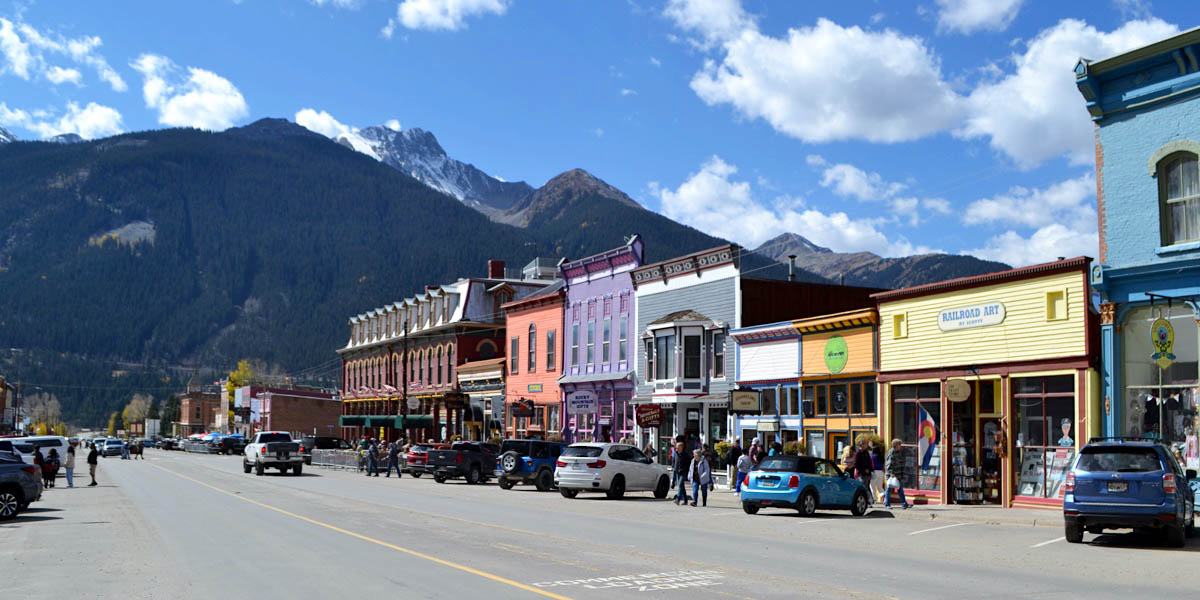
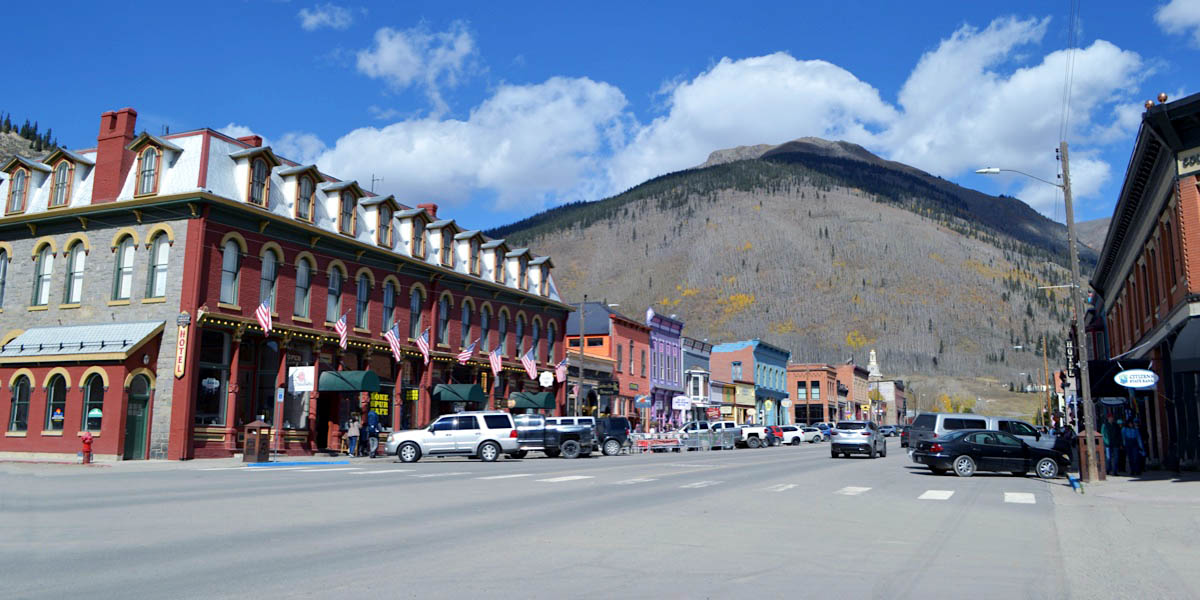
Silverton, Co / Oct 2022 / RWH
 Depot
Depot
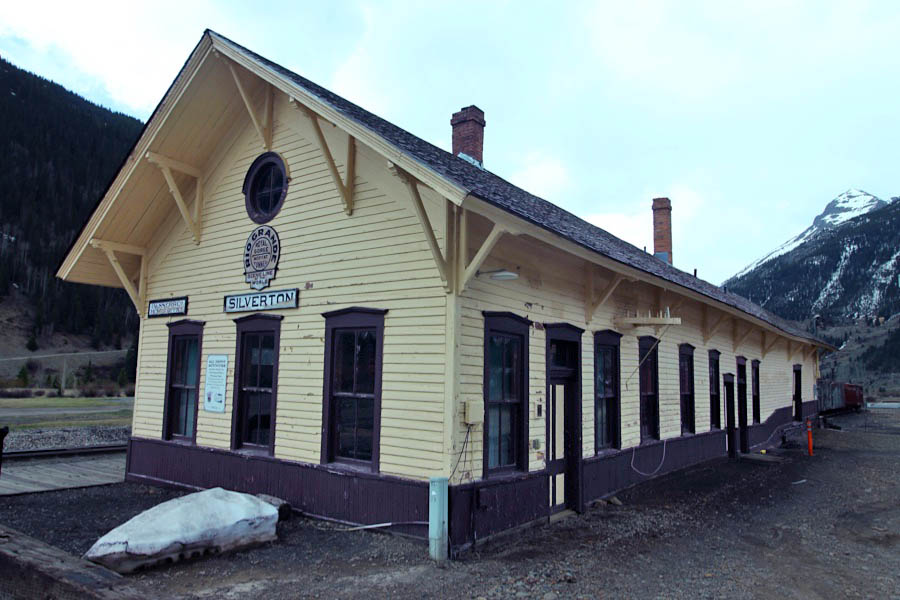
Silverton, Co / May 2023 / RWH
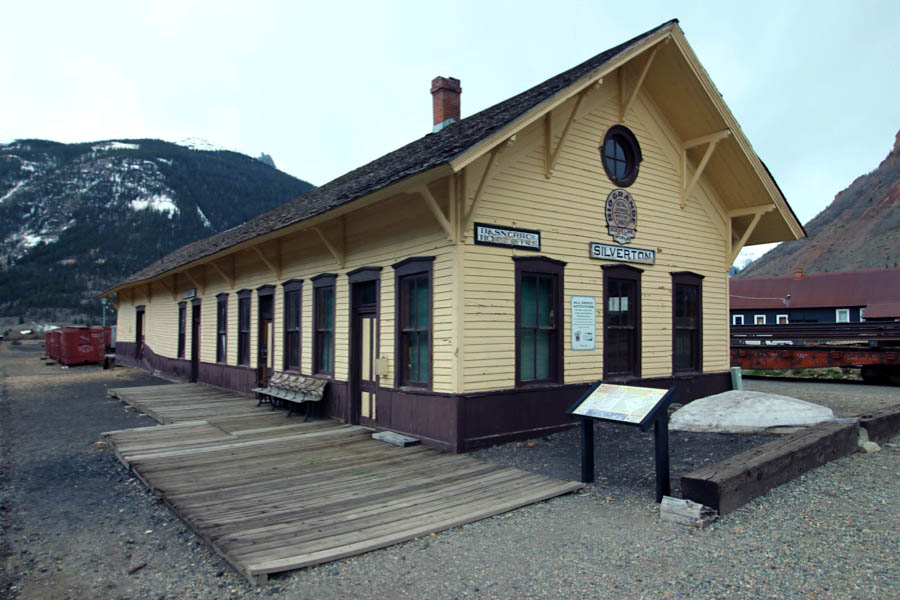
Silverton, Co / May 2023 / RWH

Click to see the Silverton depot plotted on a Google Maps page
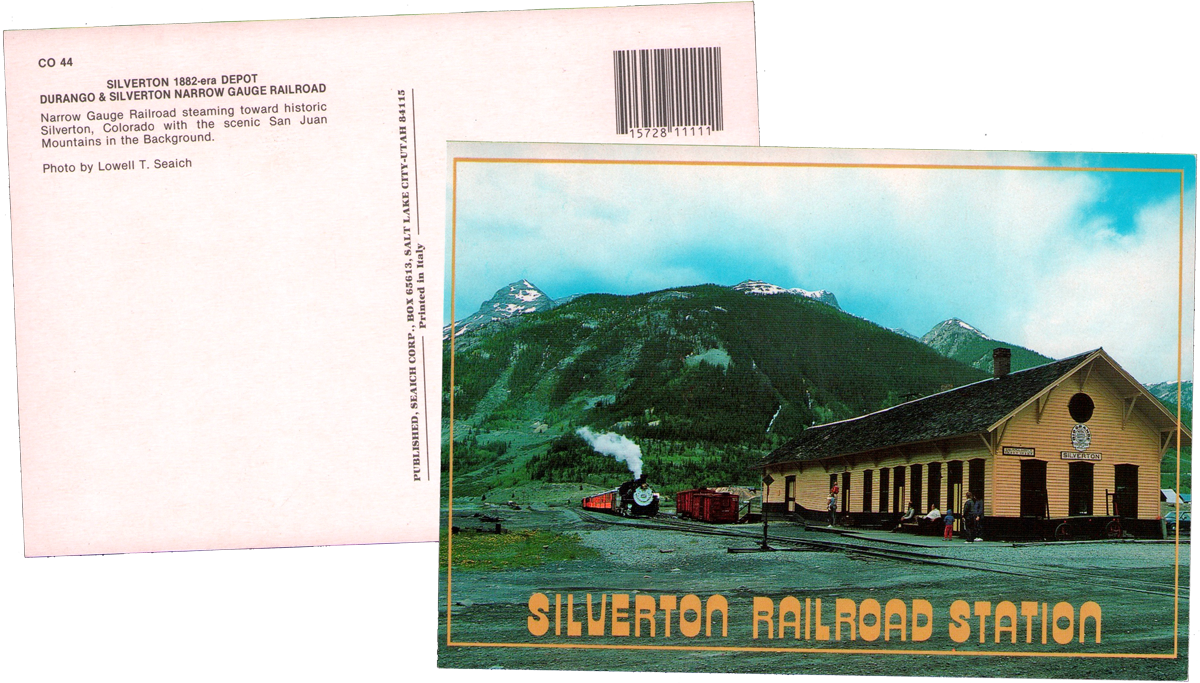
postcard / collection
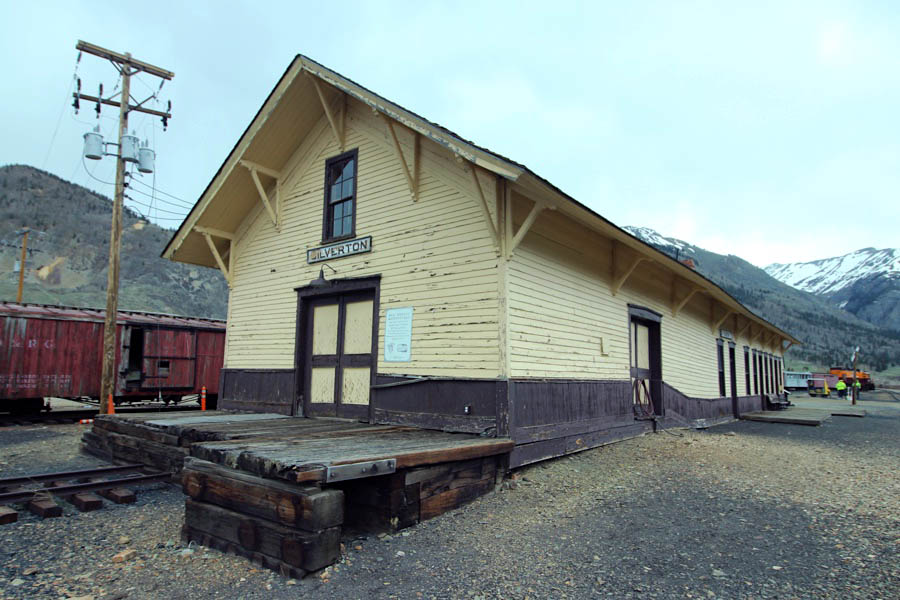
Silverton, Co / May 2023 / RWH
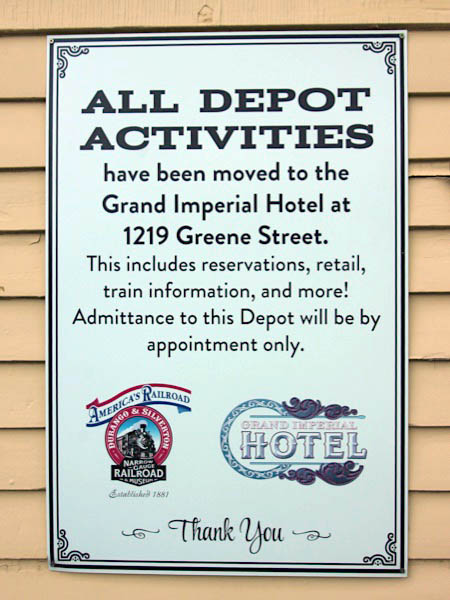
May 2023 / RWH
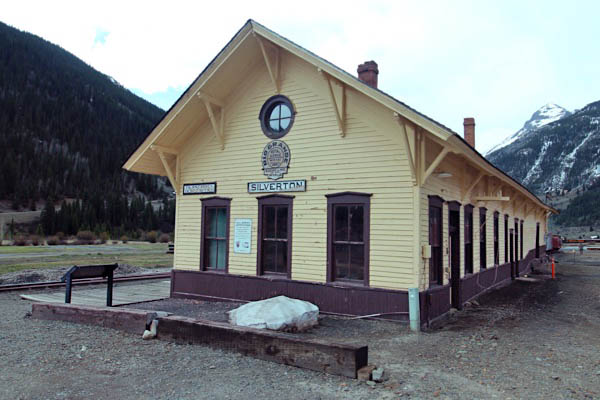
Silverton, Co / May 2023 / RWH
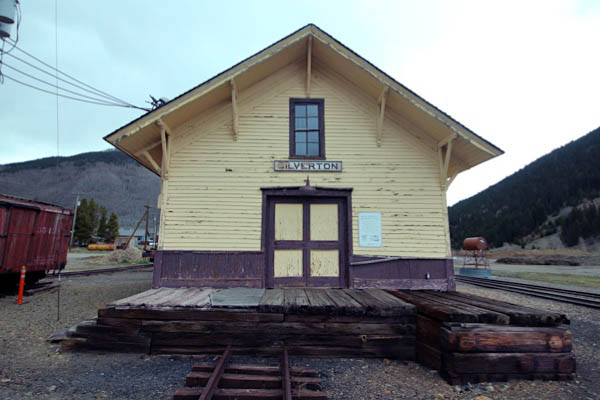
Silverton, Co / May 2023 / RWH
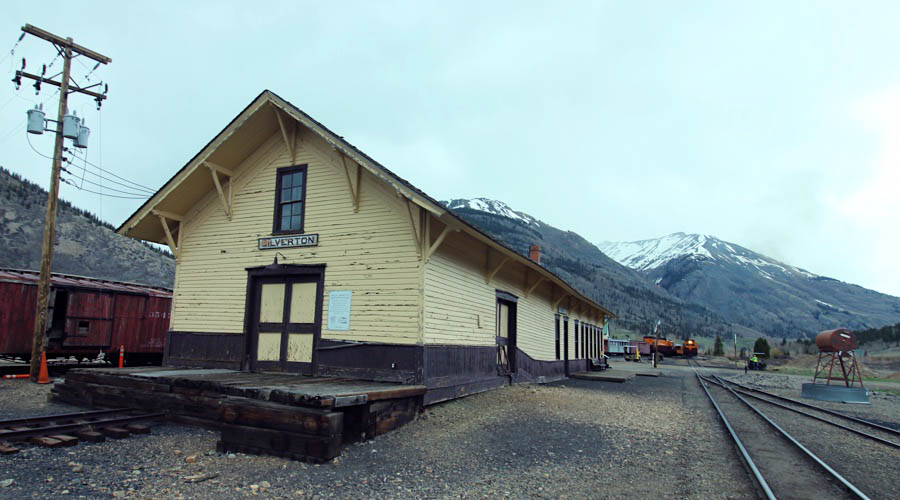
Silverton, Co / May 2023 / RWH
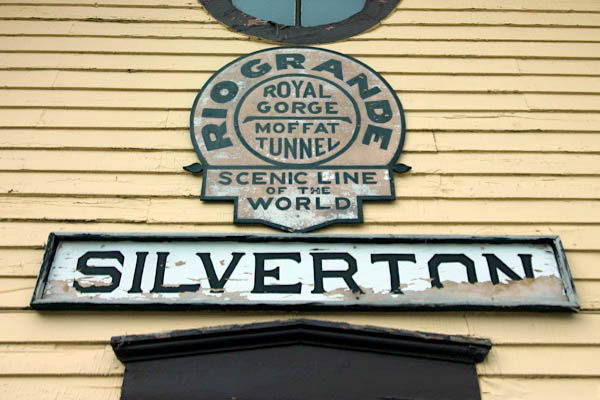
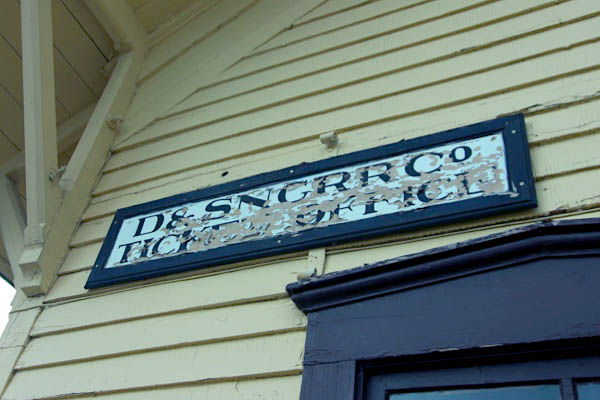
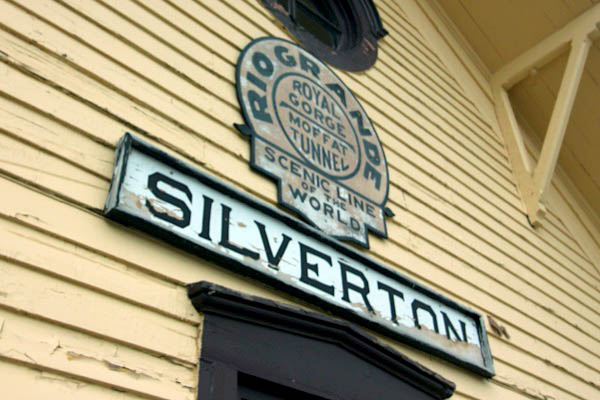
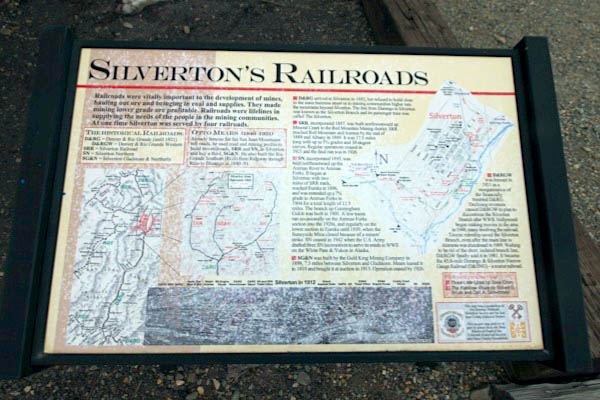
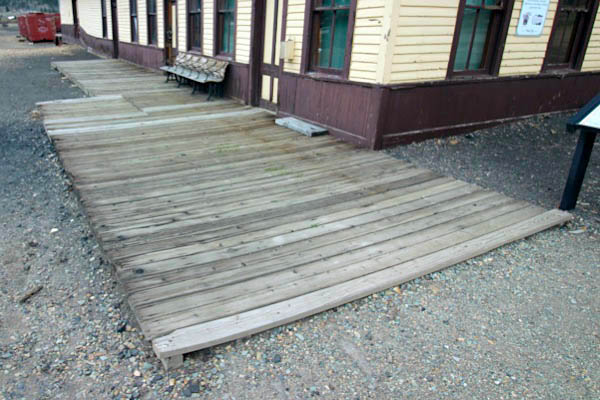
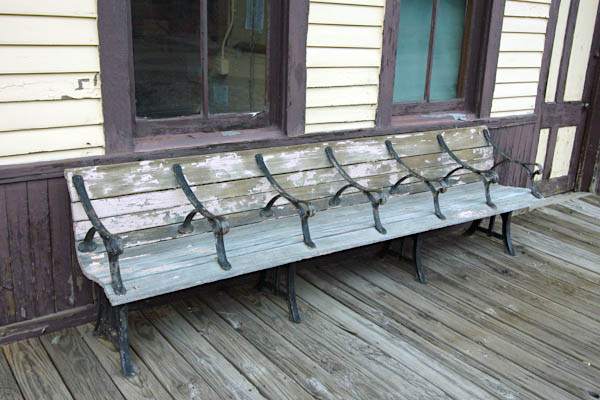
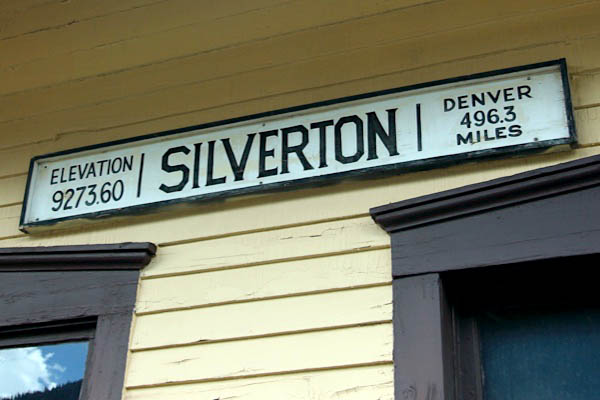
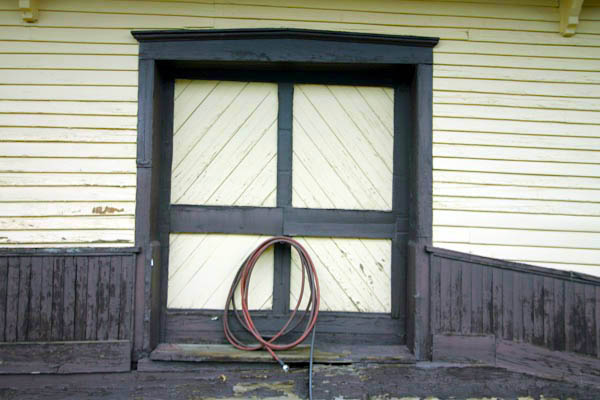
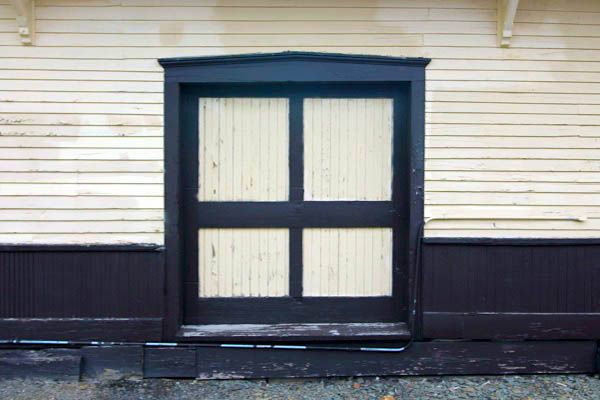
Silverton, Co / May 2023 / RWH

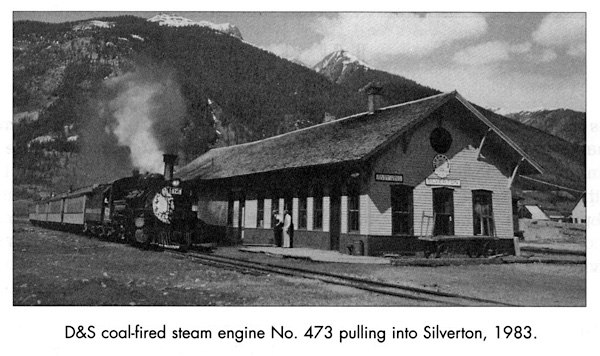
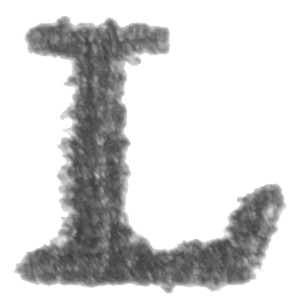 ocated 45 railroad miles from Durango, Silverton was the northern terminus of a Denver & Rio Grande branch (later Denver & Rio Grande Western). In the 1950s, the railroad sought to abandon the line, but the Interstate Commerce Commission refused permission, because tourist ridership was on the upswing. To discourage railroad business, the D&GW first converted the Silverton depot to a trucking facility. The next step was demolition plans, but the railroad was persuaded to donate the building to the San Juan Historical Society. In 1975, the group was using the depot to store museum artifacts when someone dynamited the freight end. (The perpetrator was never found.) Partly by using materials salvaged from the explosion, the society rebuilt the damaged area. The group also reroofed the depot with wooden shingles and painted it the "Rio Grande" color scheme of yellowish-tan and brown.
ocated 45 railroad miles from Durango, Silverton was the northern terminus of a Denver & Rio Grande branch (later Denver & Rio Grande Western). In the 1950s, the railroad sought to abandon the line, but the Interstate Commerce Commission refused permission, because tourist ridership was on the upswing. To discourage railroad business, the D&GW first converted the Silverton depot to a trucking facility. The next step was demolition plans, but the railroad was persuaded to donate the building to the San Juan Historical Society. In 1975, the group was using the depot to store museum artifacts when someone dynamited the freight end. (The perpetrator was never found.) Partly by using materials salvaged from the explosion, the society rebuilt the damaged area. The group also reroofed the depot with wooden shingles and painted it the "Rio Grande" color scheme of yellowish-tan and brown.
The depot's simple exterior has vertical boards to windowsill level, clapboards above, pedimented door and window openings, and heavy brackets supporting the deep roof overhangs. About half the windowpanes are still old wavy glass. A circular window adorns the gable end of the waiting room, which contains benches and a stove (probably brought from other depots in the Rio Grande system), and the original two ticket win-dows. During the 1970s and 1980s, the depot was leased to a publishing house. The journey back to railroad use began when the Durango & Silverton (the tourist operation that bought the branch line) subleased space for a ticket office. The railroad eventually purchased the entire building. The attic space has been remodeled for crew sleeping quarters.
Janet Greenstein Potter / Great American Railroad Stations
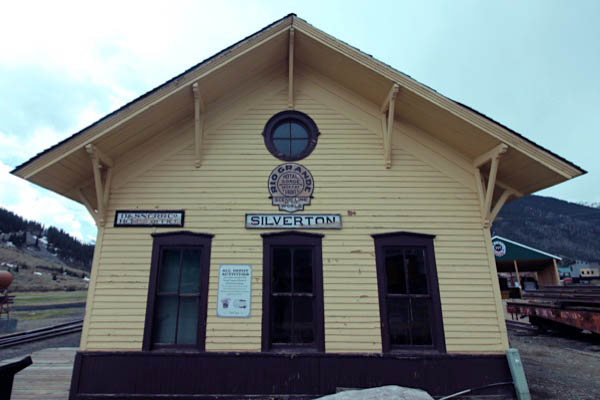
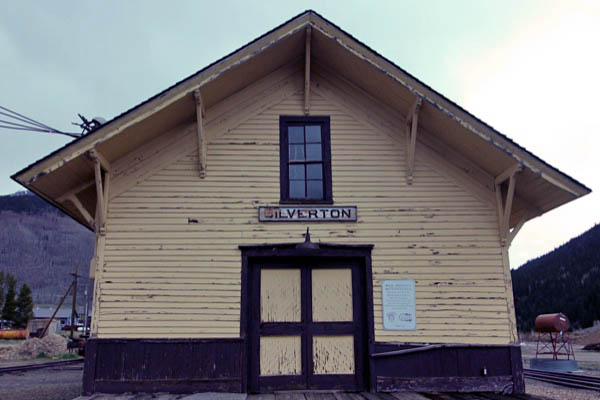
May 2023 / RWH
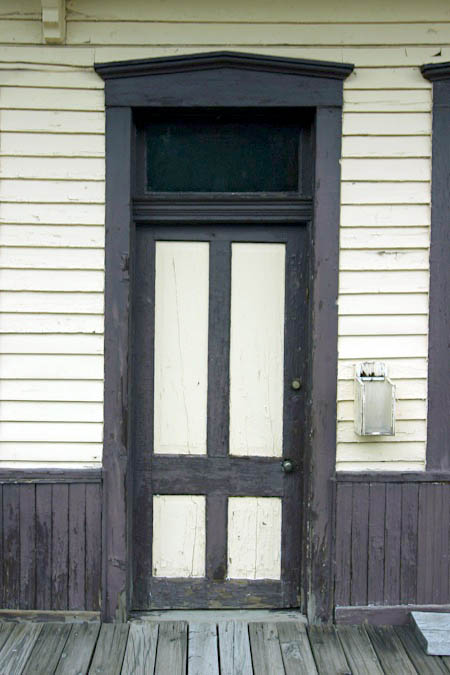
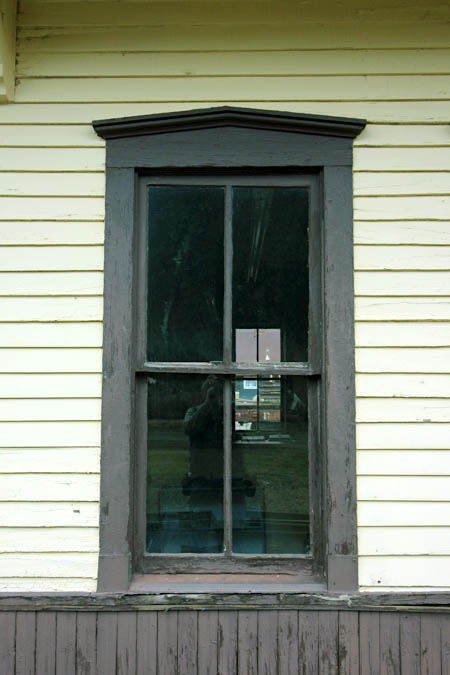
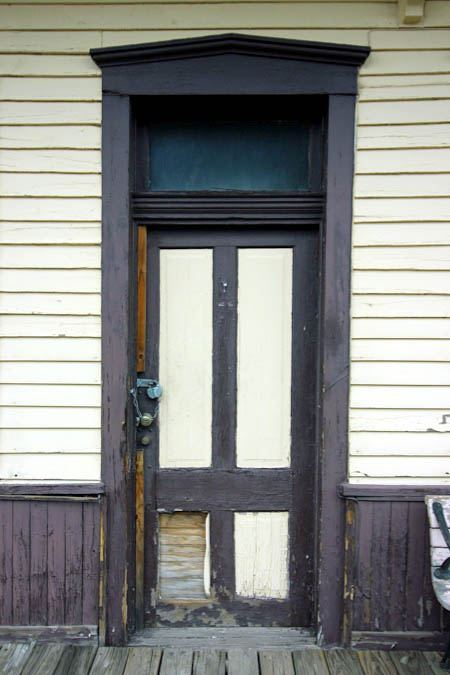
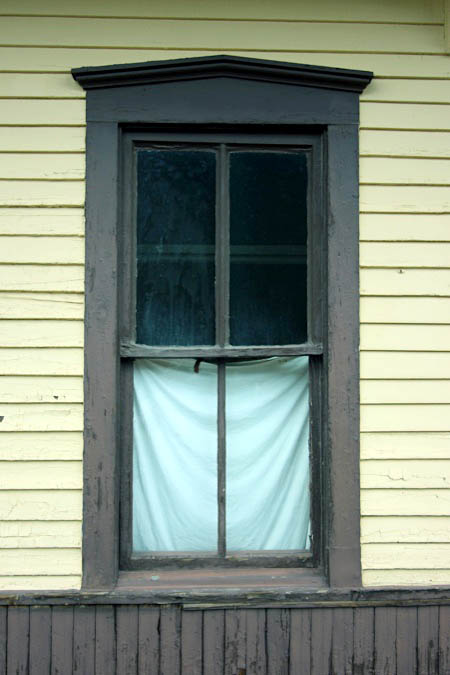
May 2023 / RWH
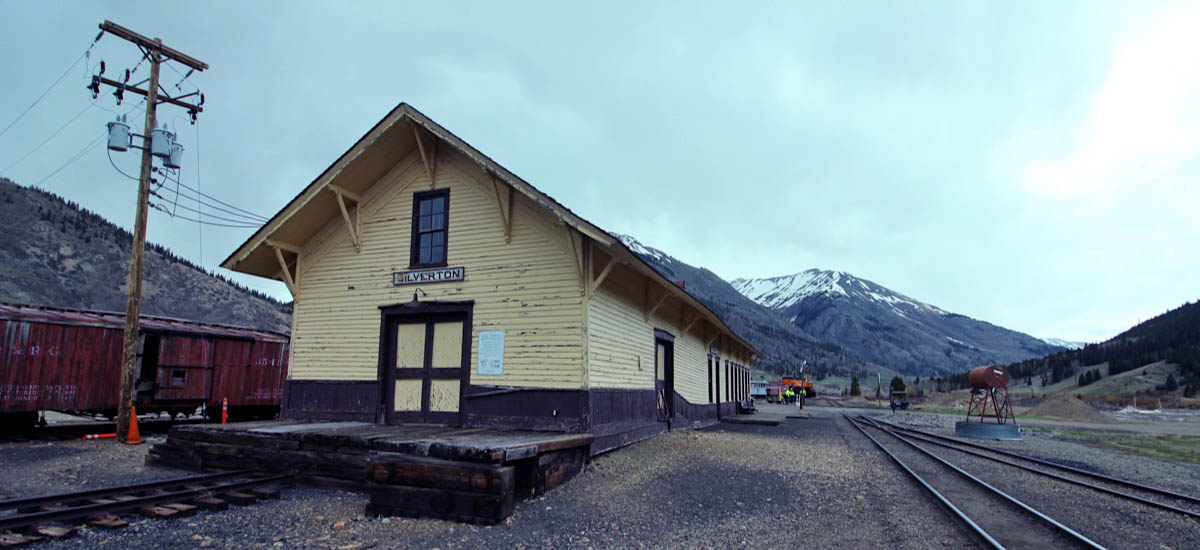
Silverton, Co / May 2023 / RWH
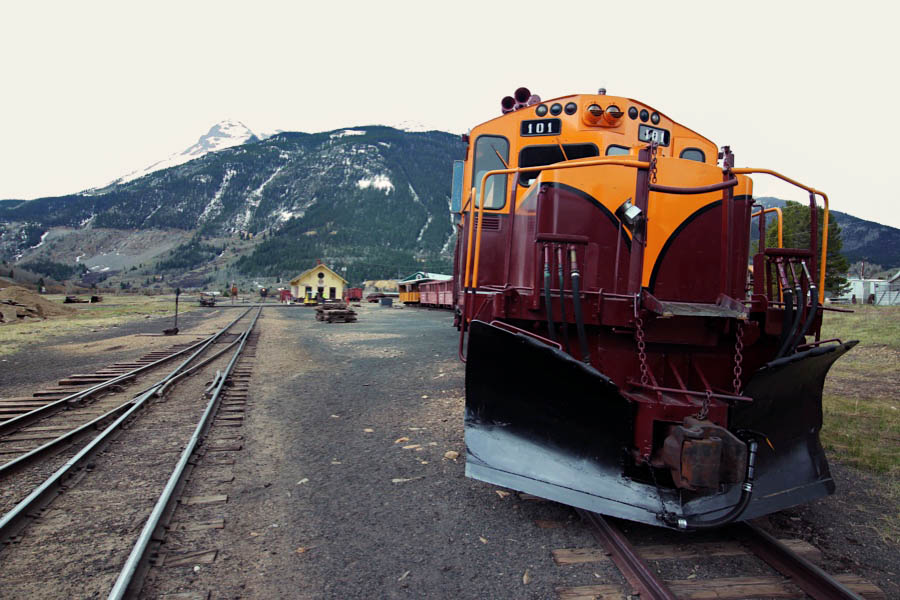
Silverton, Co / May 2023 / RWH
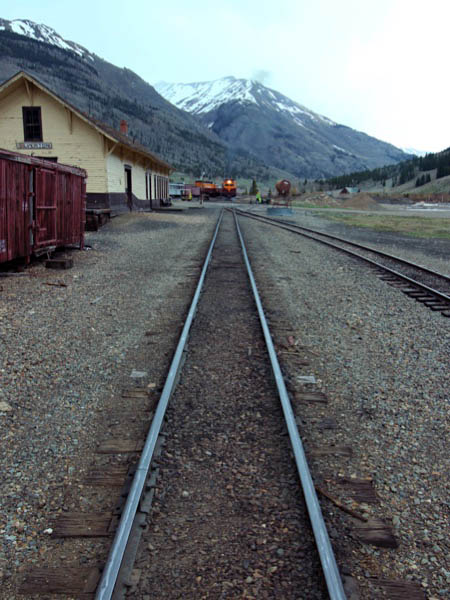
May 2023 / RWH
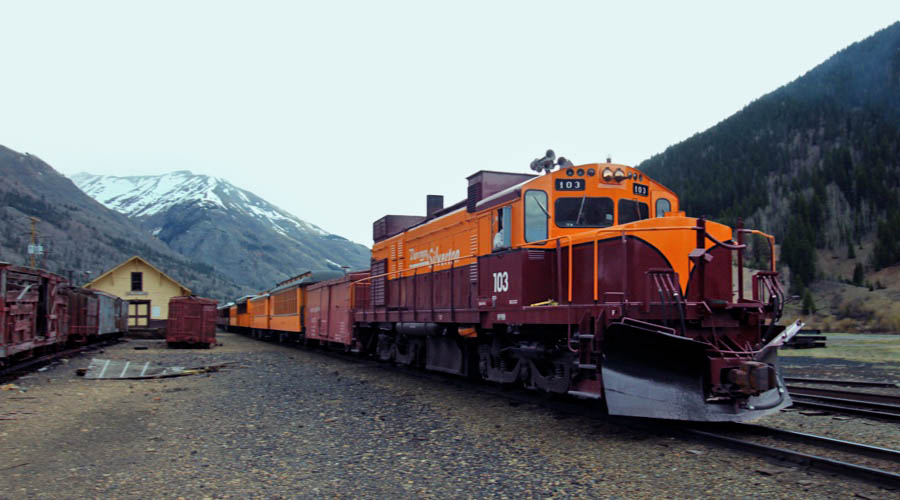
Silverton, Co / May 2023 / RWH
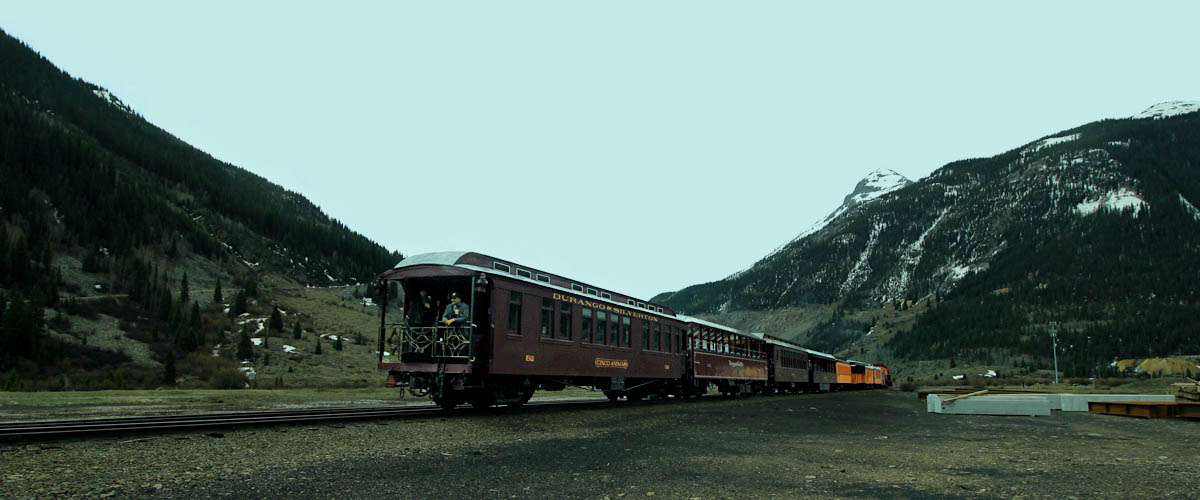
Silverton, Co / May 2023 / RWH
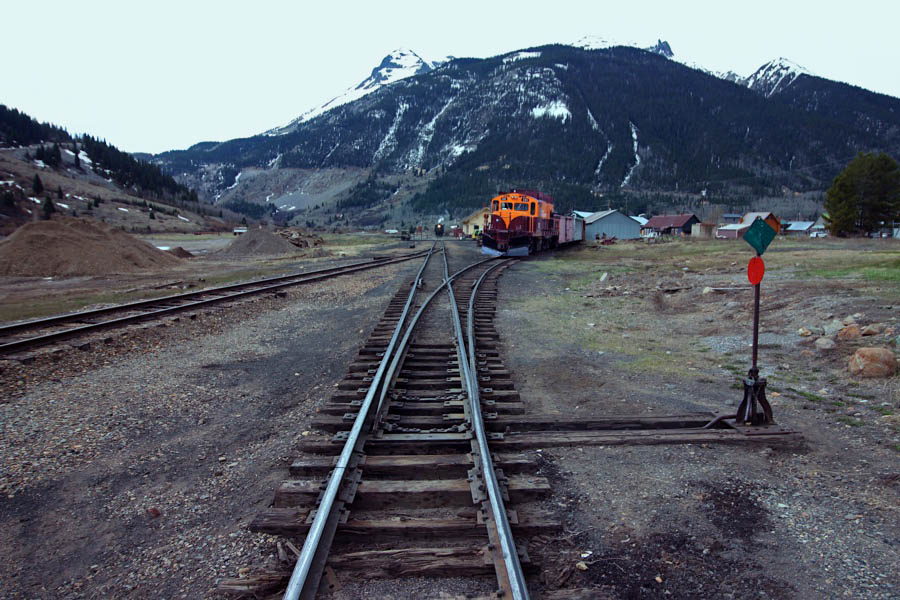
Silverton, Co / May 2023 / RWH
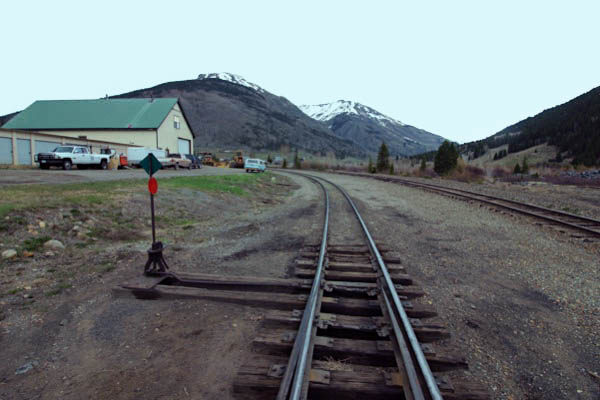
Silverton, Co / May 2023 / RWH
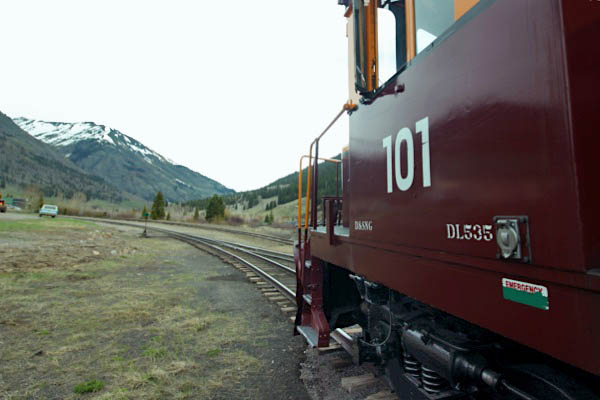
Silverton, Co / May 2023 / RWH
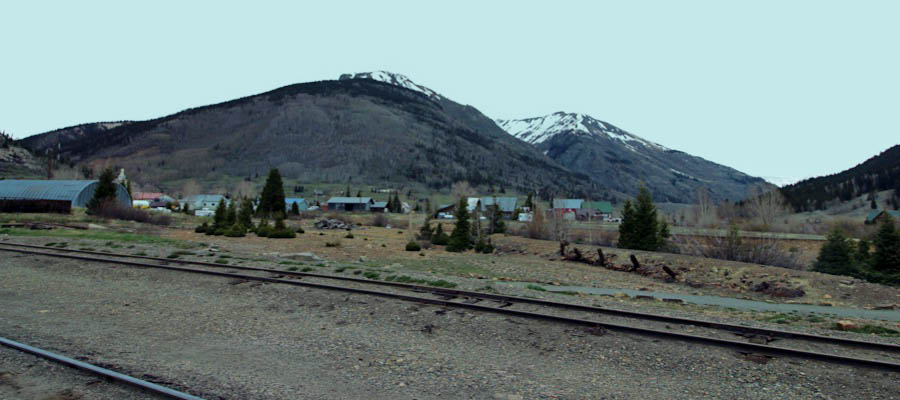
Silverton, Co / May 2023 / RWH

Silverton, Co / May 2023 / RWH
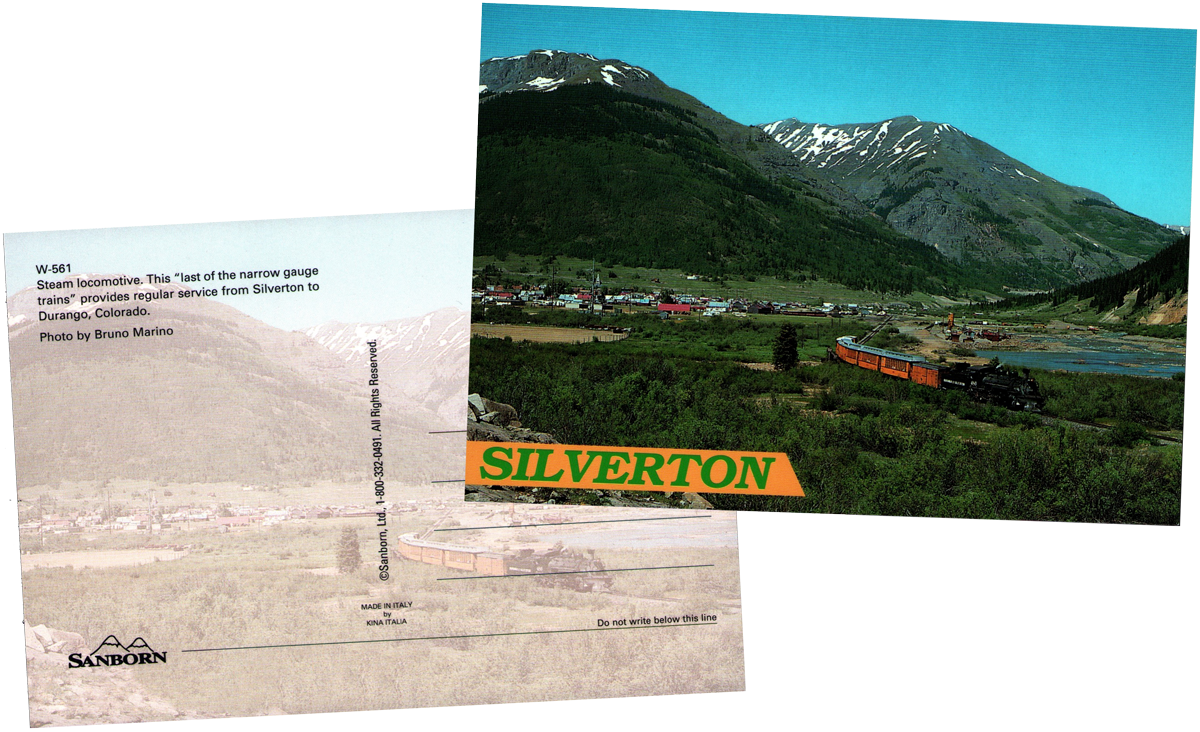
postcard / collection
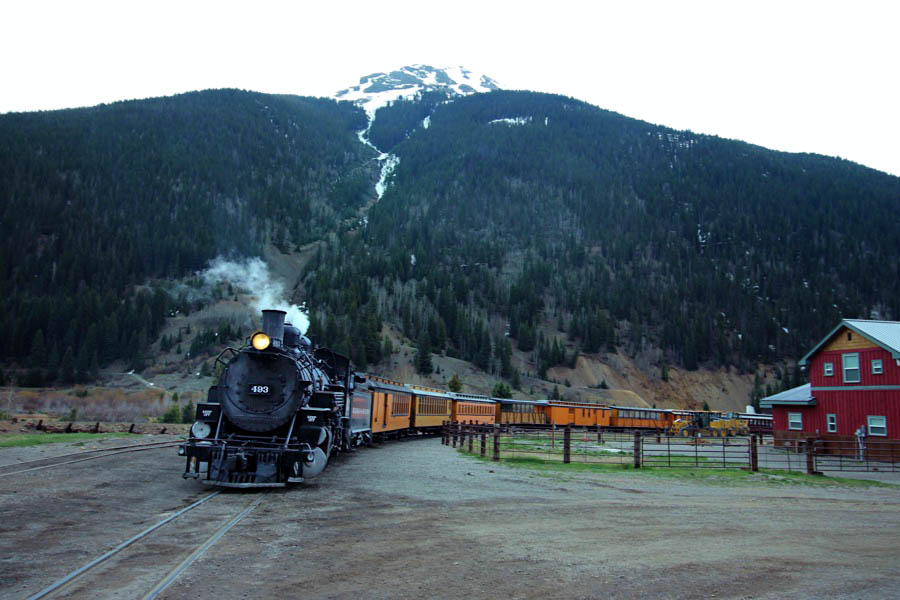
Silverton, Co / May 2023 / RWH
 Blair and Twelfth Streets
Blair and Twelfth Streets
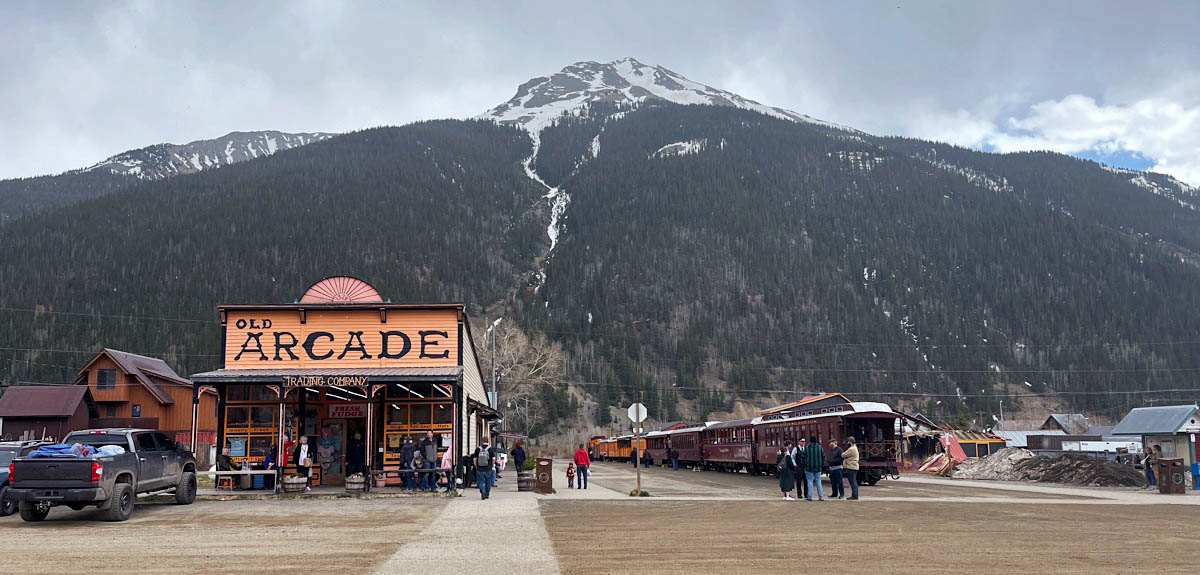
Silverton, Co / May 2023 / RWH

 n downtown Silverton, the track turns onto 12th Street and stops at Blair Street. This improvement was made in 1963 so passengers did not have to walk from the depot to the main part of town. In 1964 a second parallel track was built to 12th and Blair Streets, so now for several hours each day during the busy summer months, two engines stand side by side with steam slowly hissing from the escape valves. Following a western style welcome, lunch at one of the many cafes or at the hotel, a tour of Silverton's shops and streets, and a visit to the most interesting San Juan County Historical Society's museum in the old jail, four long and loud toots of the train whistle summon everyone back to the train.
n downtown Silverton, the track turns onto 12th Street and stops at Blair Street. This improvement was made in 1963 so passengers did not have to walk from the depot to the main part of town. In 1964 a second parallel track was built to 12th and Blair Streets, so now for several hours each day during the busy summer months, two engines stand side by side with steam slowly hissing from the escape valves. Following a western style welcome, lunch at one of the many cafes or at the hotel, a tour of Silverton's shops and streets, and a visit to the most interesting San Juan County Historical Society's museum in the old jail, four long and loud toots of the train whistle summon everyone back to the train.
Doris Osterwald / Cinders & Smoke: A Guide to the Durango & Silverton Narrow Gauge Railroad
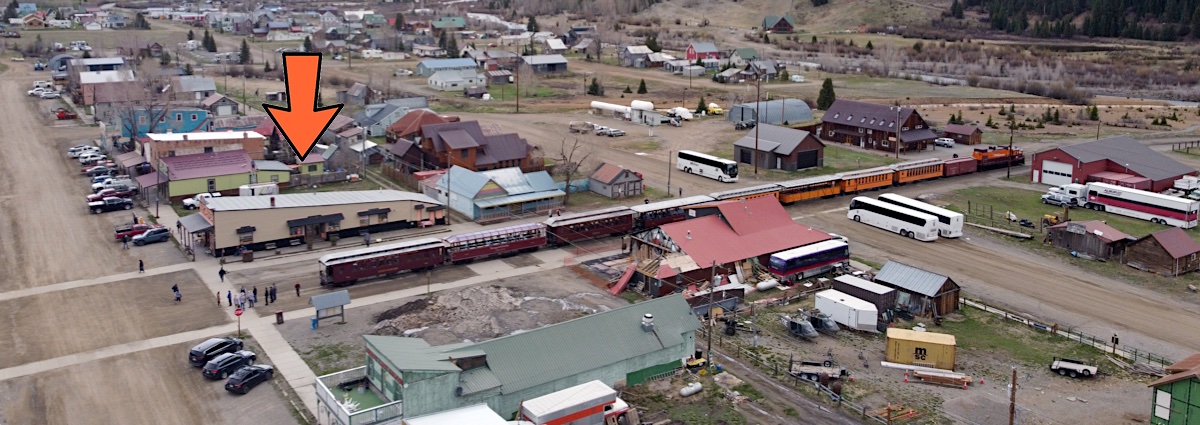
Silverton, Co / May 2023 / RWH

Click to see the East Twelfth Street area plotted on a Google Maps page
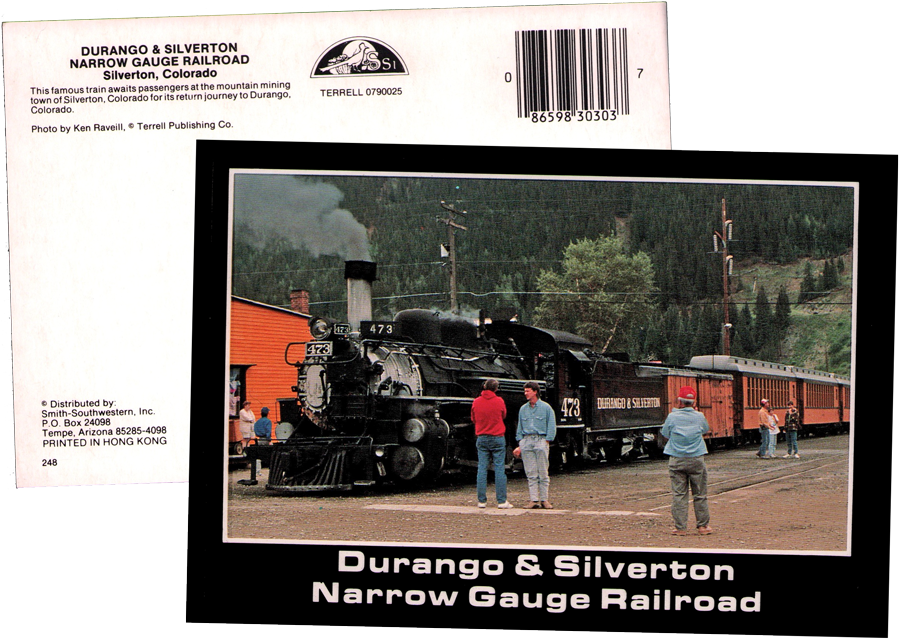
postcard / collection
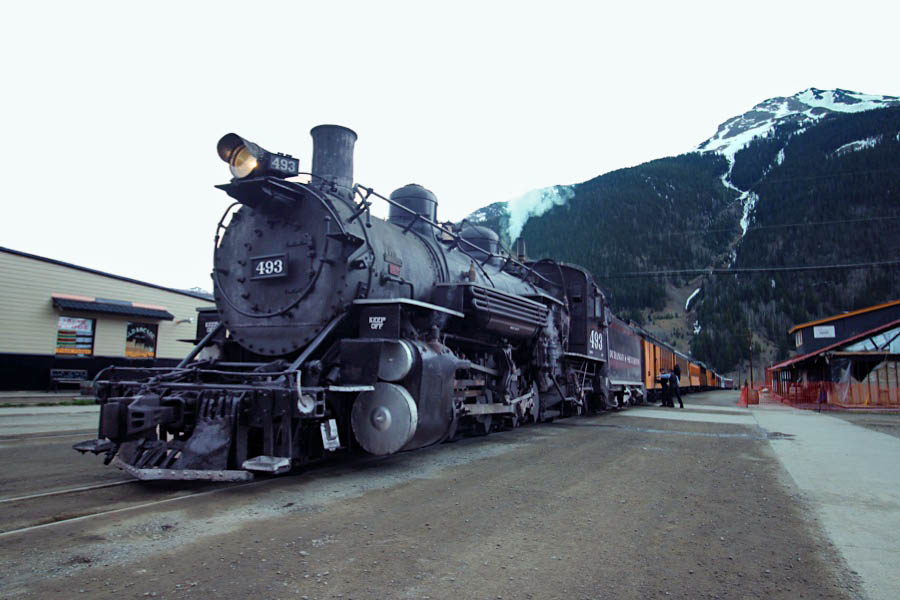
Silverton, Co / May 2023 / RWH
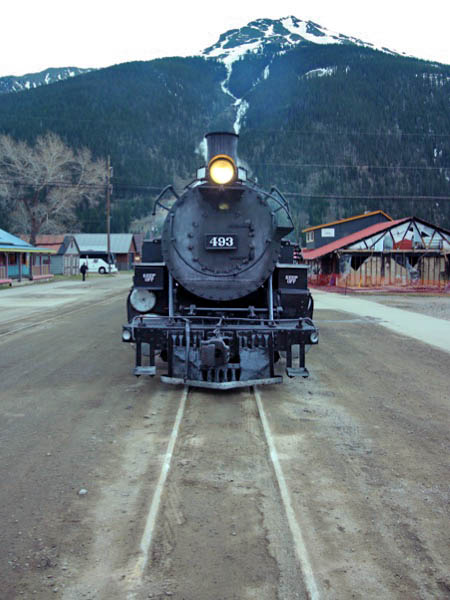
May 2023 / RWH
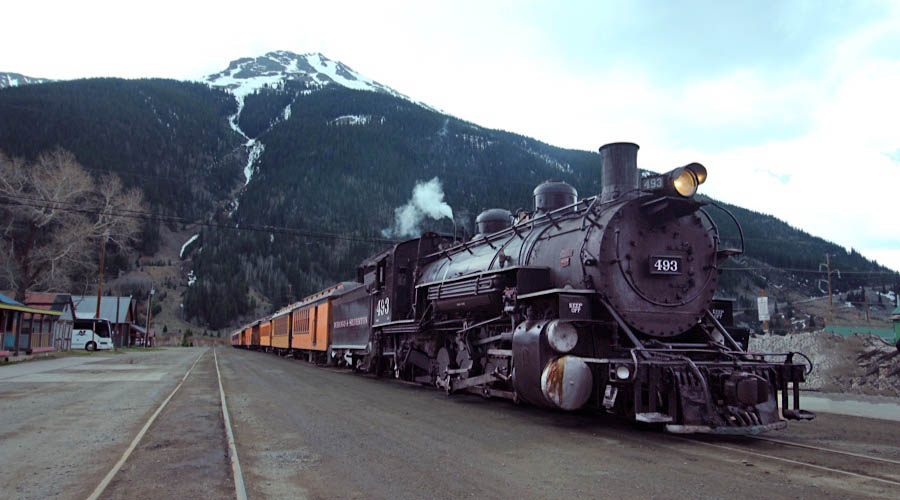
Silverton, Co / May 2023 / RWH
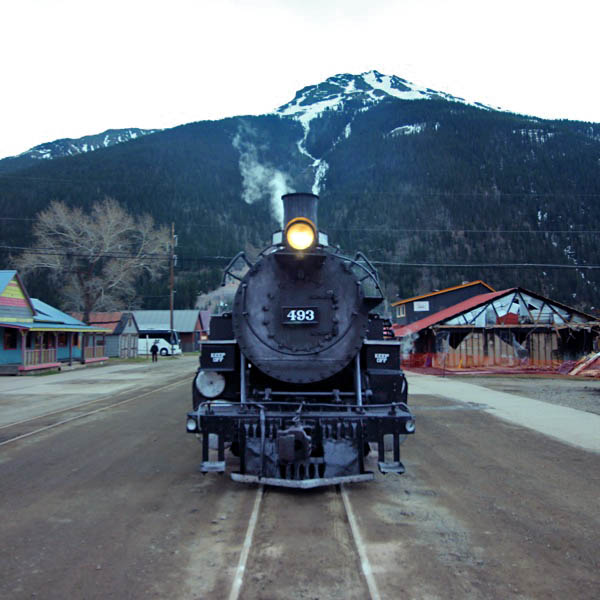
Silverton, Co / May 2023 / RWH
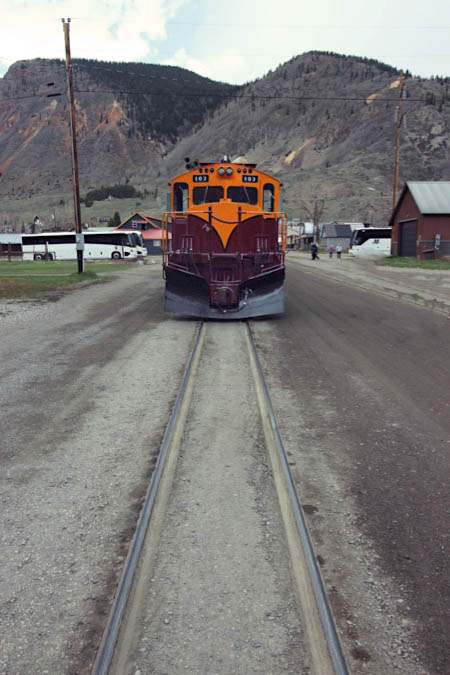
May 2023 / RWH
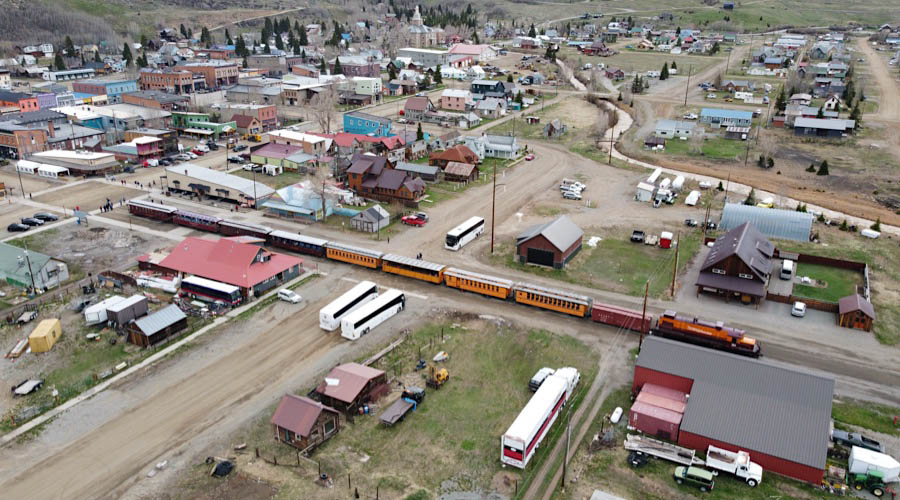
Silverton, Co / May 2023 / RWH

collection
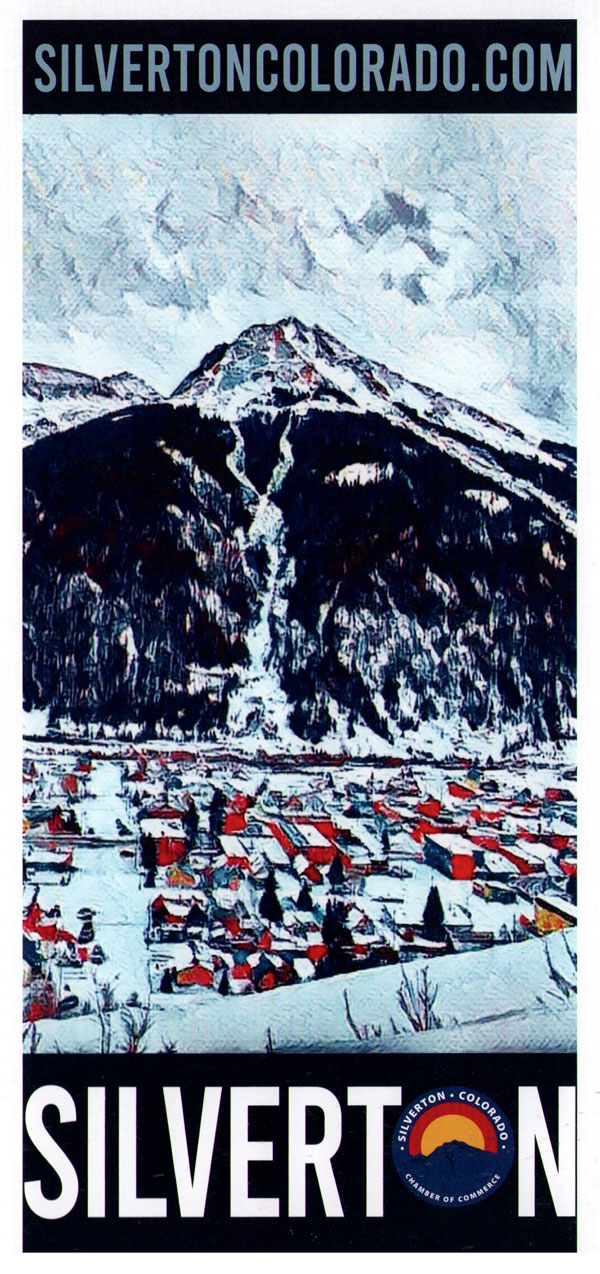
collection
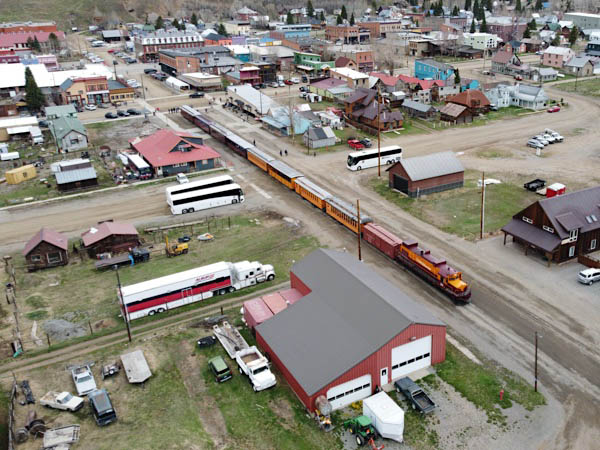
Silverton, Co / May 2023 / RWH
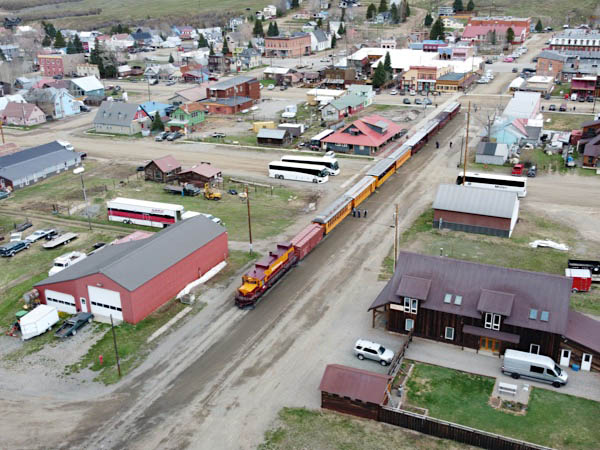
Silverton, Co / May 2023 / RWH
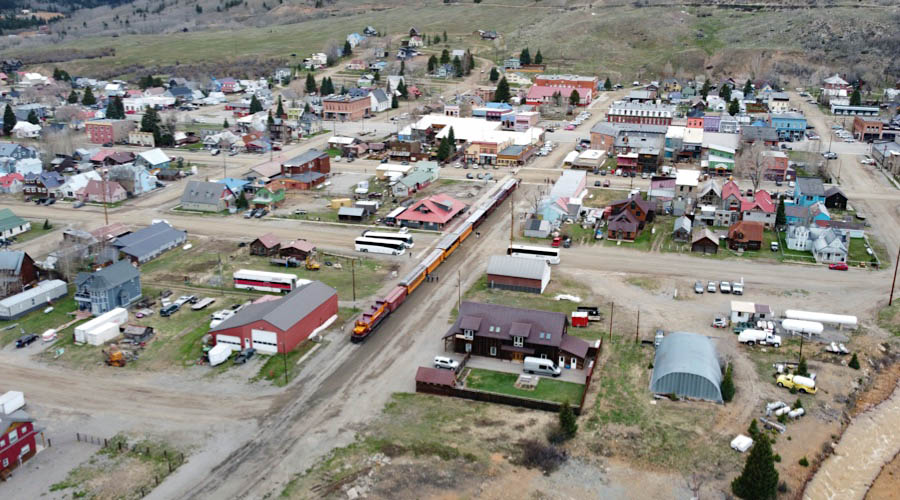
Silverton, Co / May 2023 / RWH
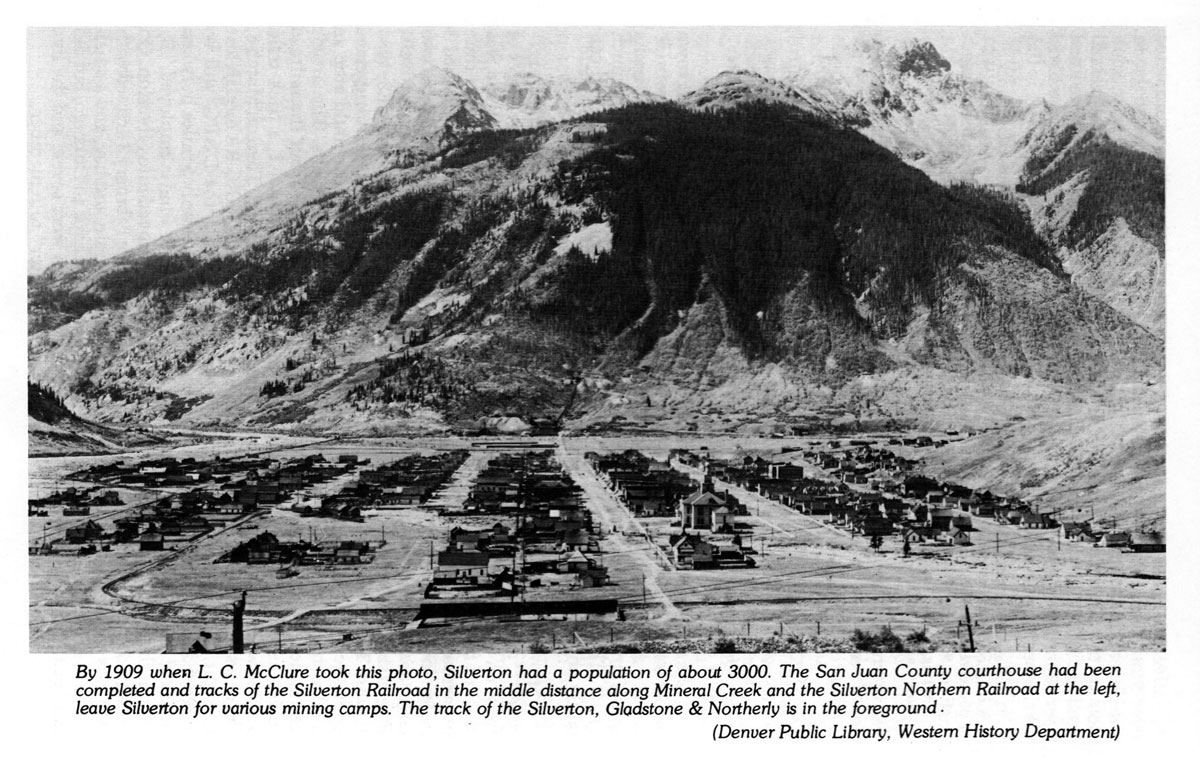
from Cinders & Smoke: A Guide to the D&SNRG by Doris Osterwald - 1986 / collection
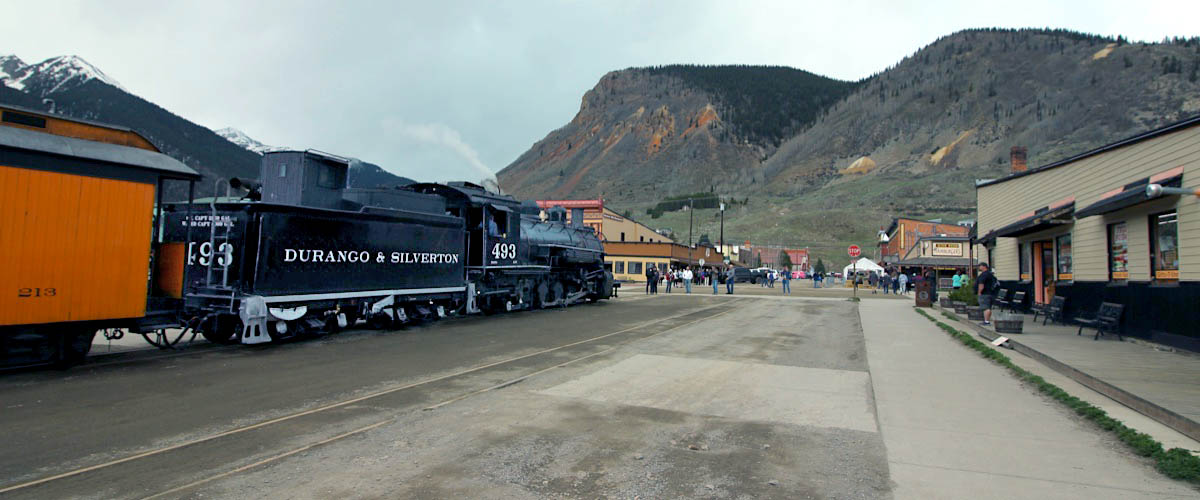
Silverton, Co / May 2023 / RWH
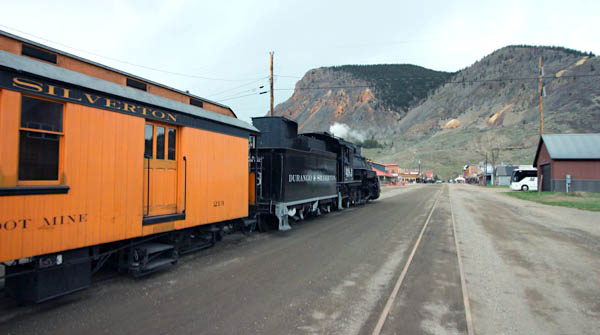
Silverton, Co / May 2023 / RWH
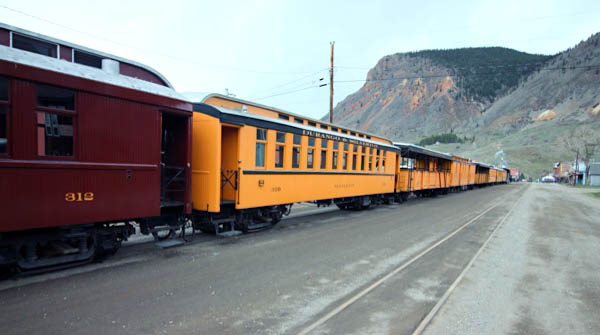
Silverton, Co / May 2023 / RWH
 Throwback 1959
Throwback 1959


Silverton, Co / Jun 1959 / JCH
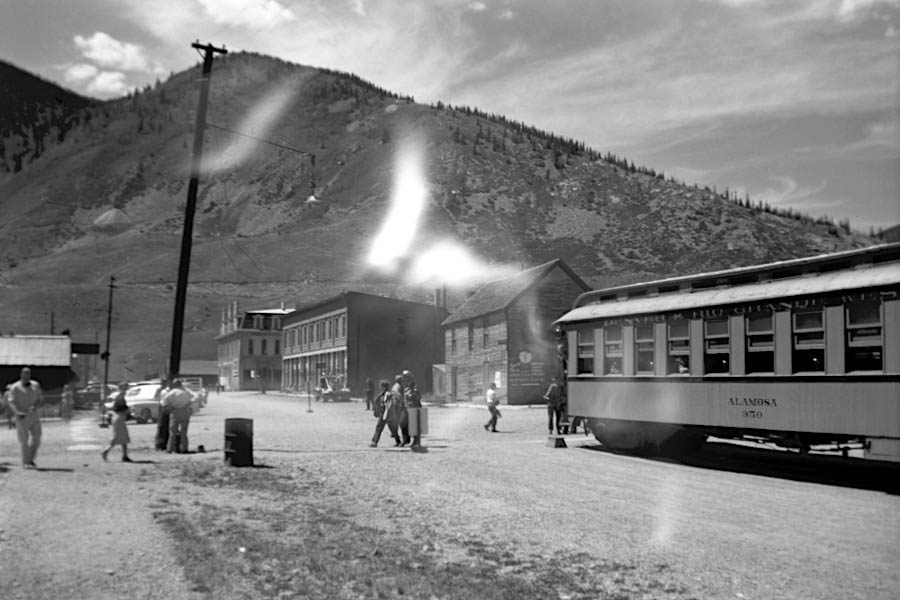
Silverton, Co / Jun 1959 / JCH
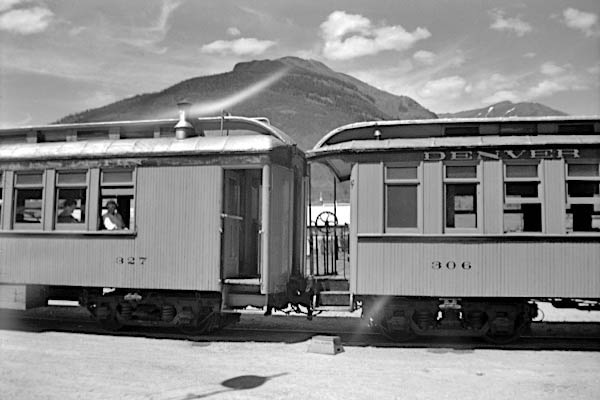
Silverton, Co / Jun 1959 / JCH

Silverton, Co / Jun 1959 / JCH

Jun 1959 / JCH
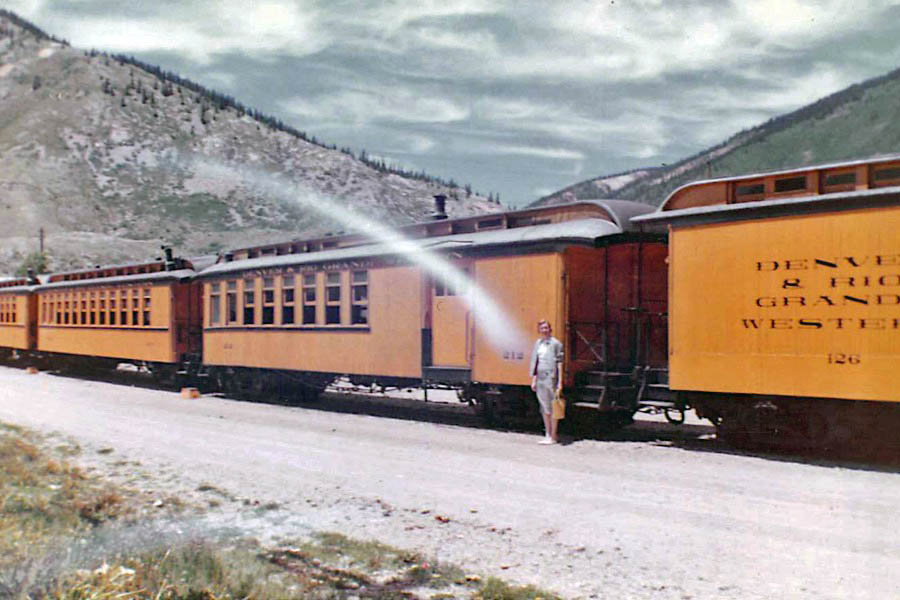
Silverton, Co / Jun 1959 / JCH

See also our complete Denver & Rio Grande Western Silverton Mixed scrapbook in Mainlines
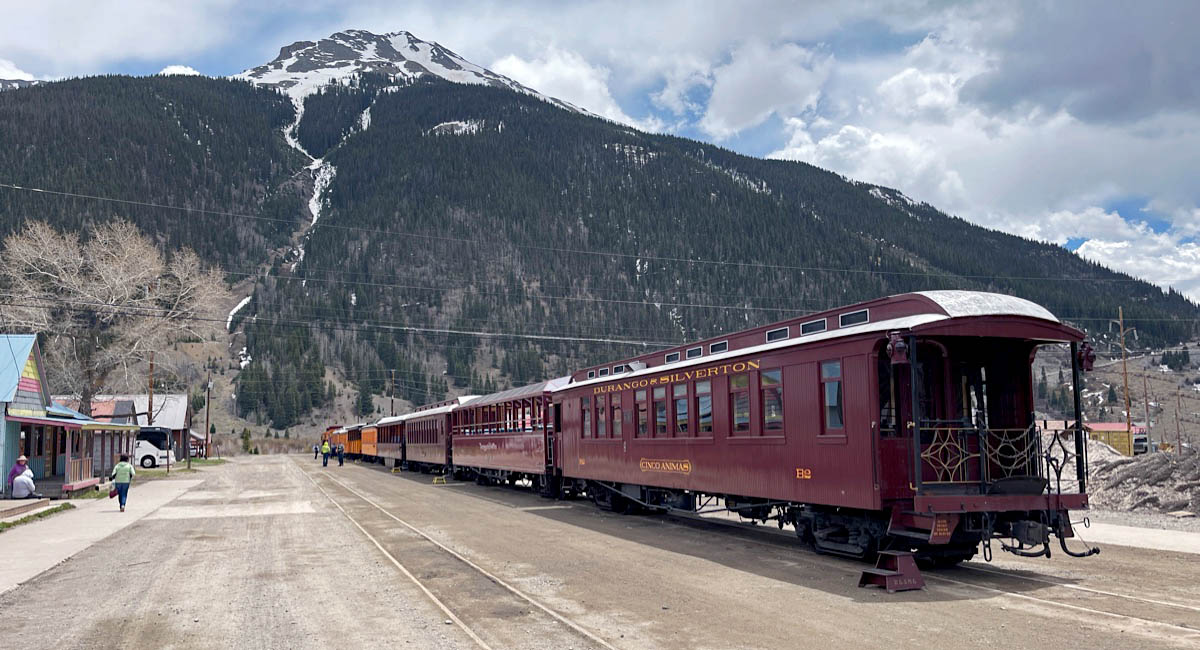
Silverton, Co / May 2023 / RWH
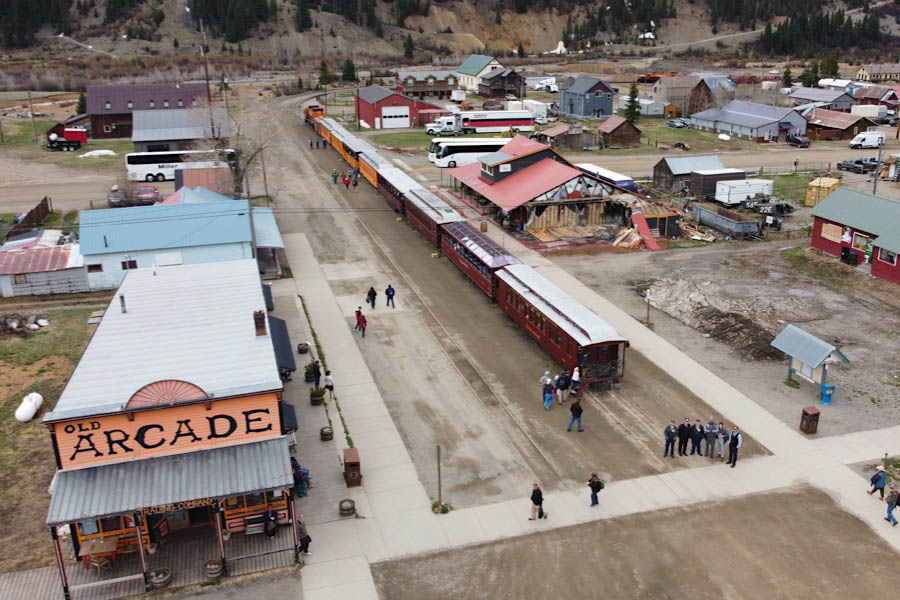
Silverton, Co / May 2023 / RWH
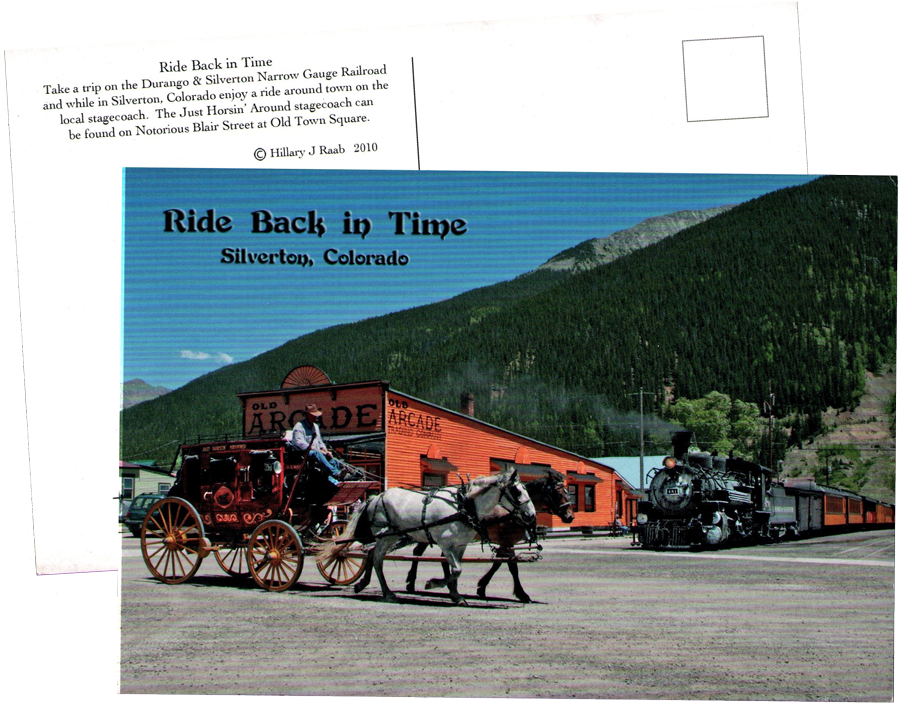
postcard / collection
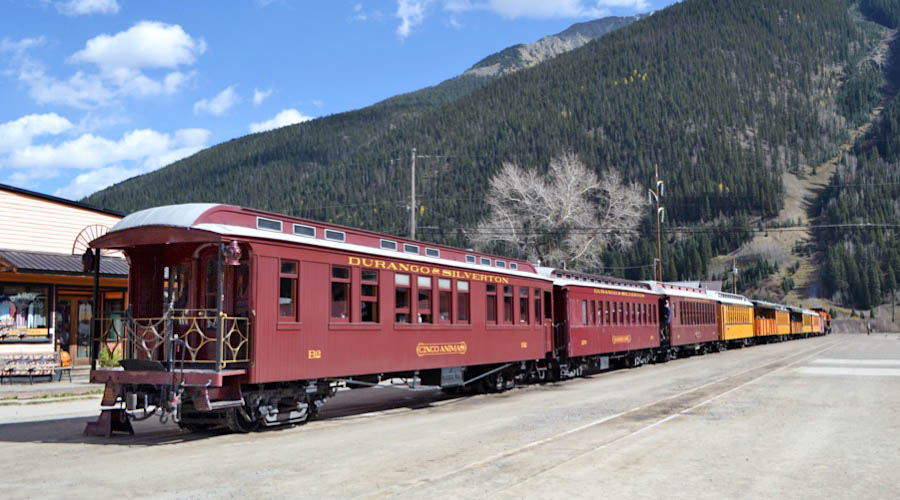
Silverton, Co / Oct 2022 / Gordon Payne
 Then and Now
Then and Now
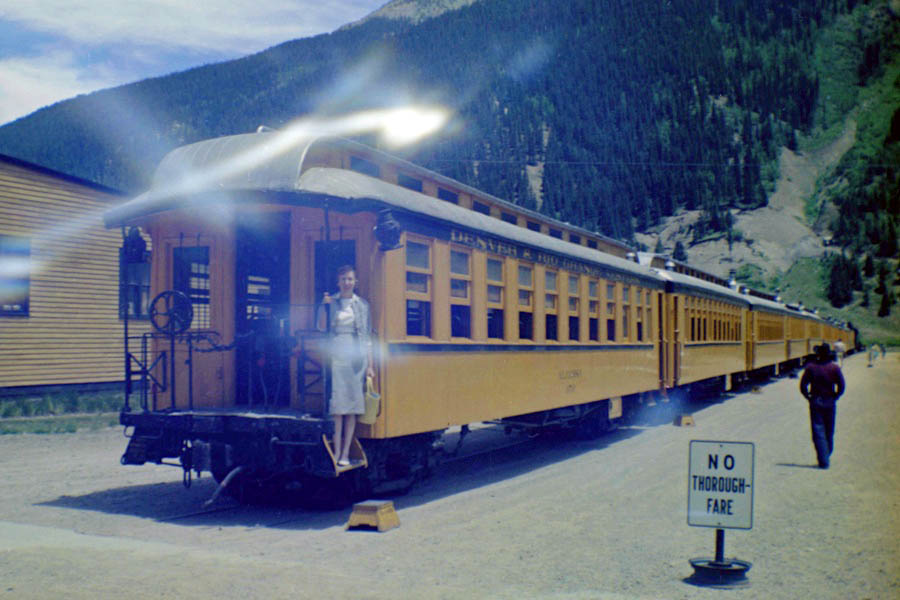
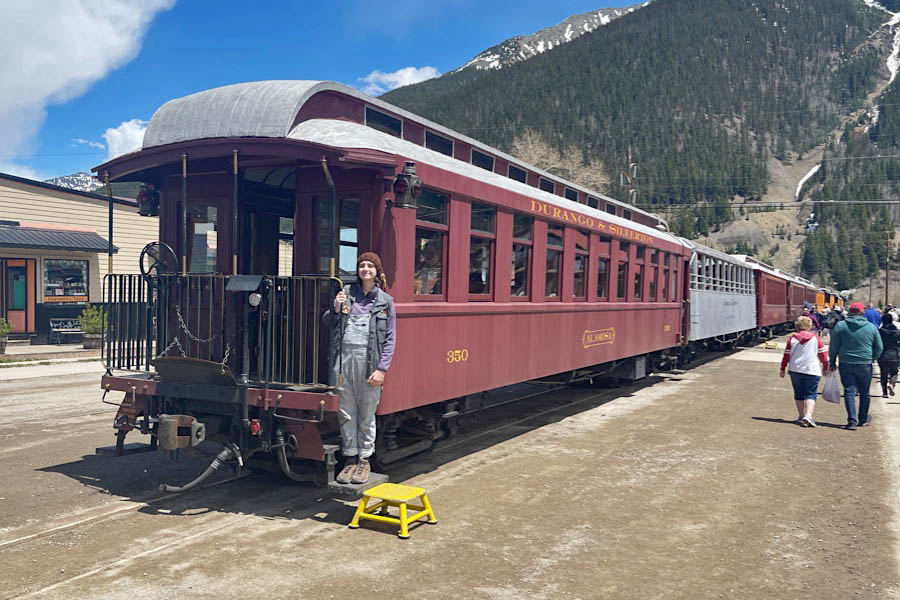
Silverton, Co / Jun 1959 and May 2023 /
JCH and RWH

 Extra Board
Extra Board
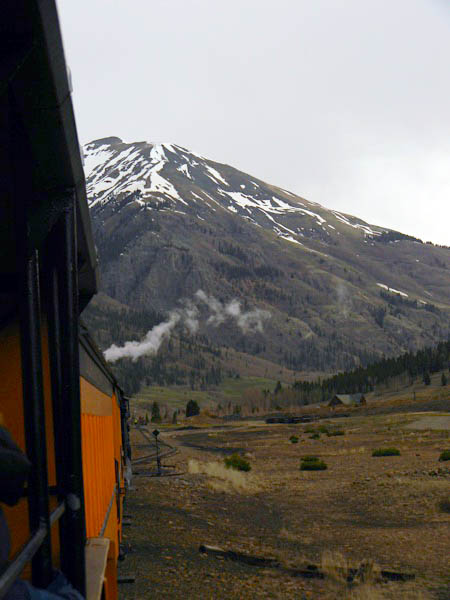
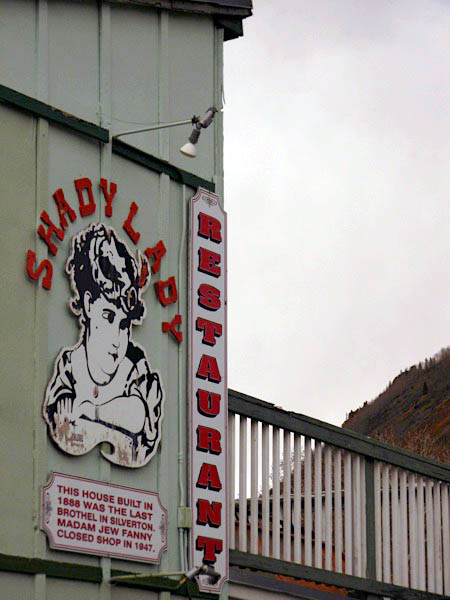
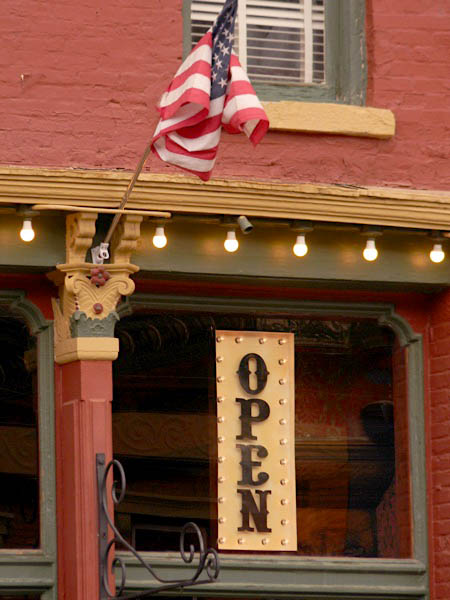
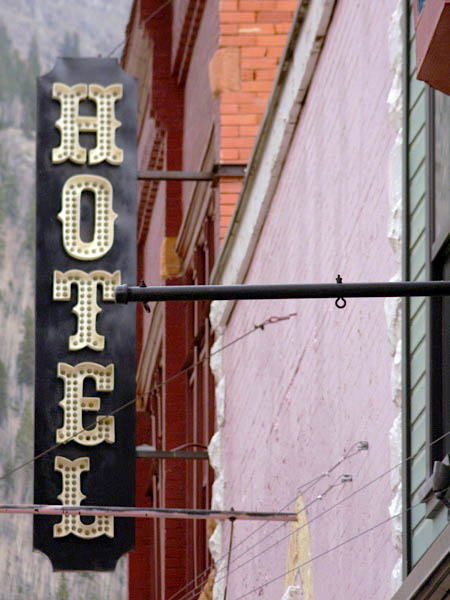
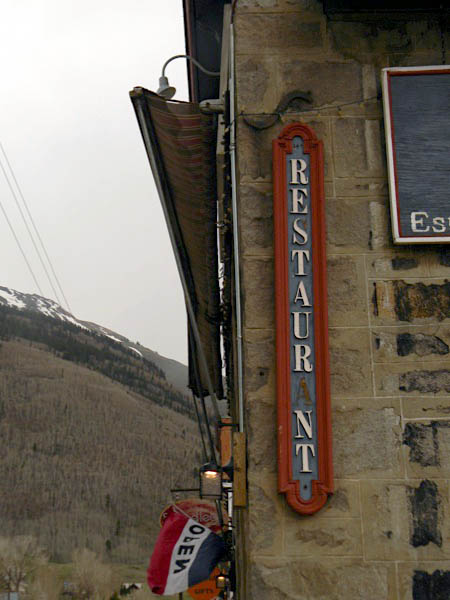
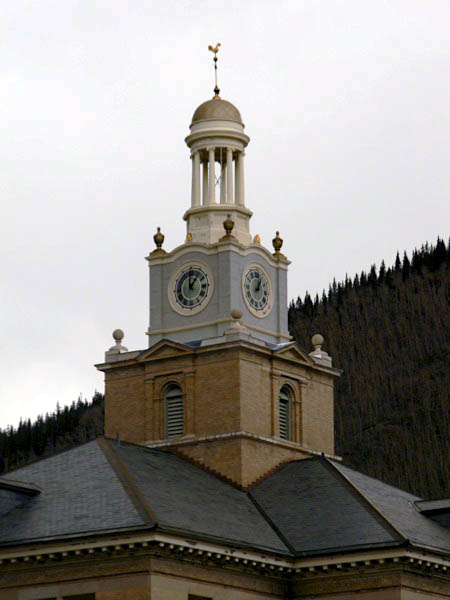
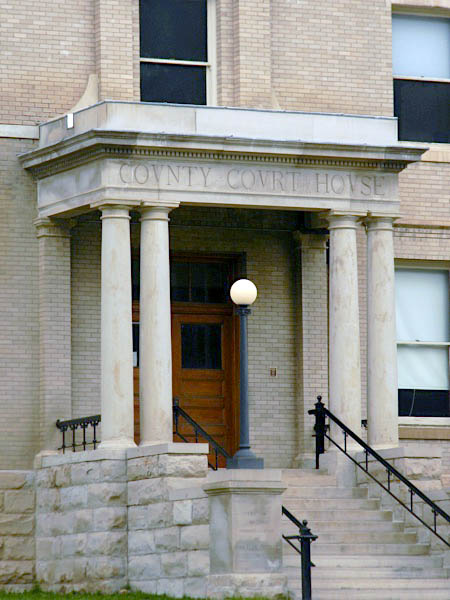
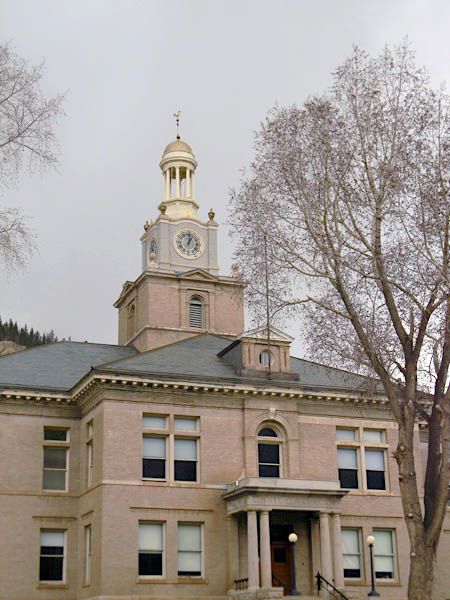
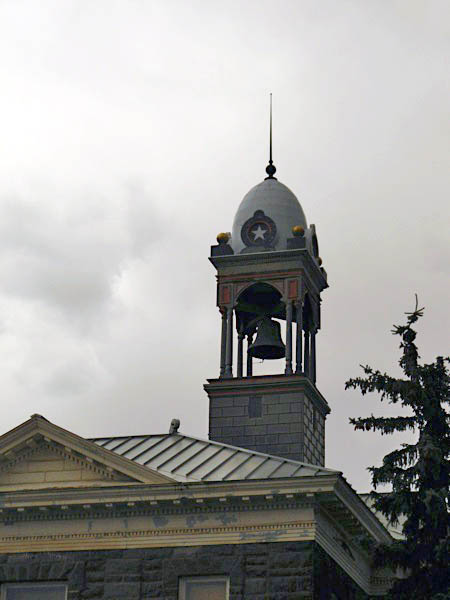
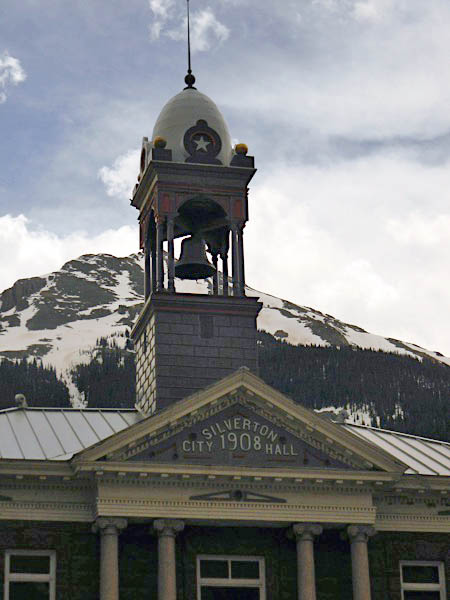
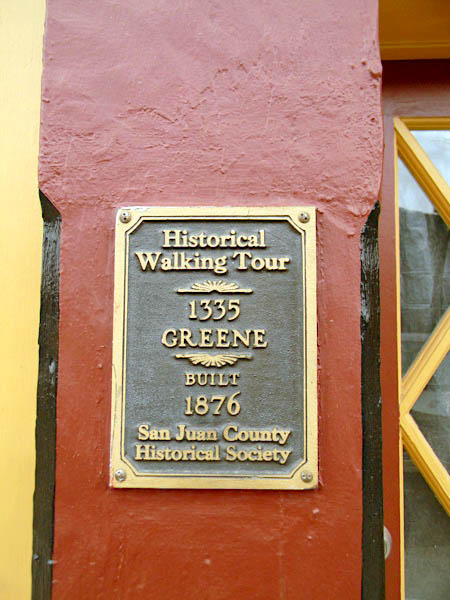
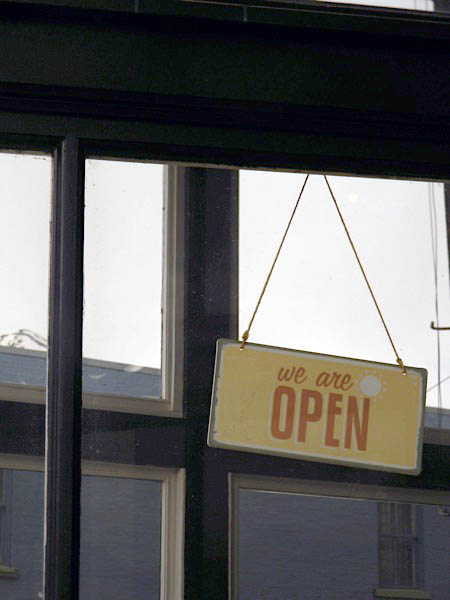
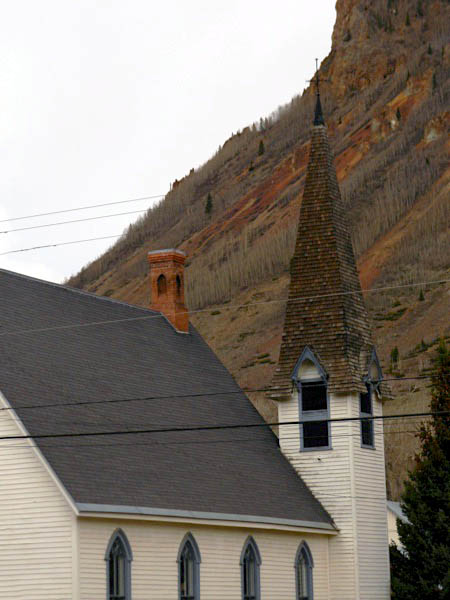
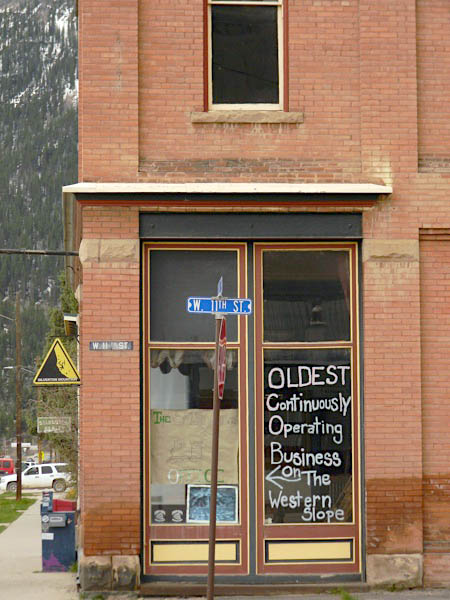
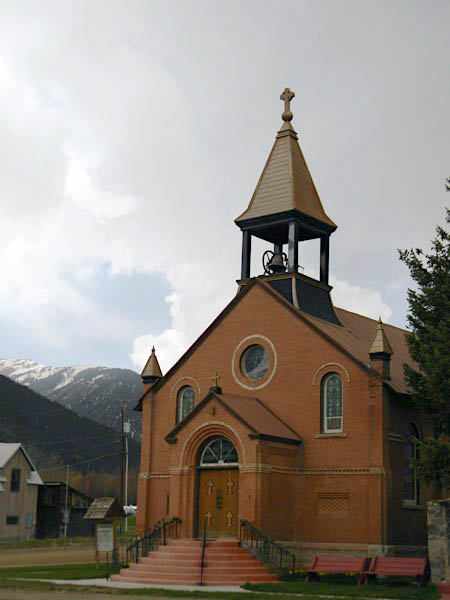
Silverton, Co / May 2023 / ETH
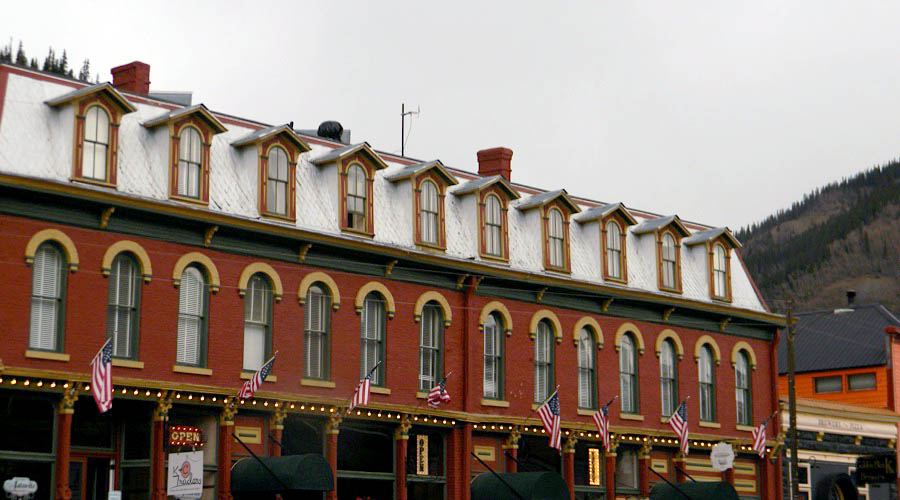
Silverton, Co / May 2023 / ETH
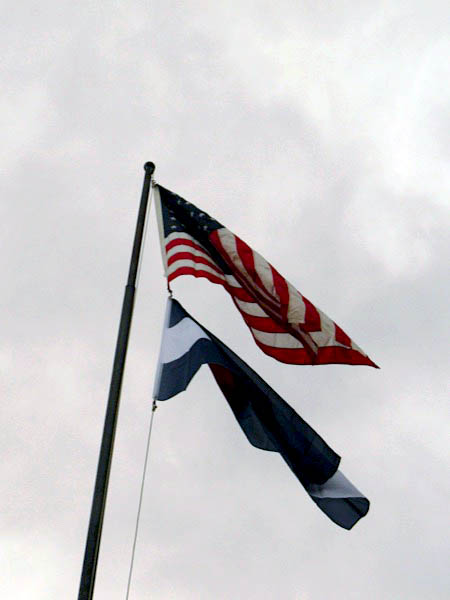
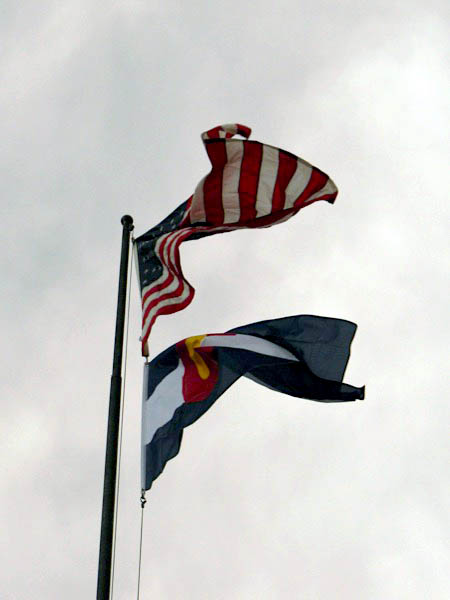
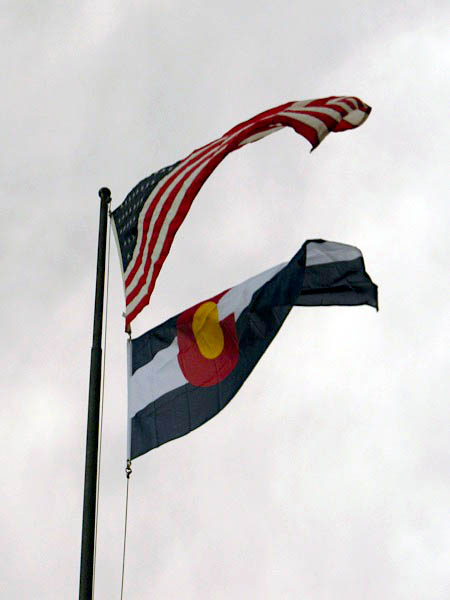
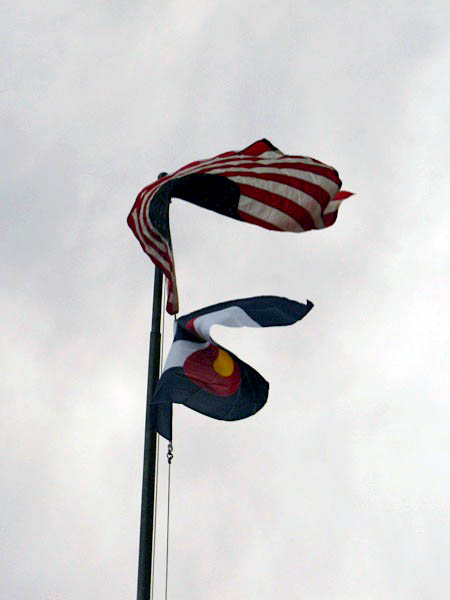
Silverton, Co / May 2023 / ETH
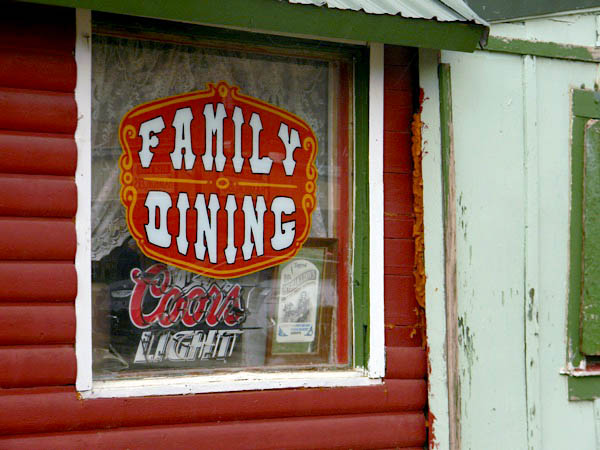
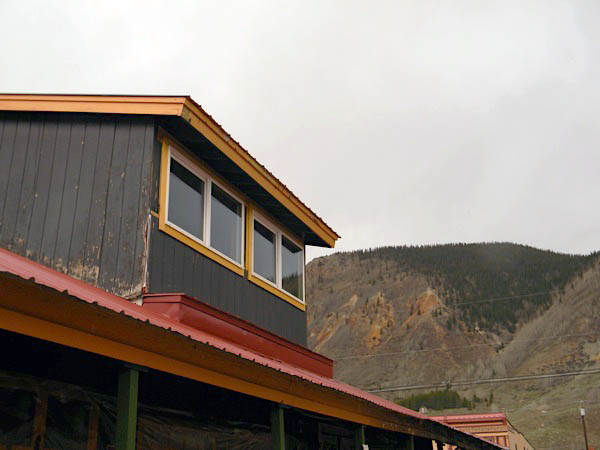
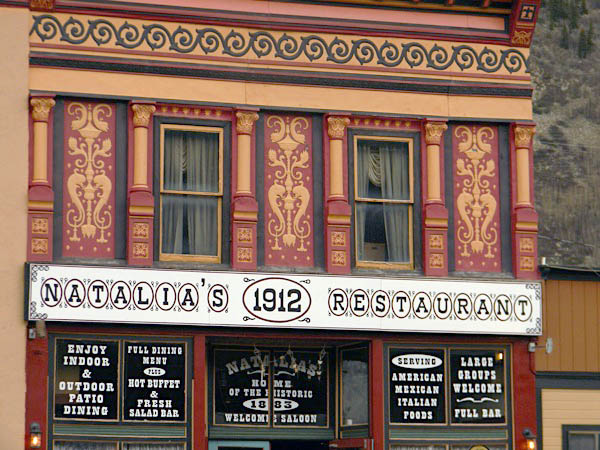
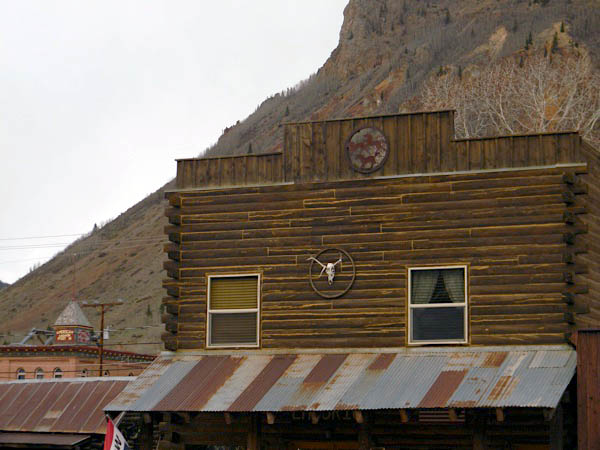
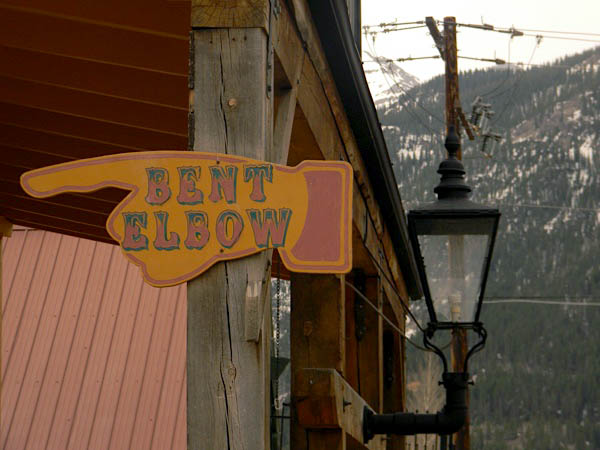
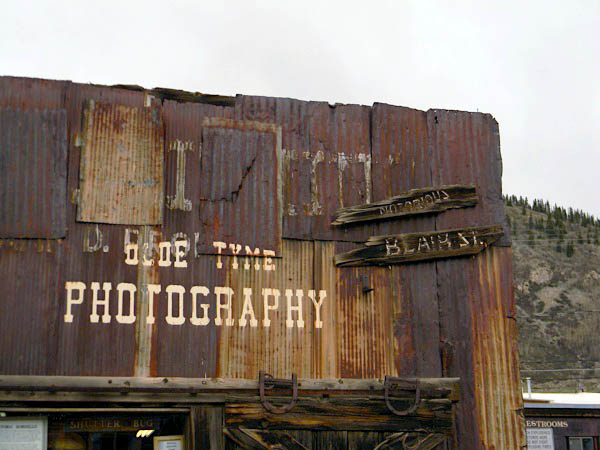
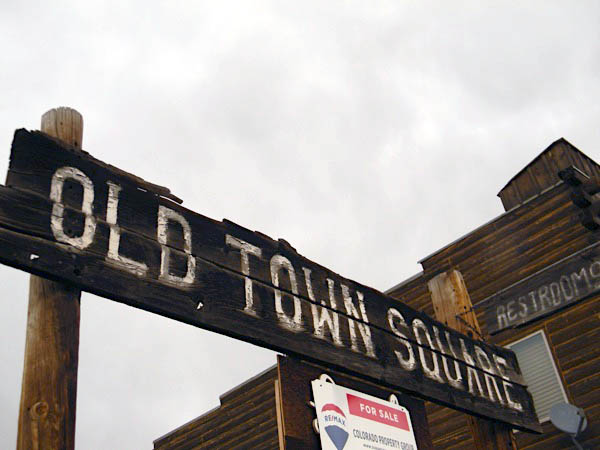
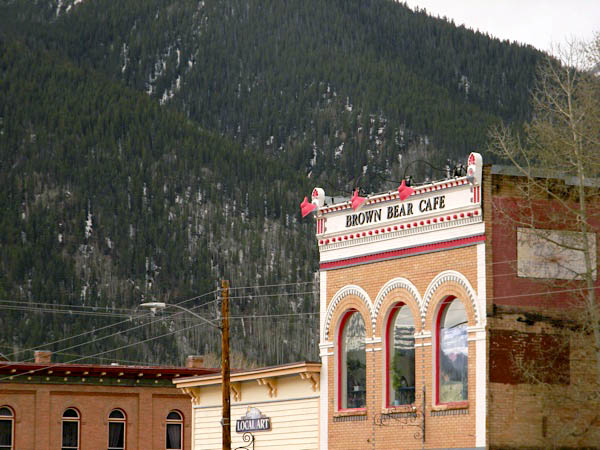
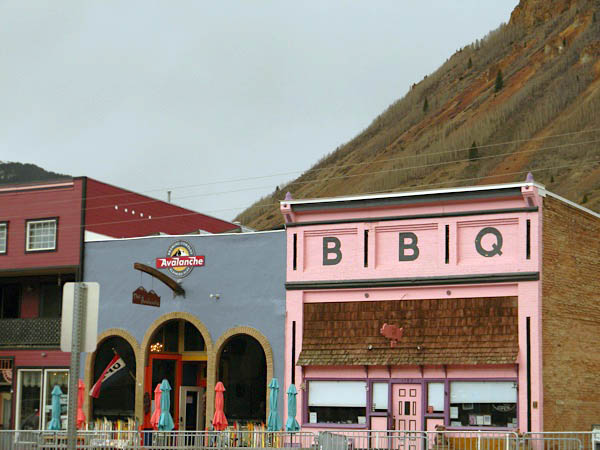
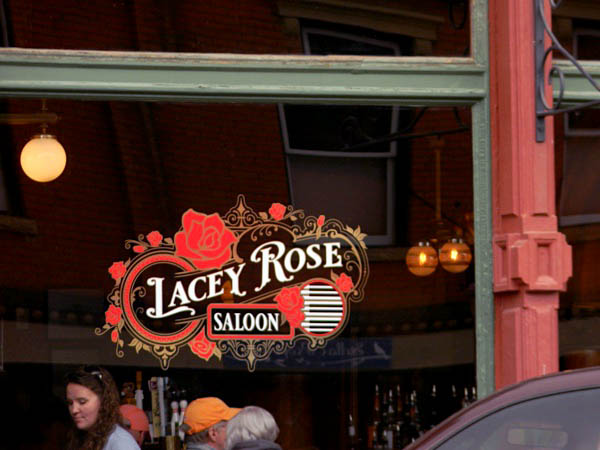
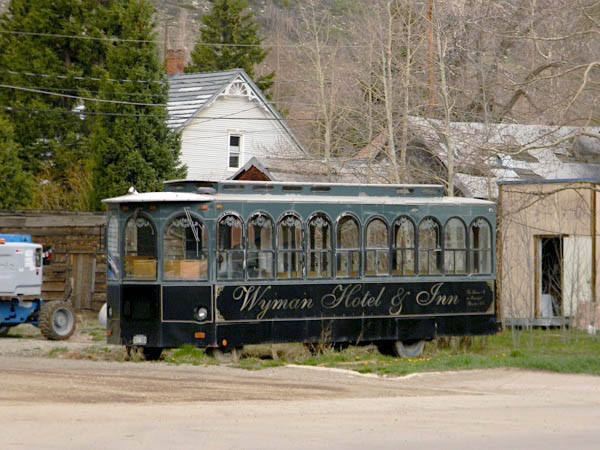
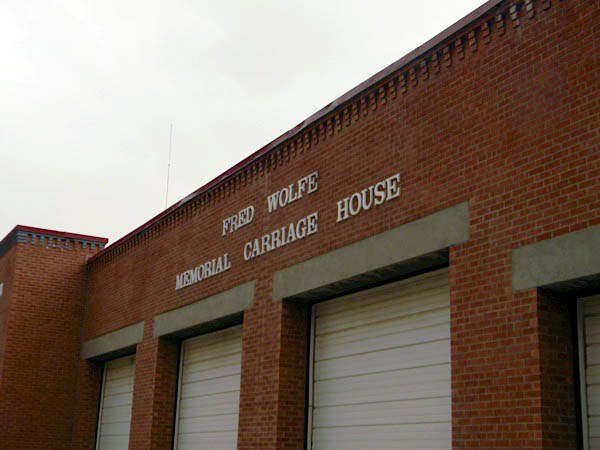
Silverton, Co / May 2023 / ETH
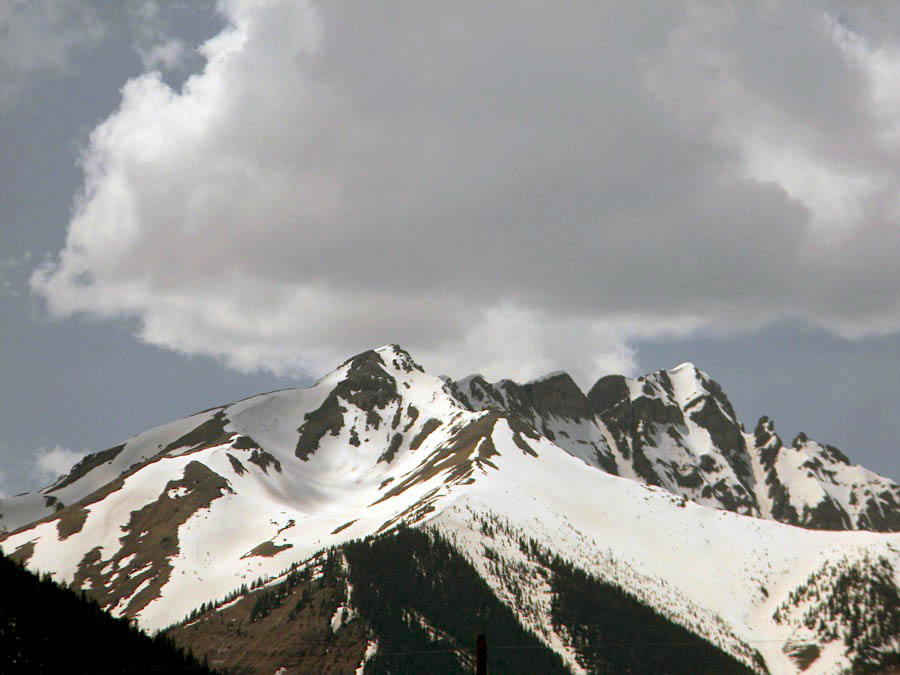
Silverton, Co / May 2023 / ETH
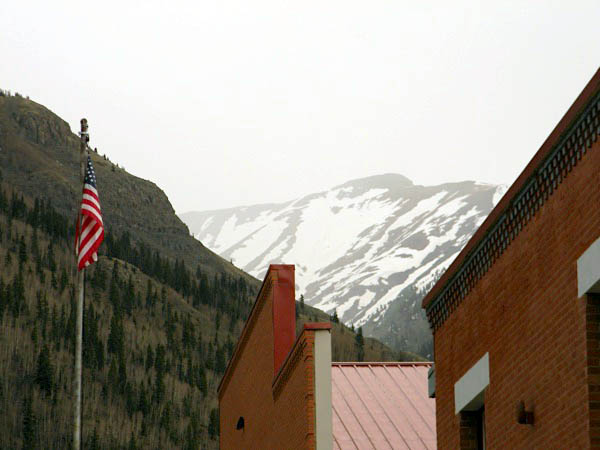
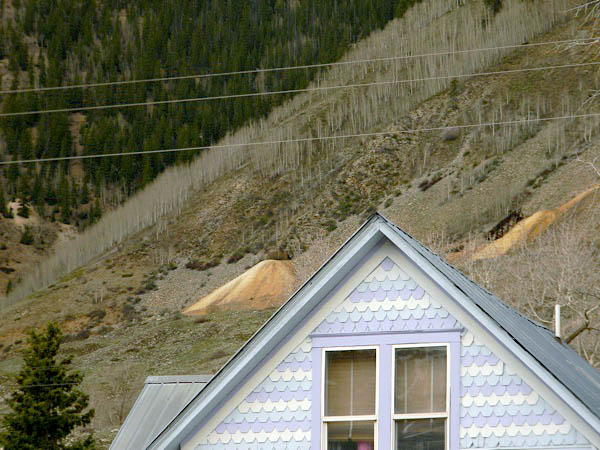
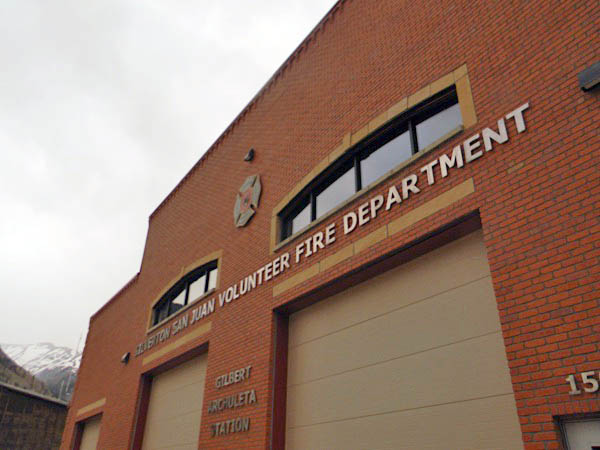
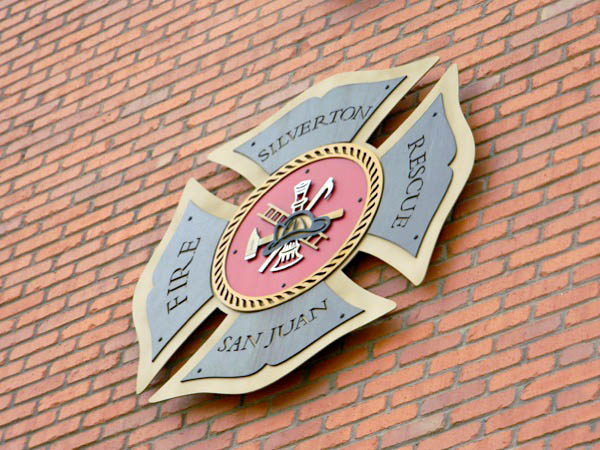
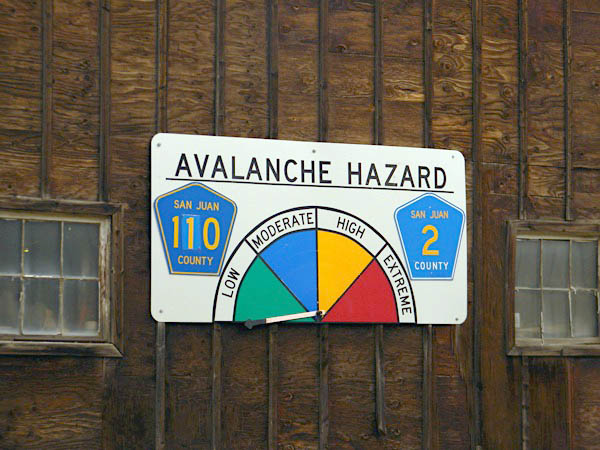
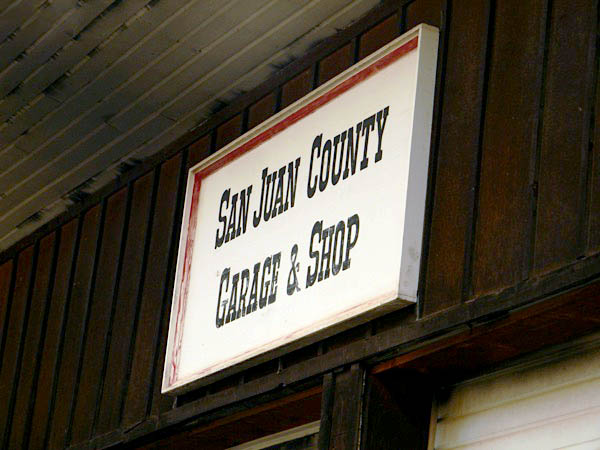
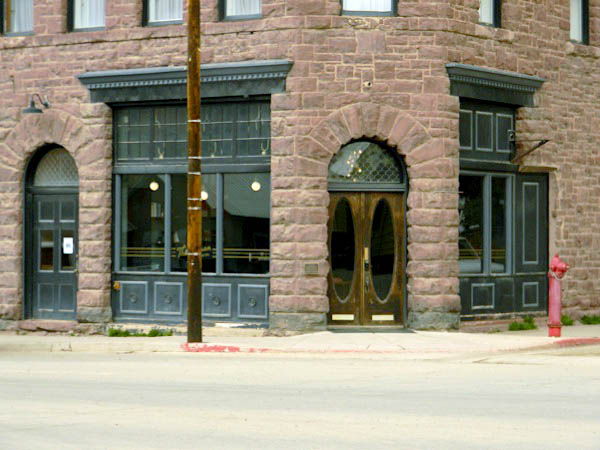
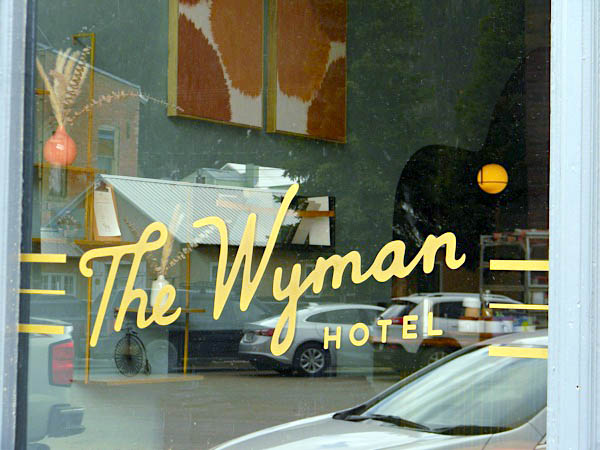
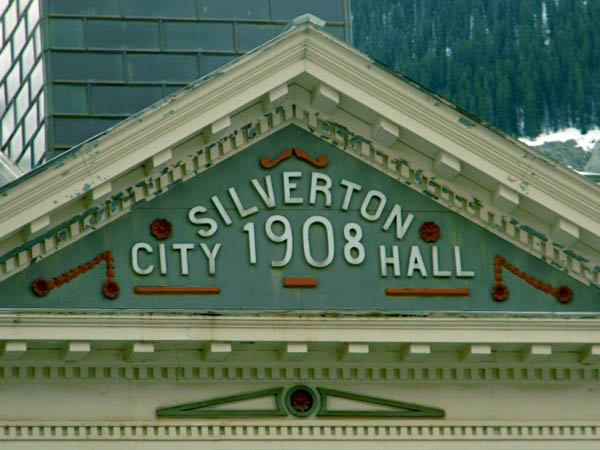
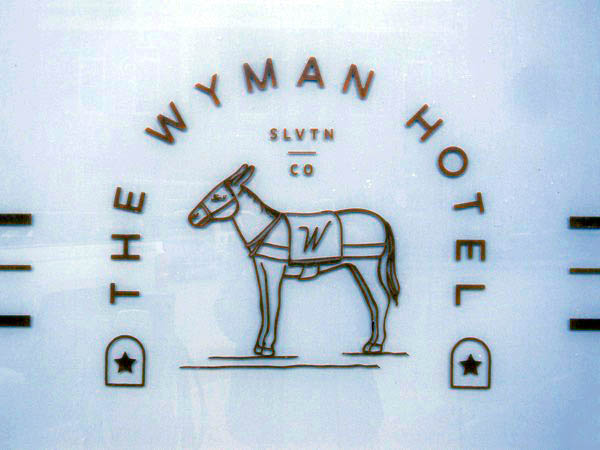
Silverton, Co / May 2023 / ETH
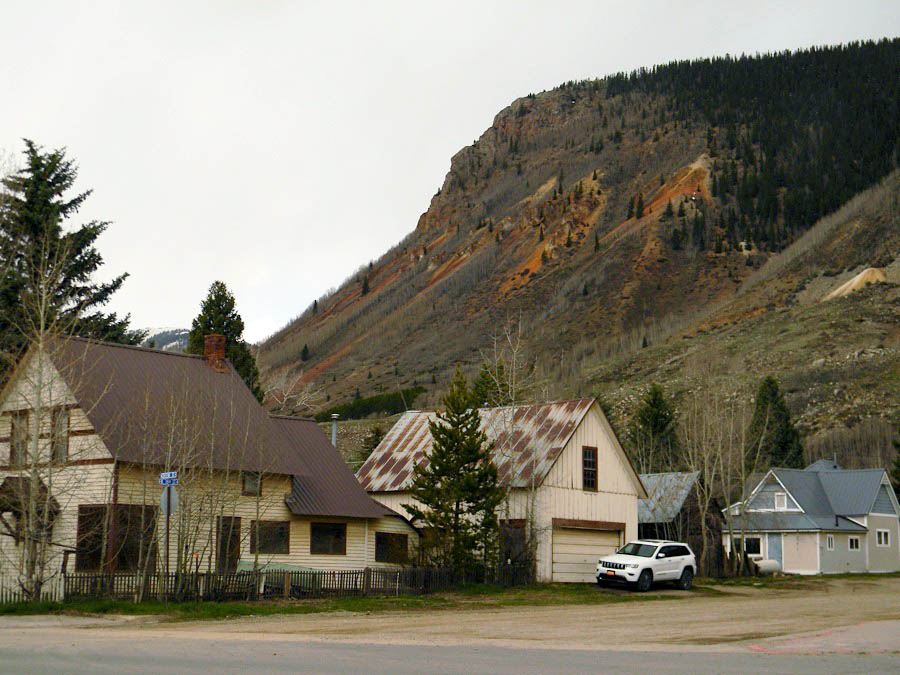
Silverton, Co / May 2023 / ETH
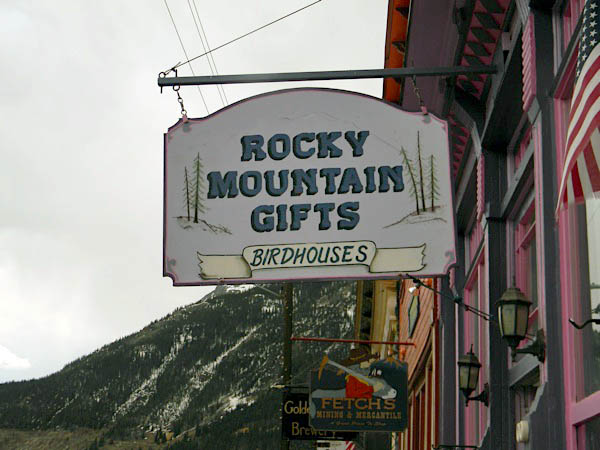
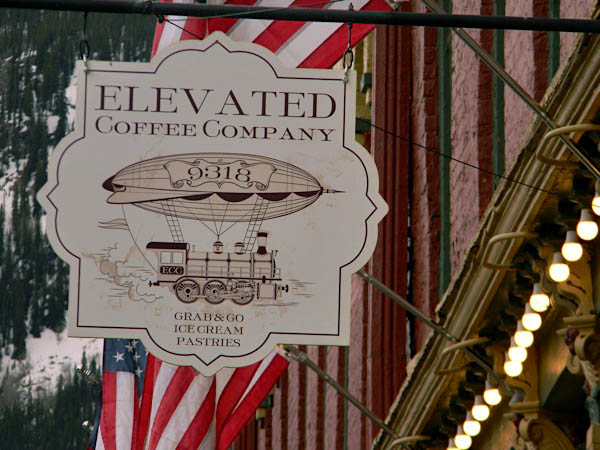
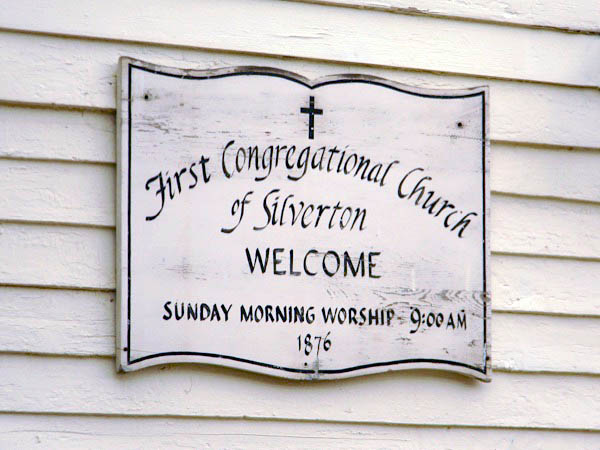
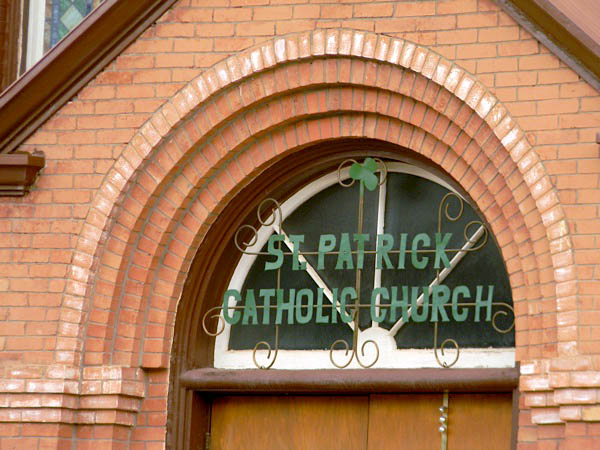
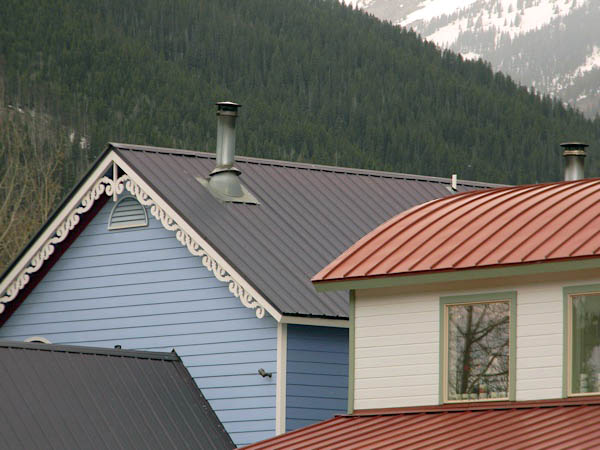
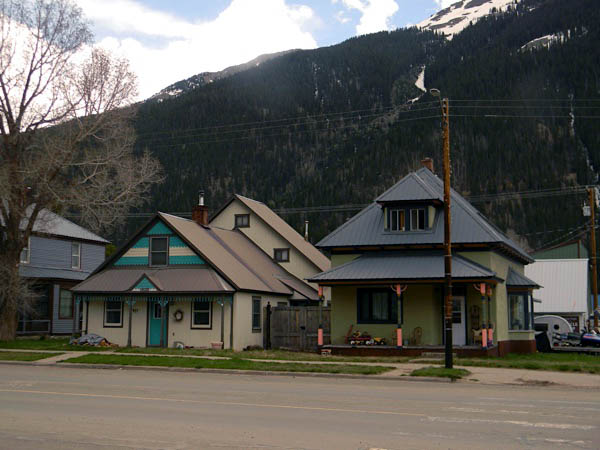
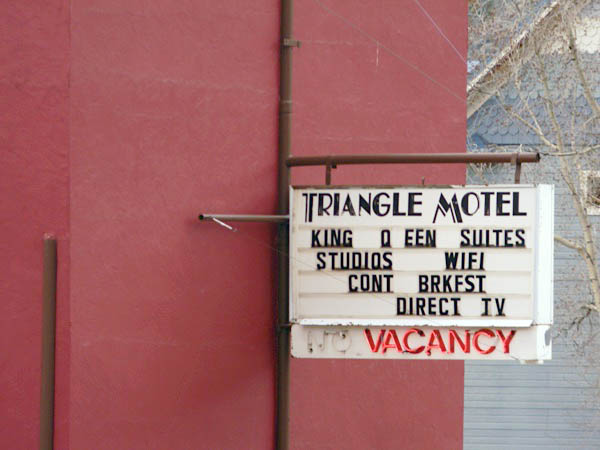
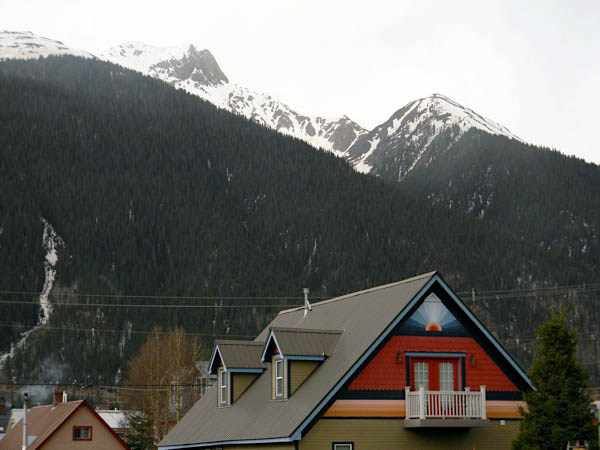
Silverton, Co / May 2023 / ETH

See also Ella's complete Extra Board image collection in Lagniappe
 Railroad Park
Railroad Park
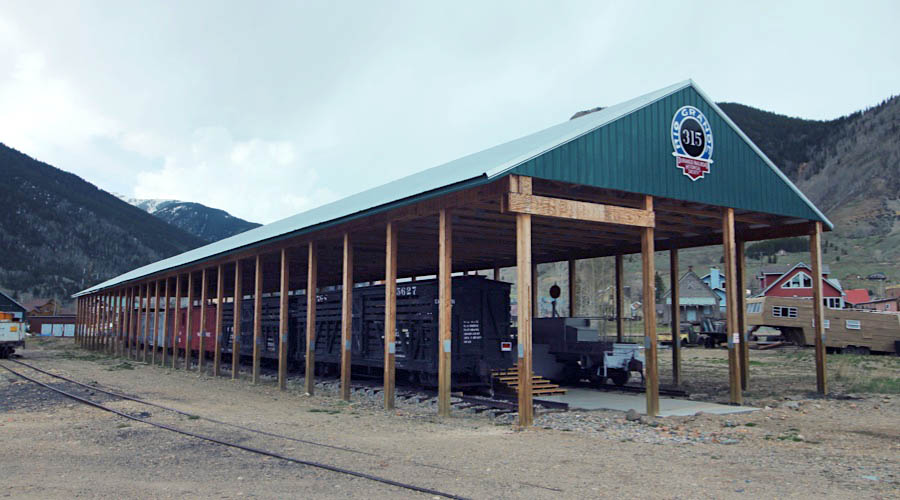
Silverton, Co / May 2023 / RWH

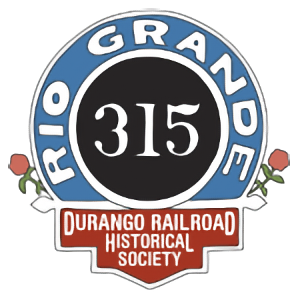 When the Durango & Silverton sold the north rail yard, between College (6th) Street and 12th Street [in Durango], except for its main line, our hopes for displaying our restored railcars in Durango disappeared. After pursing several possible sites along the Durango & Silverton track in and north of Durango, the solution came via a joint vision of Durango Railroad Historical Society and the San Juan County Historical Society (SJCHS) to create the Silverton Historical Railroad Park.
When the Durango & Silverton sold the north rail yard, between College (6th) Street and 12th Street [in Durango], except for its main line, our hopes for displaying our restored railcars in Durango disappeared. After pursing several possible sites along the Durango & Silverton track in and north of Durango, the solution came via a joint vision of Durango Railroad Historical Society and the San Juan County Historical Society (SJCHS) to create the Silverton Historical Railroad Park.
The Park is centered on the Silverton Northern engine house, oil shed, and track. Additional tracks will be added for displaying up to a dozen railcars and their interpretive signs. The Silverton Northern oil shed will be reconstructed and rehabilitated for practical use by DRHS and SJCHS.
The Durango Railroad Historical Society and the San Juan County Historical Society are the principal partners. Other partners are the Town of Silverton (permission to place track on the Cement Street right of way), Durango & Silverton Narrow Gauge Railroad (permission to connect to their track and an easement for two display tracks and car shed on their property), Galloping Goose Society of Dolores (permanent loan of track and ties), and City of Durango (first, permission to store Locomotive 315 in Silverton, then transfer ownership of the 315 to DRHS).

Click to see the Silverton Railroad Historical Park plotted on a Google Maps page
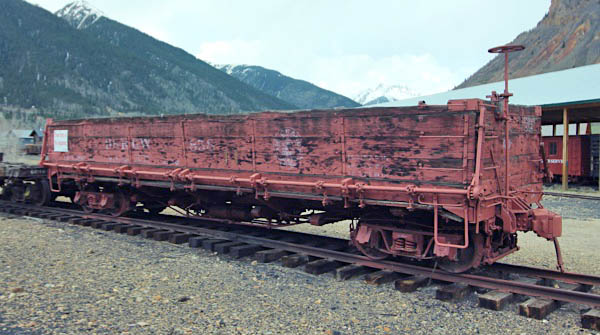
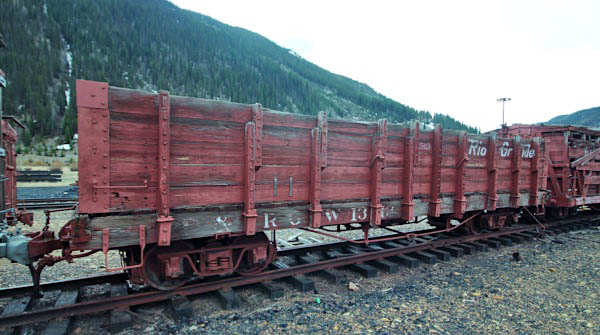
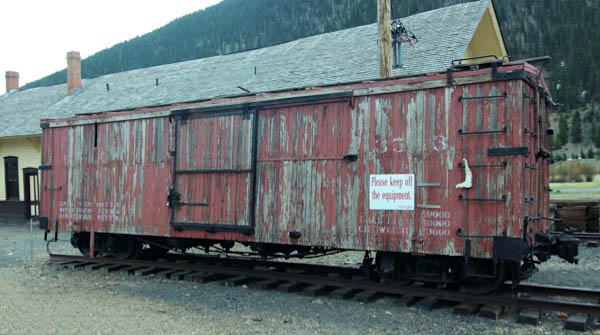
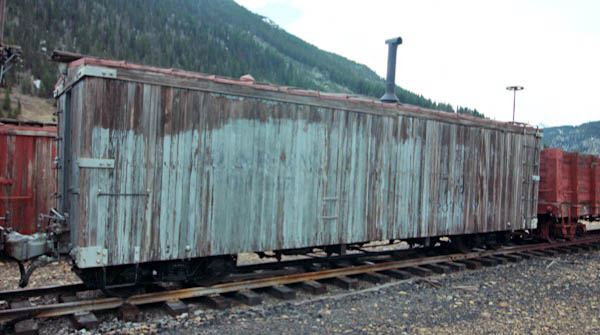
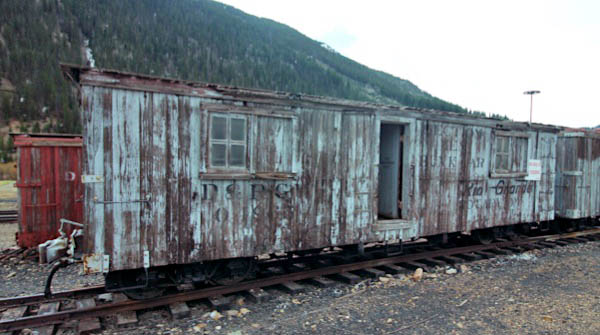
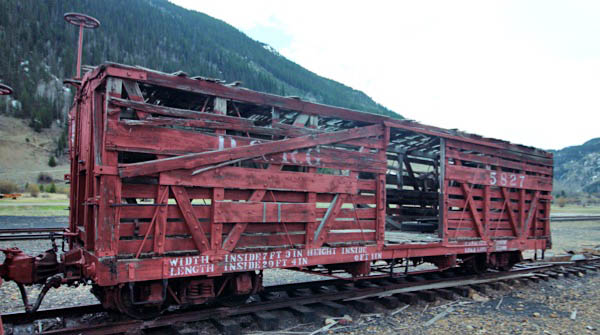
Silverton, Co / May 2023 / RWH

Check out the Durango Railroad Historical Society home page for more information
Silverton Snapshot

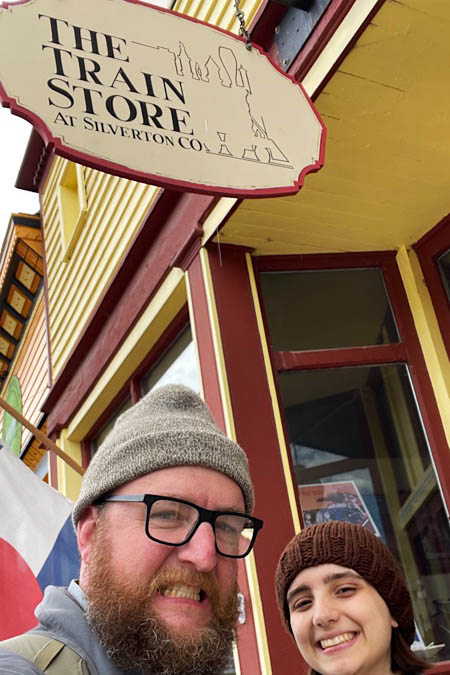
May 2023 / RWH
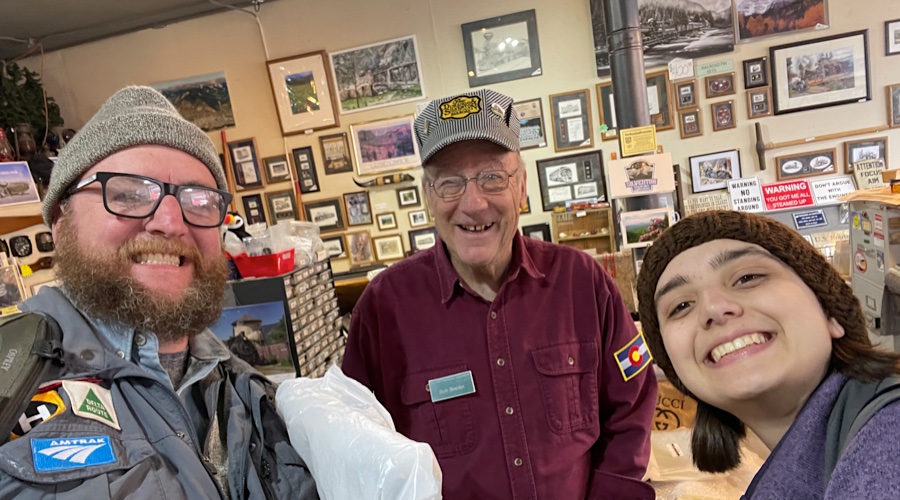
Silverton, Co / May 2023 / RWH
